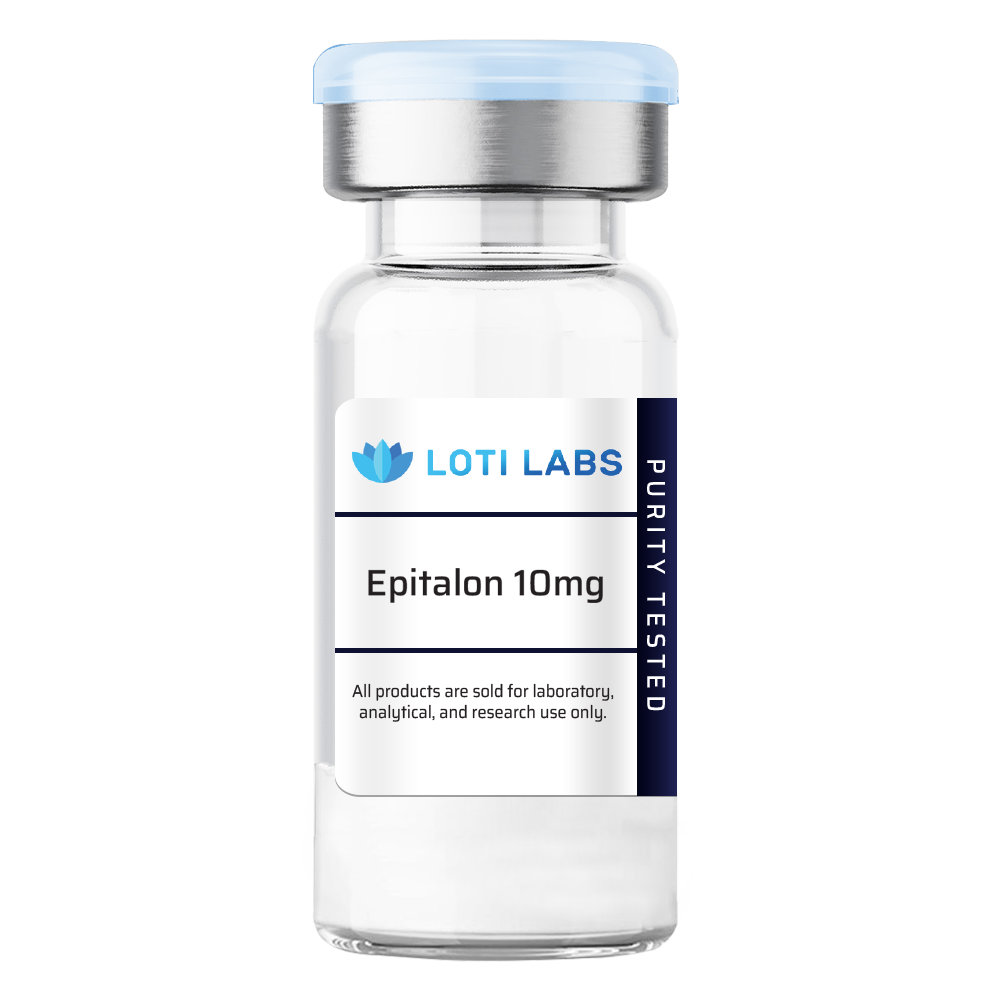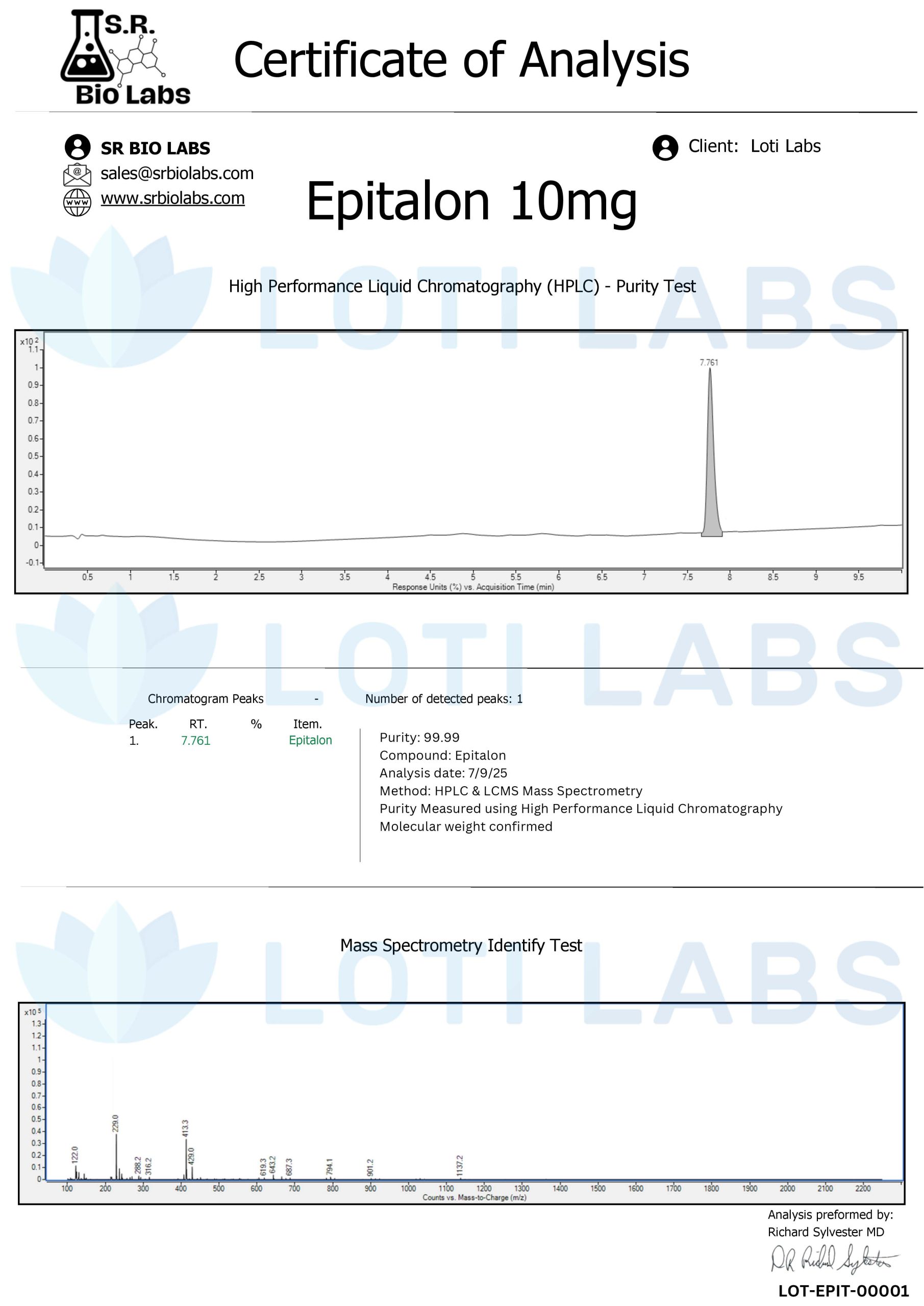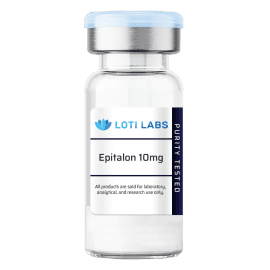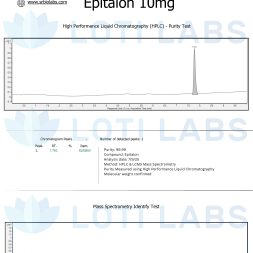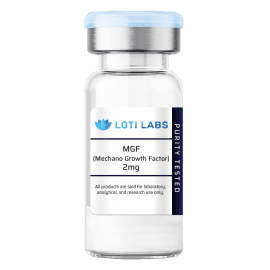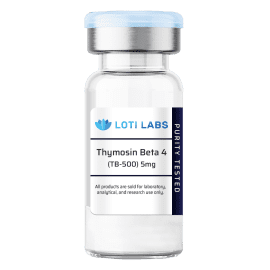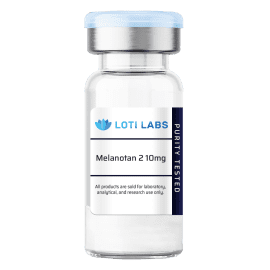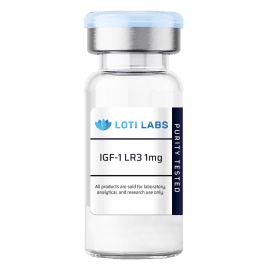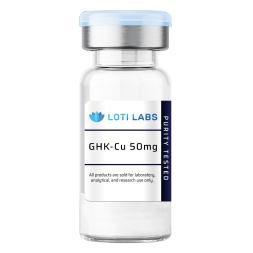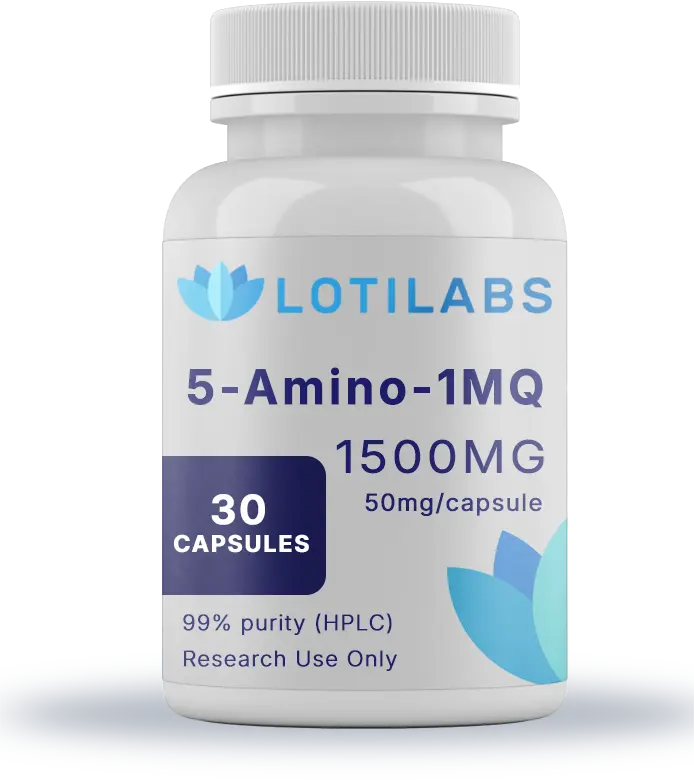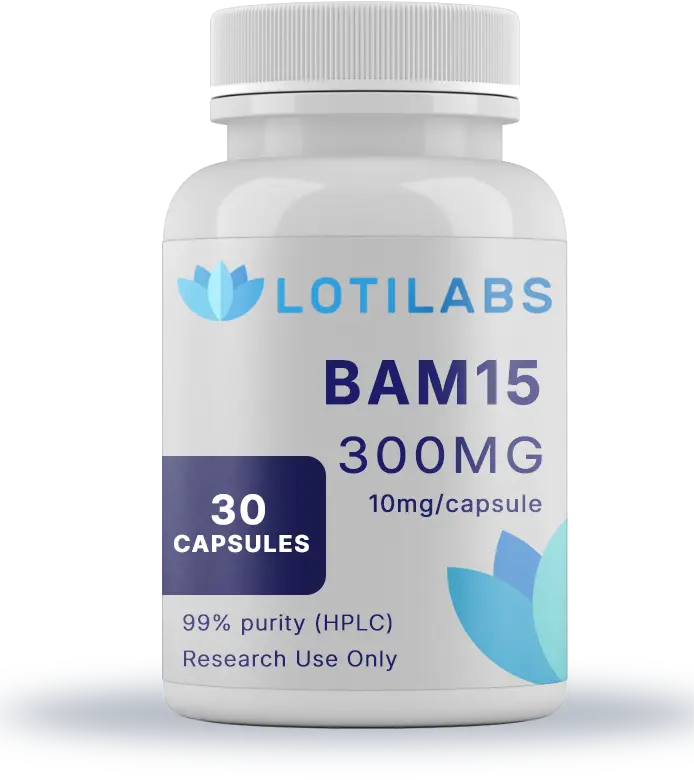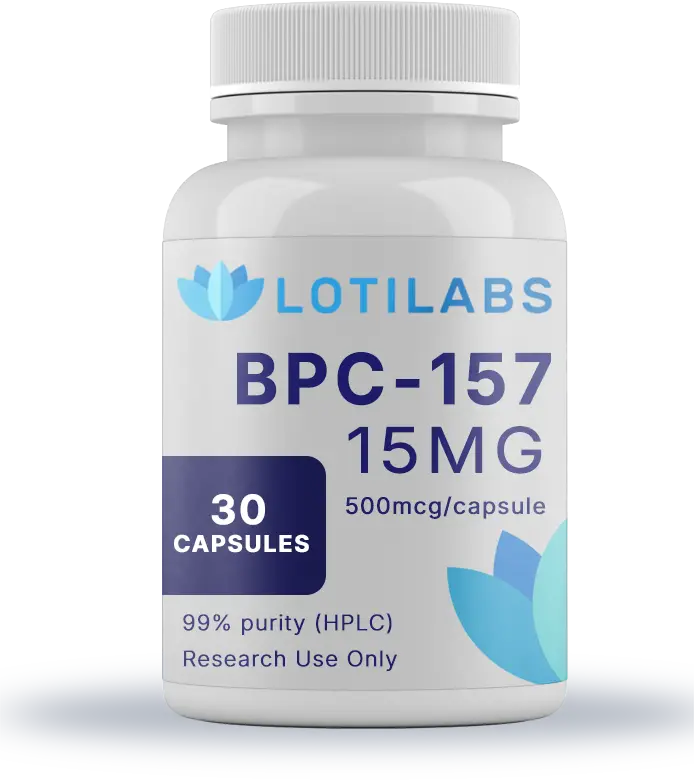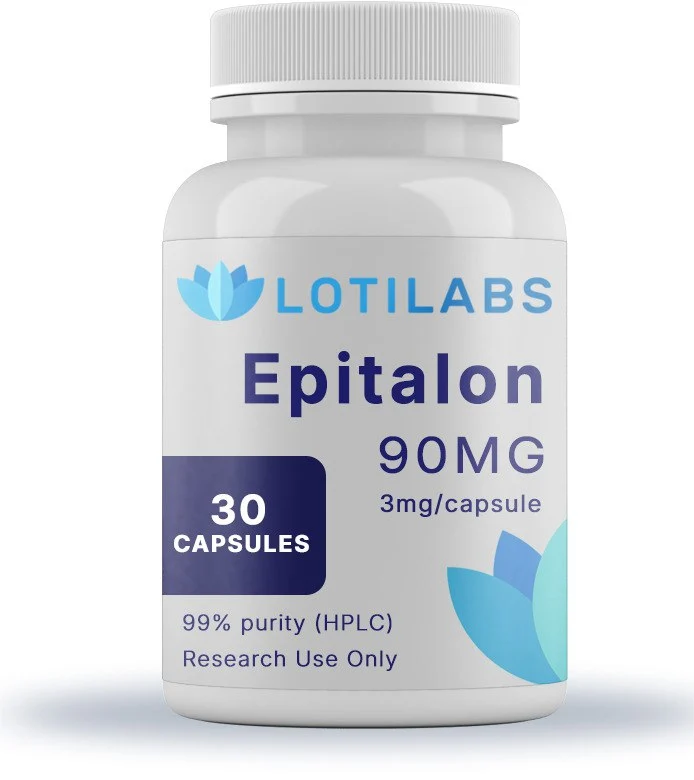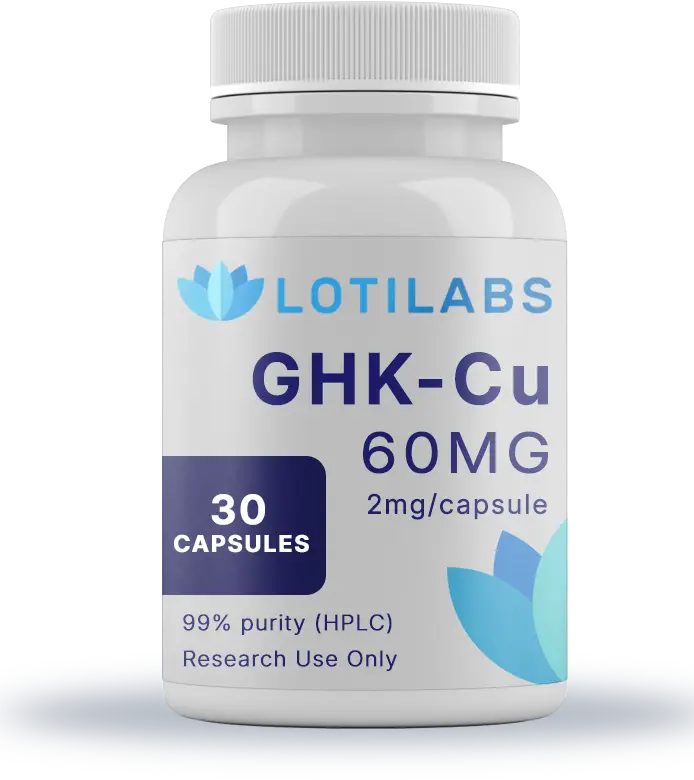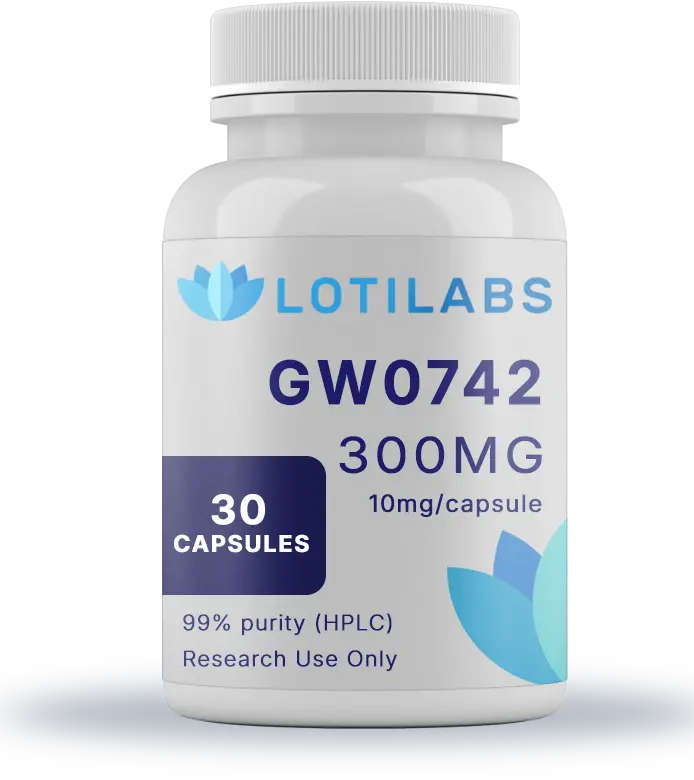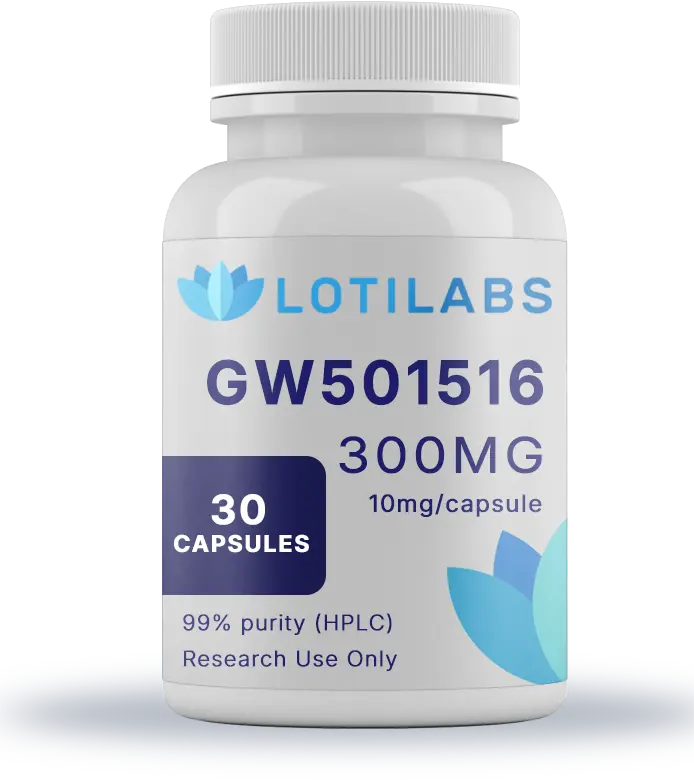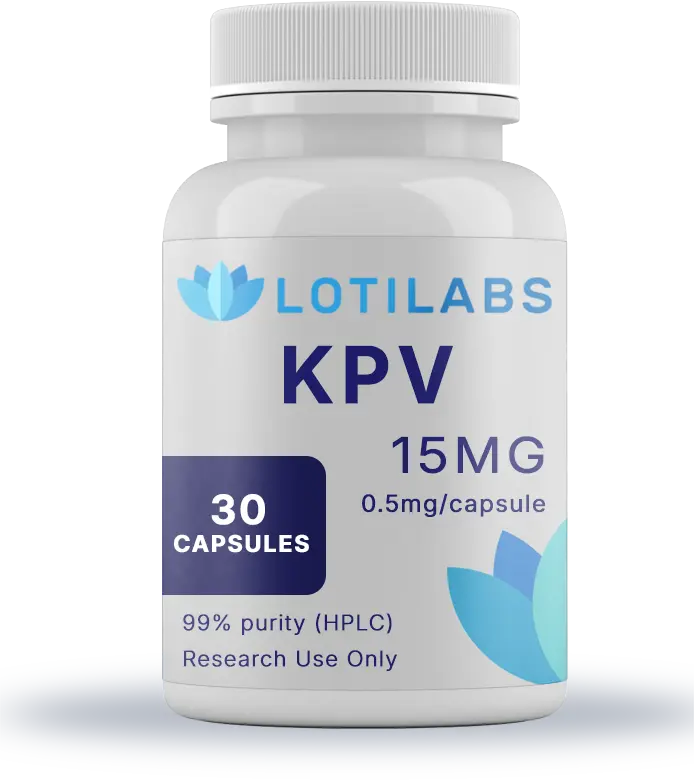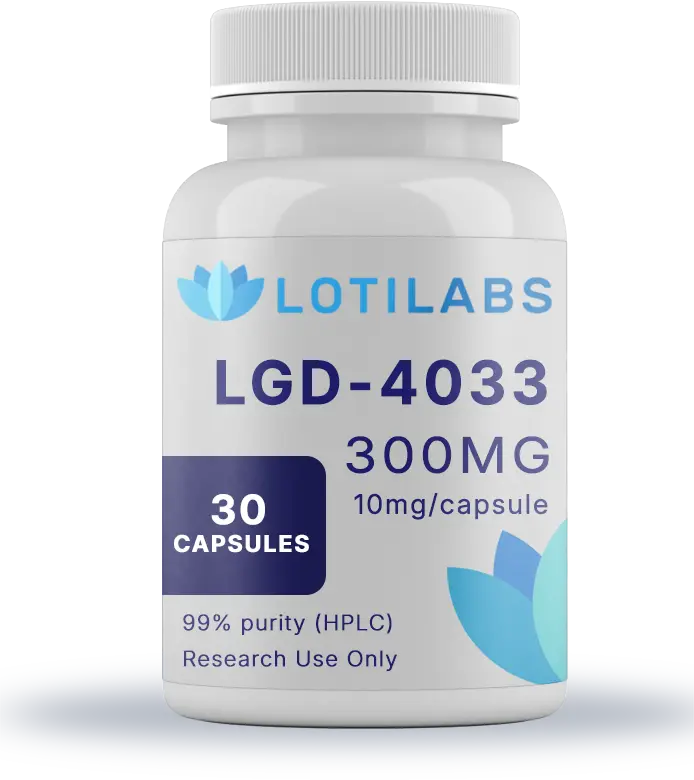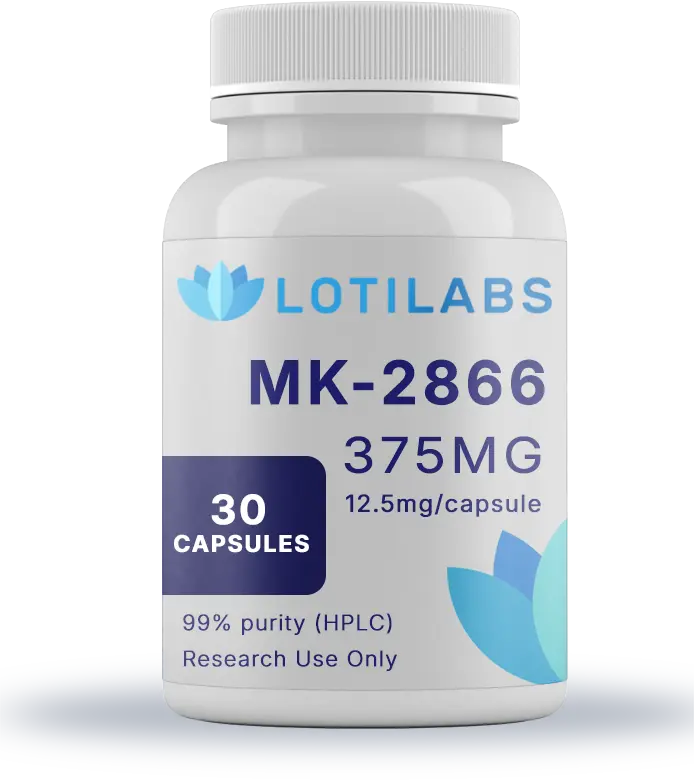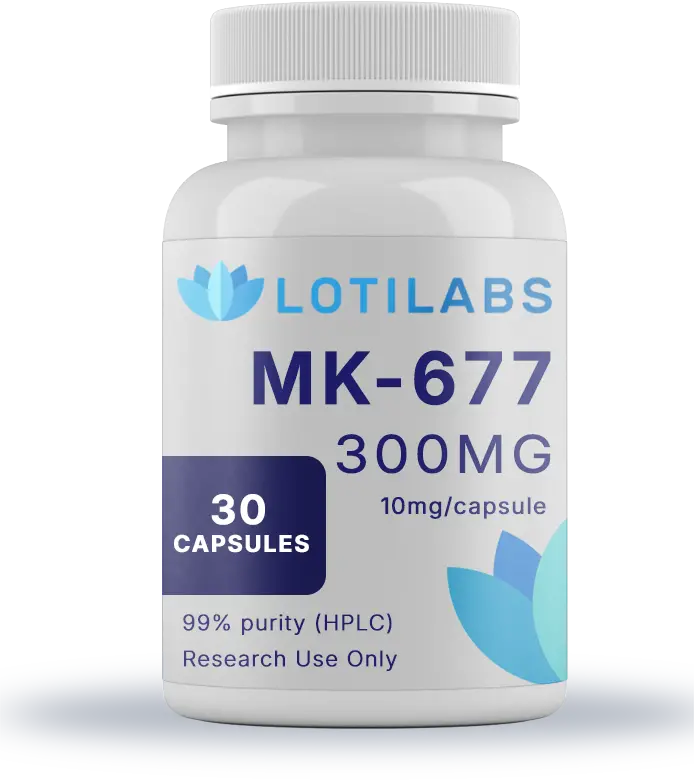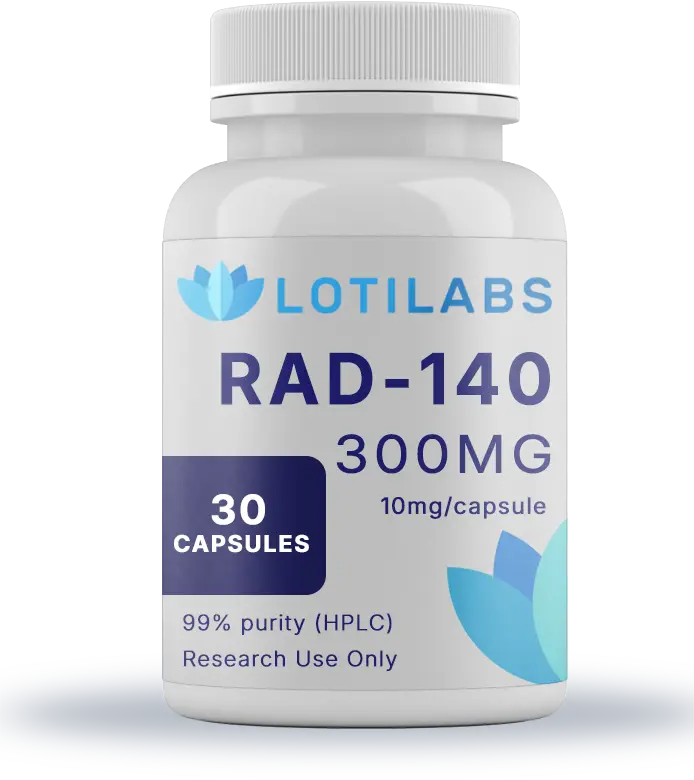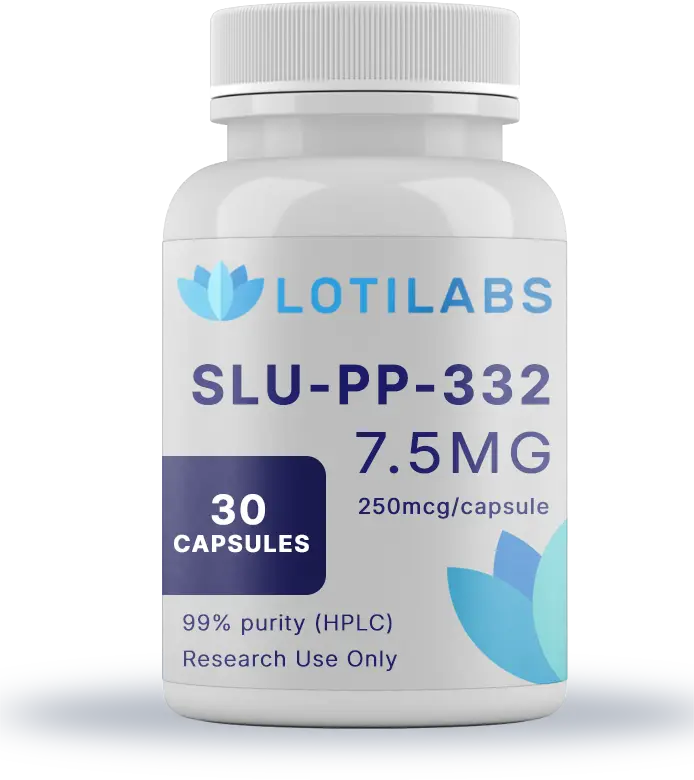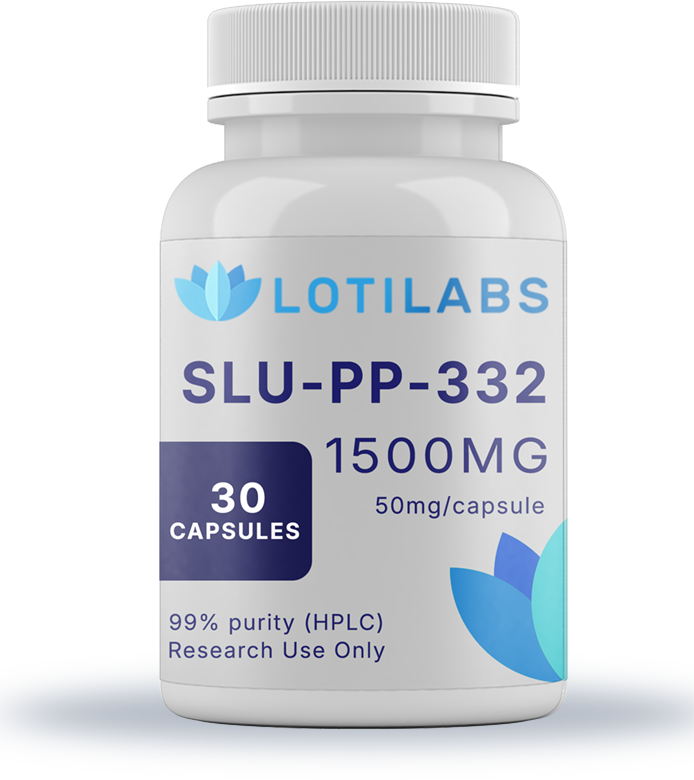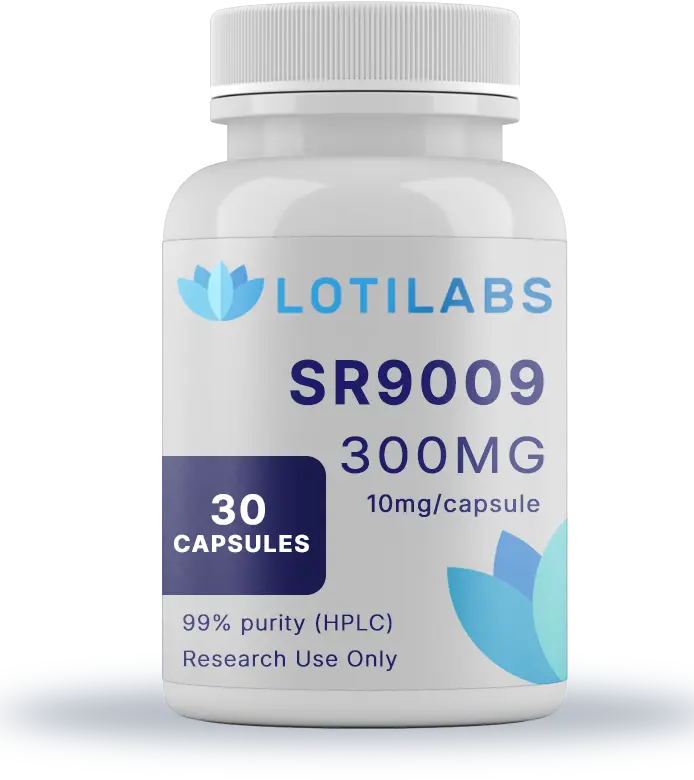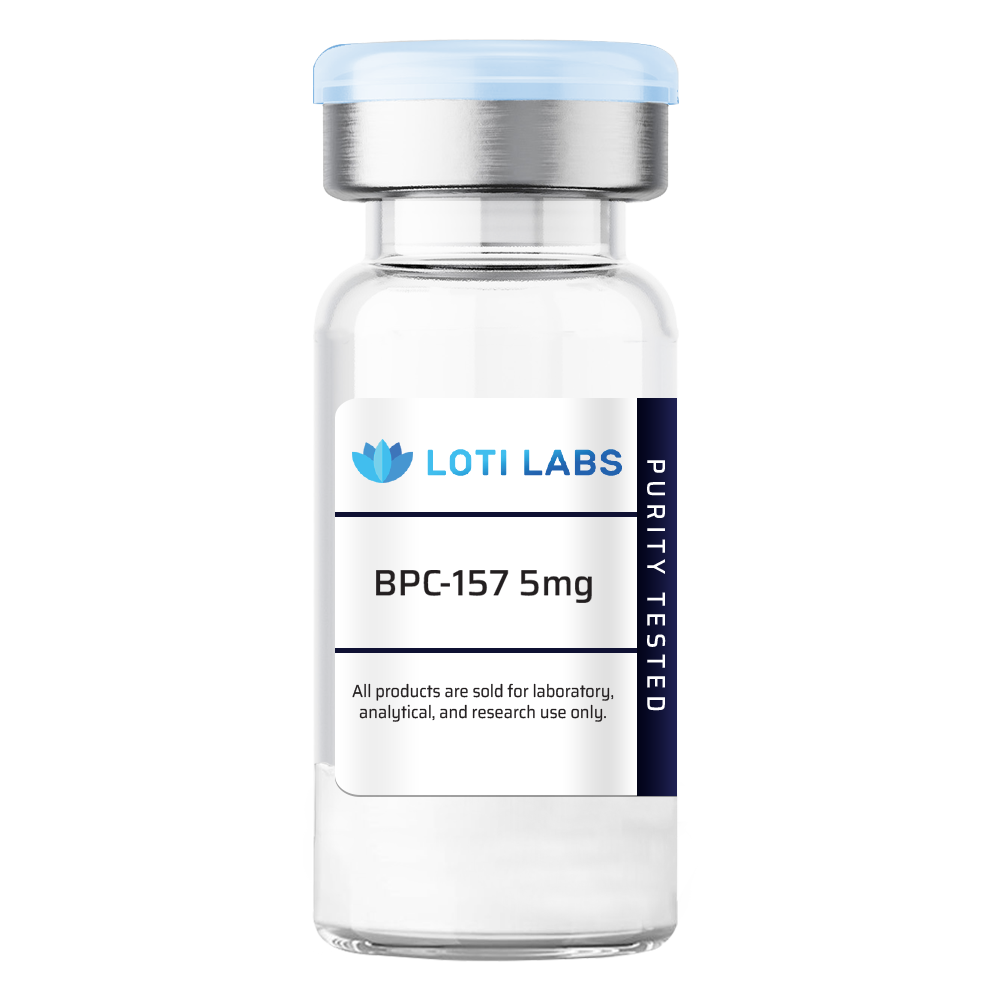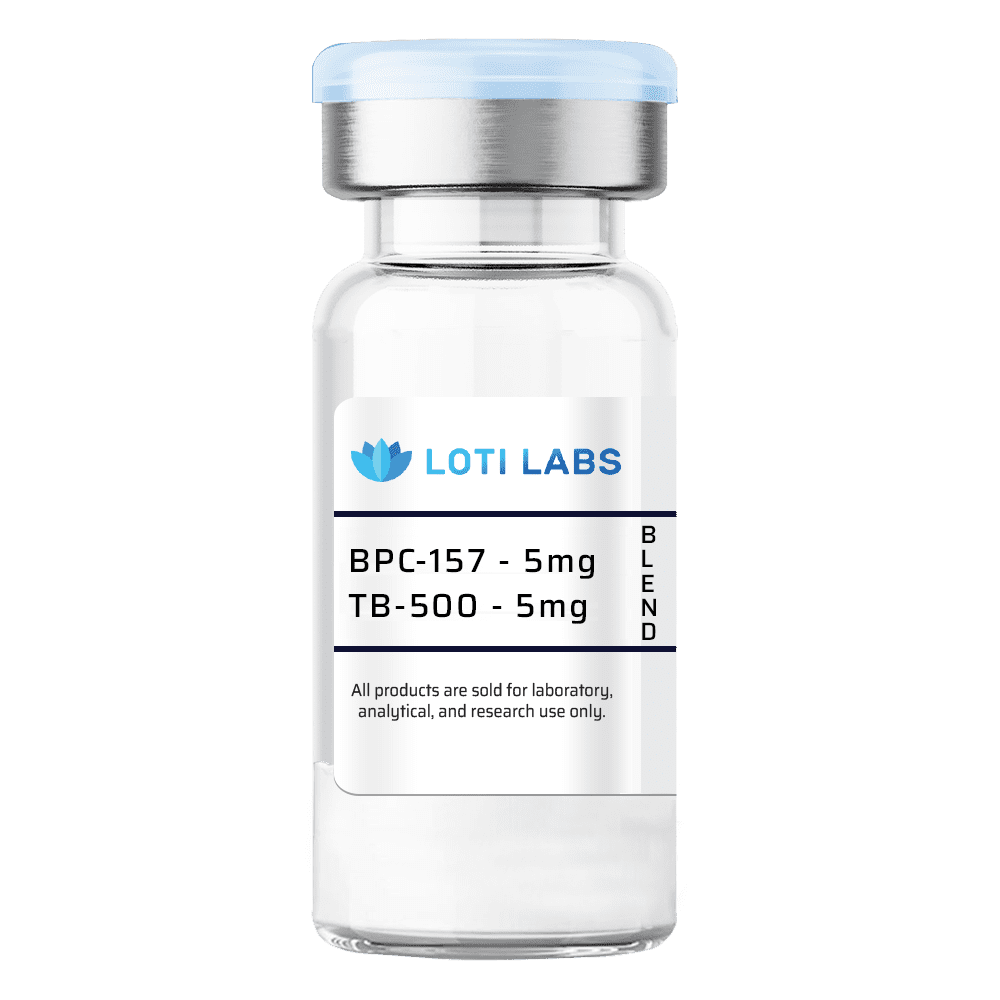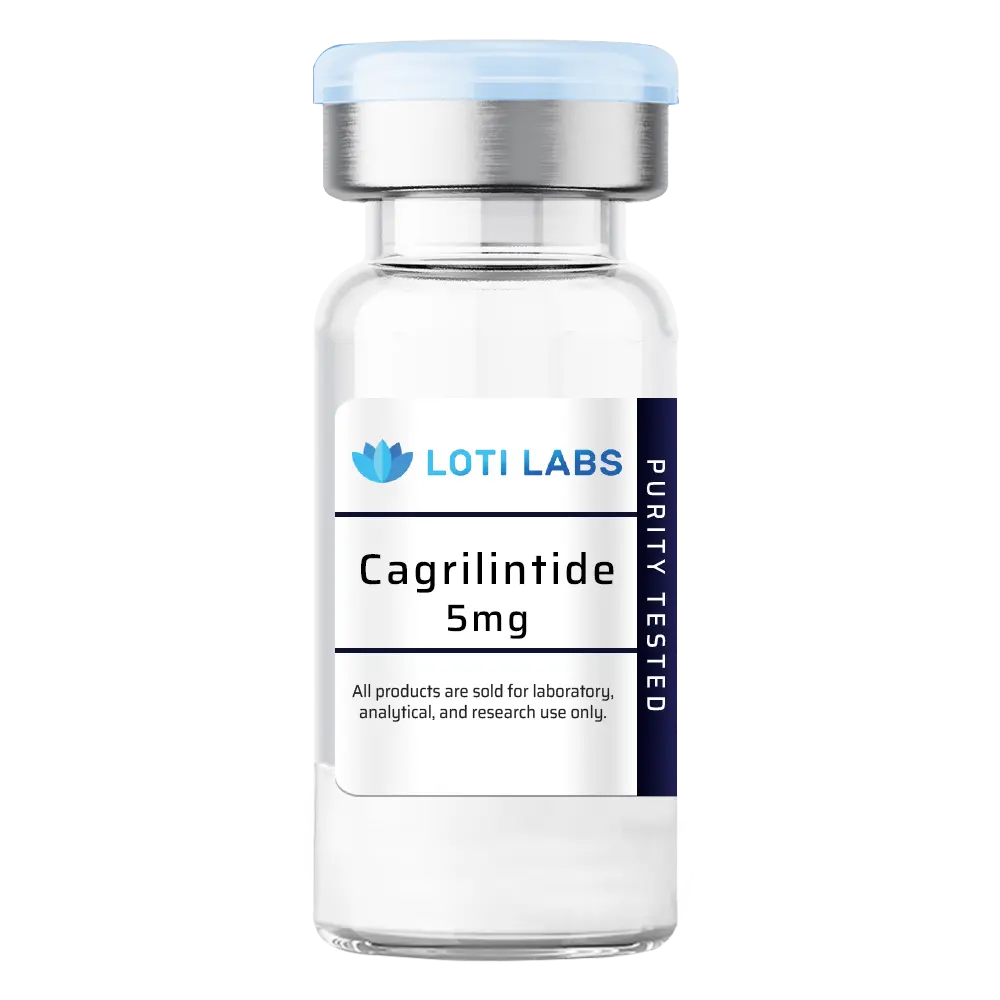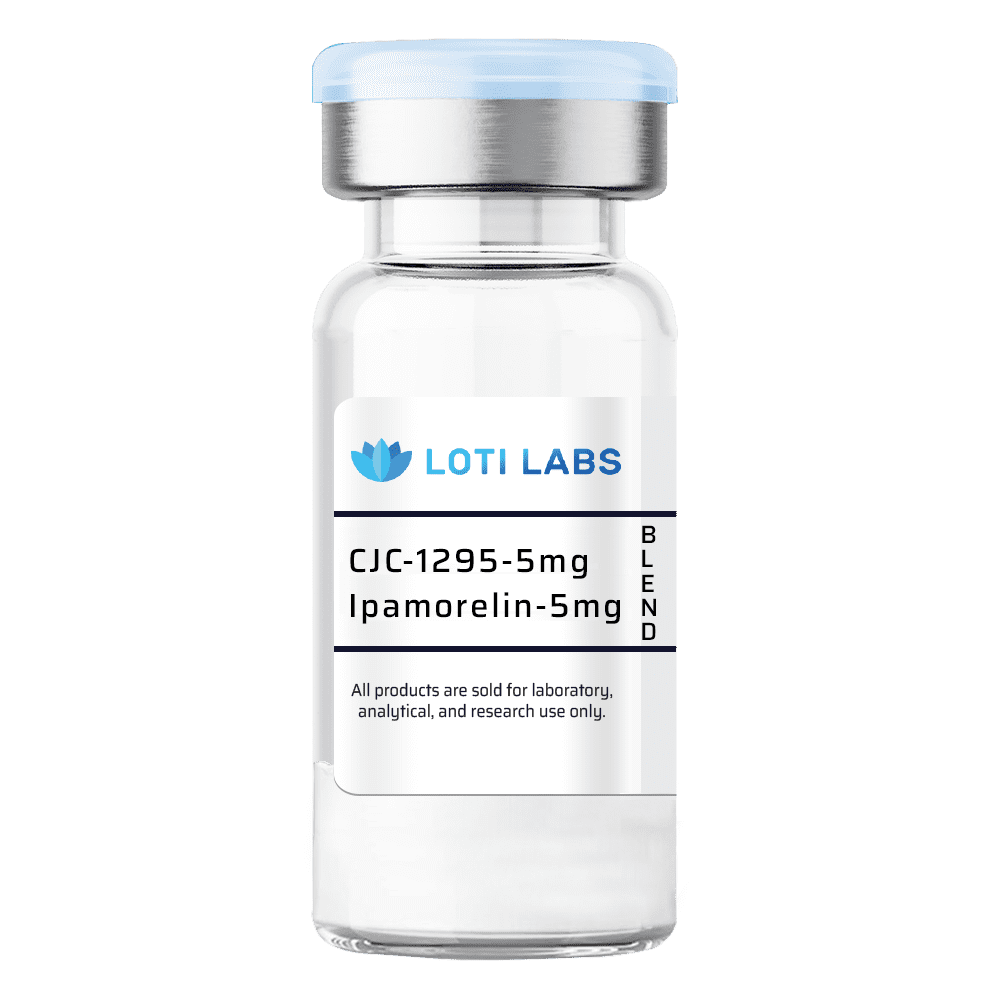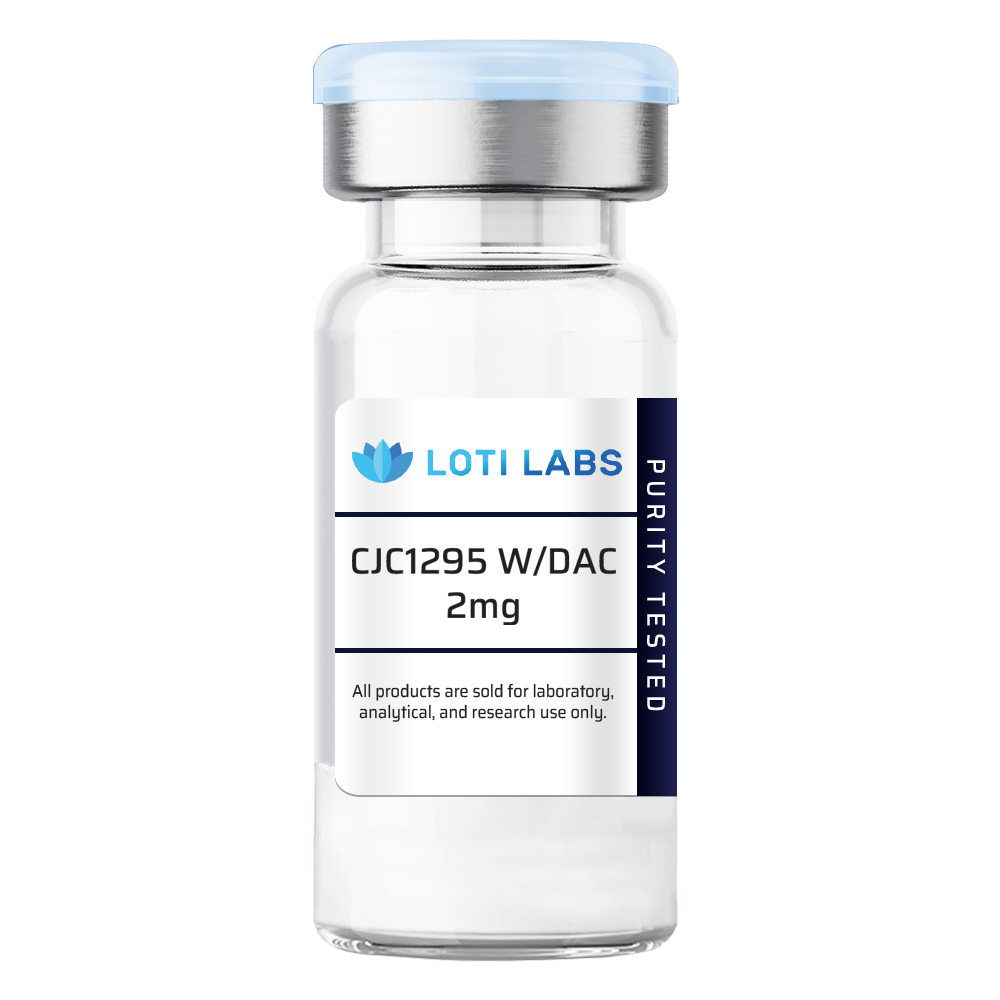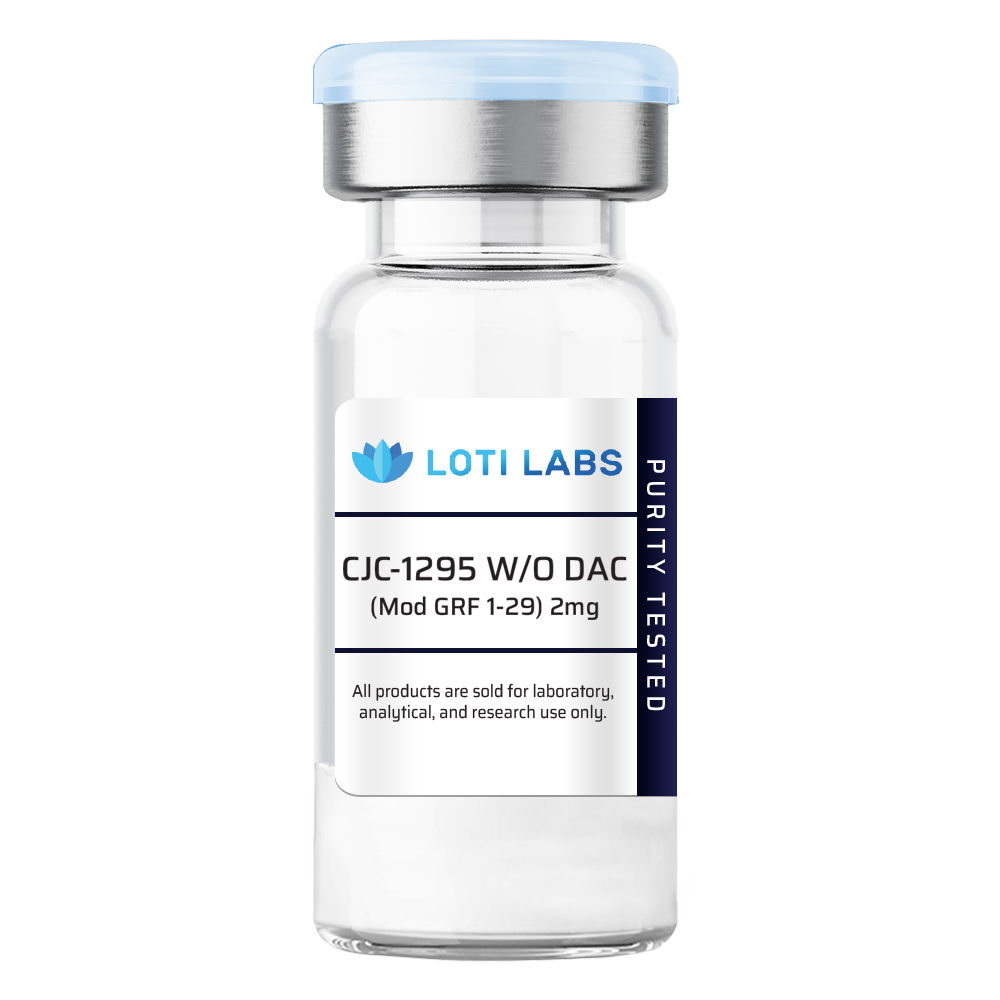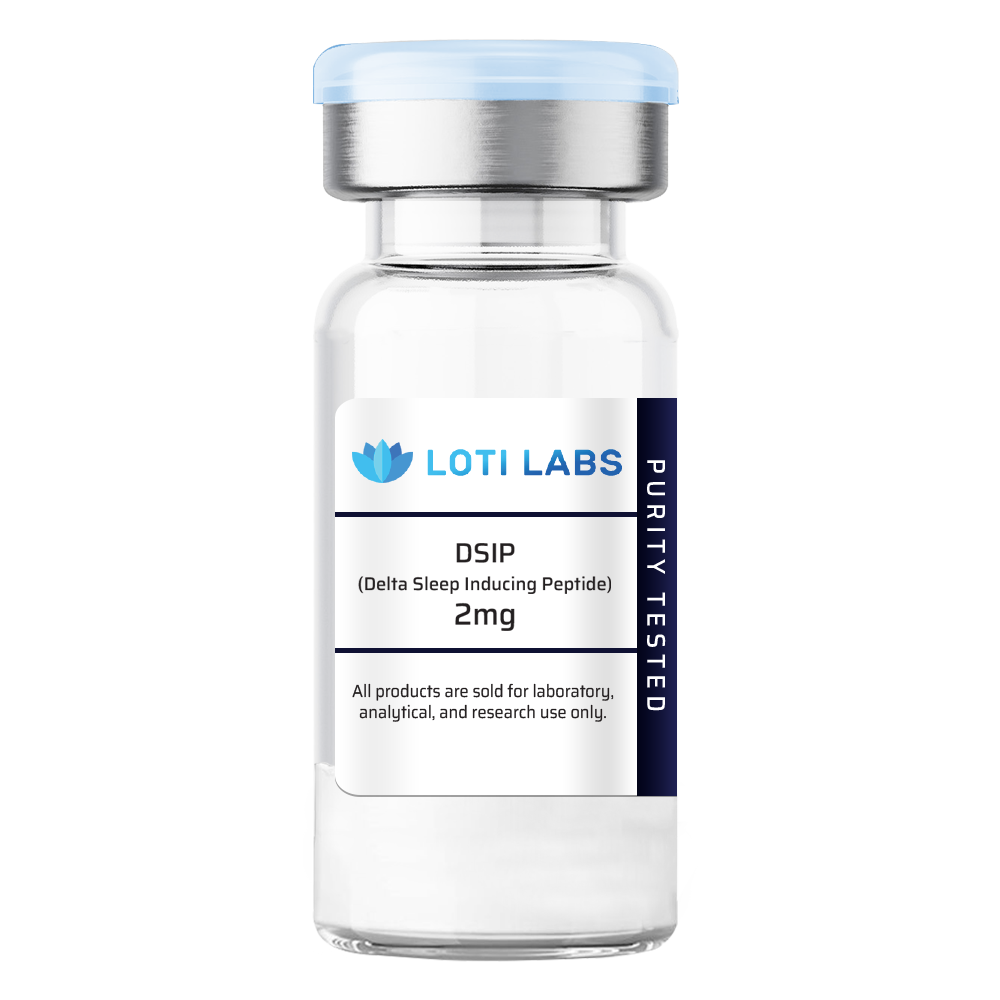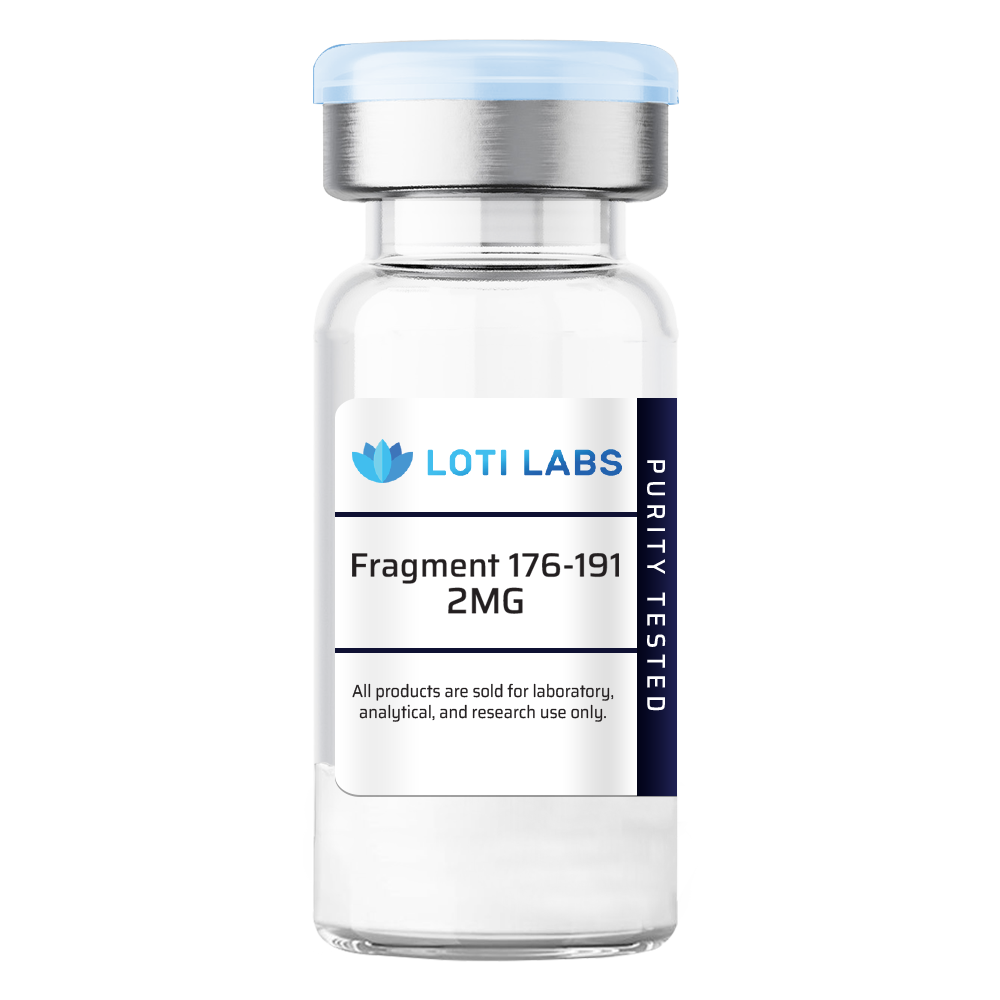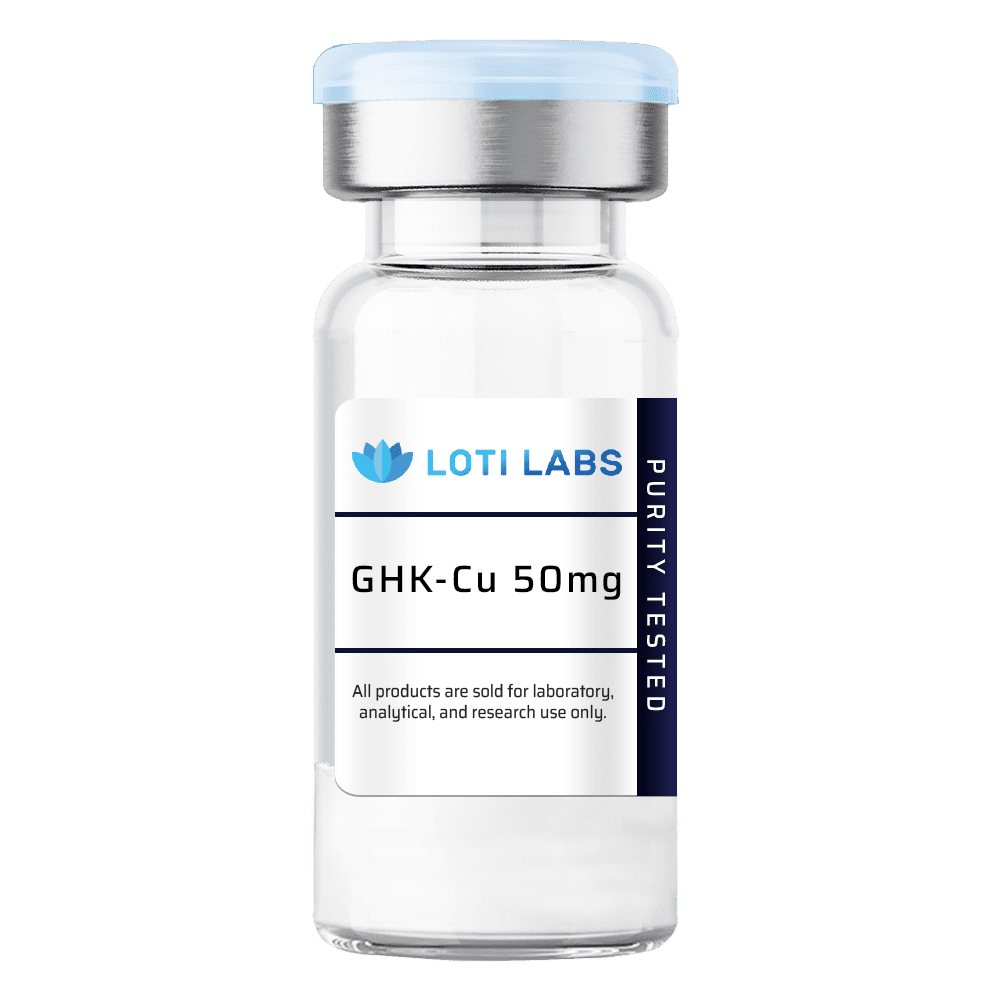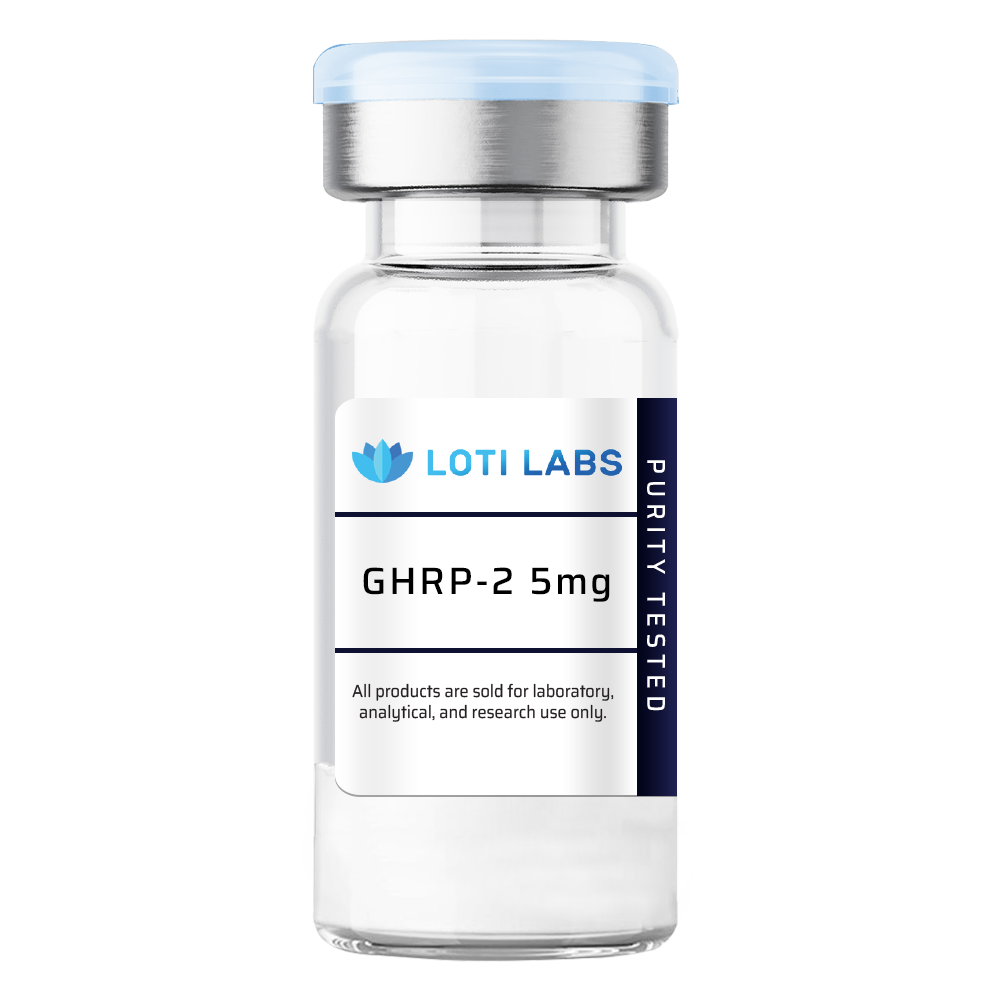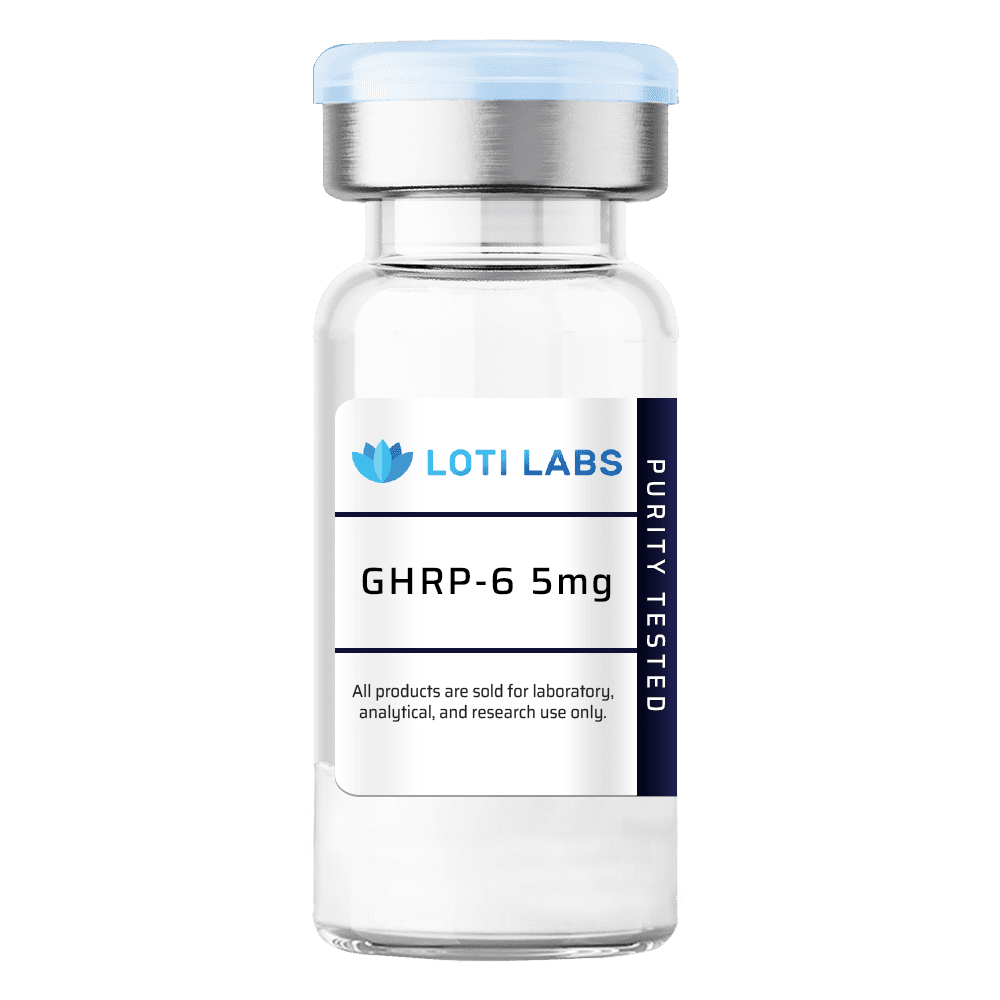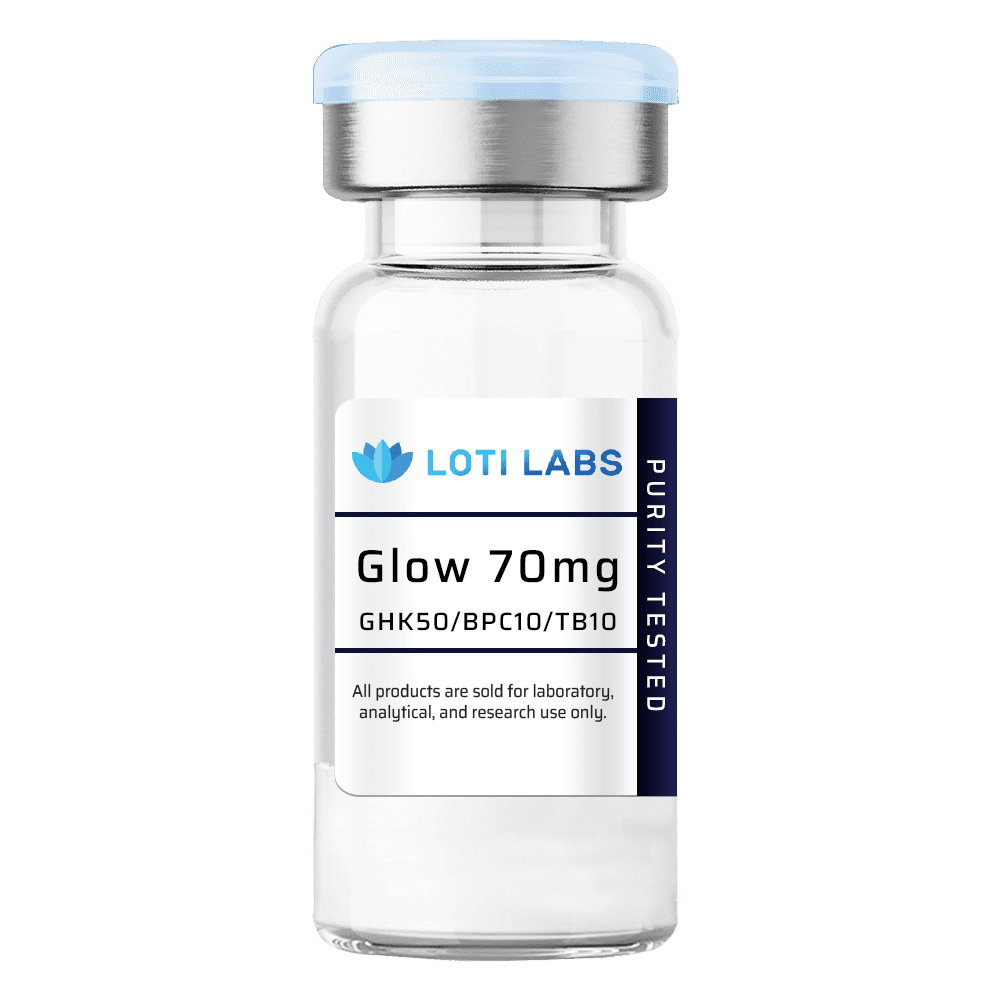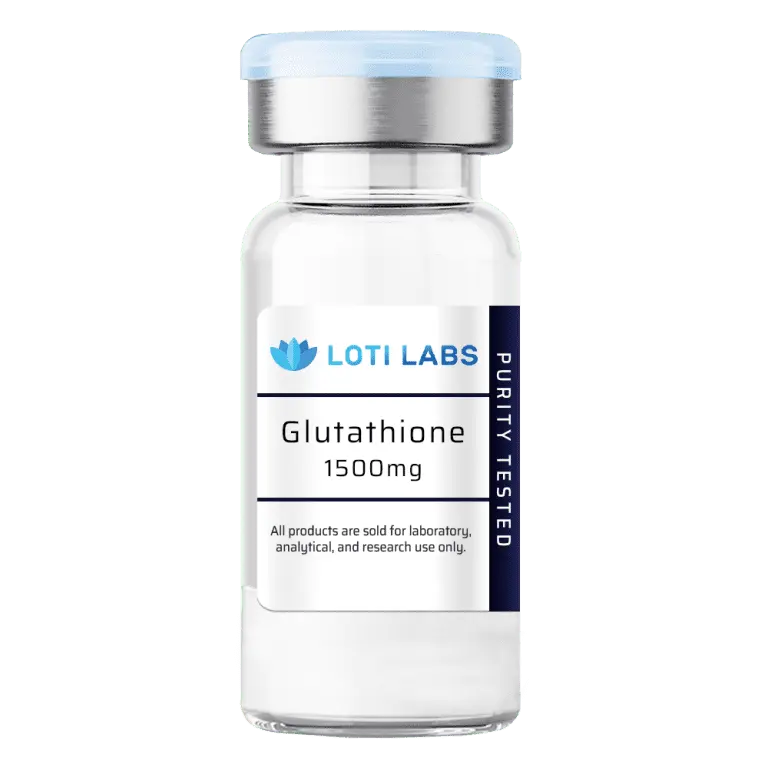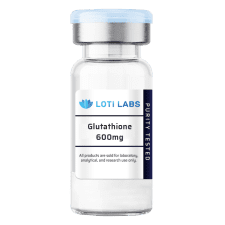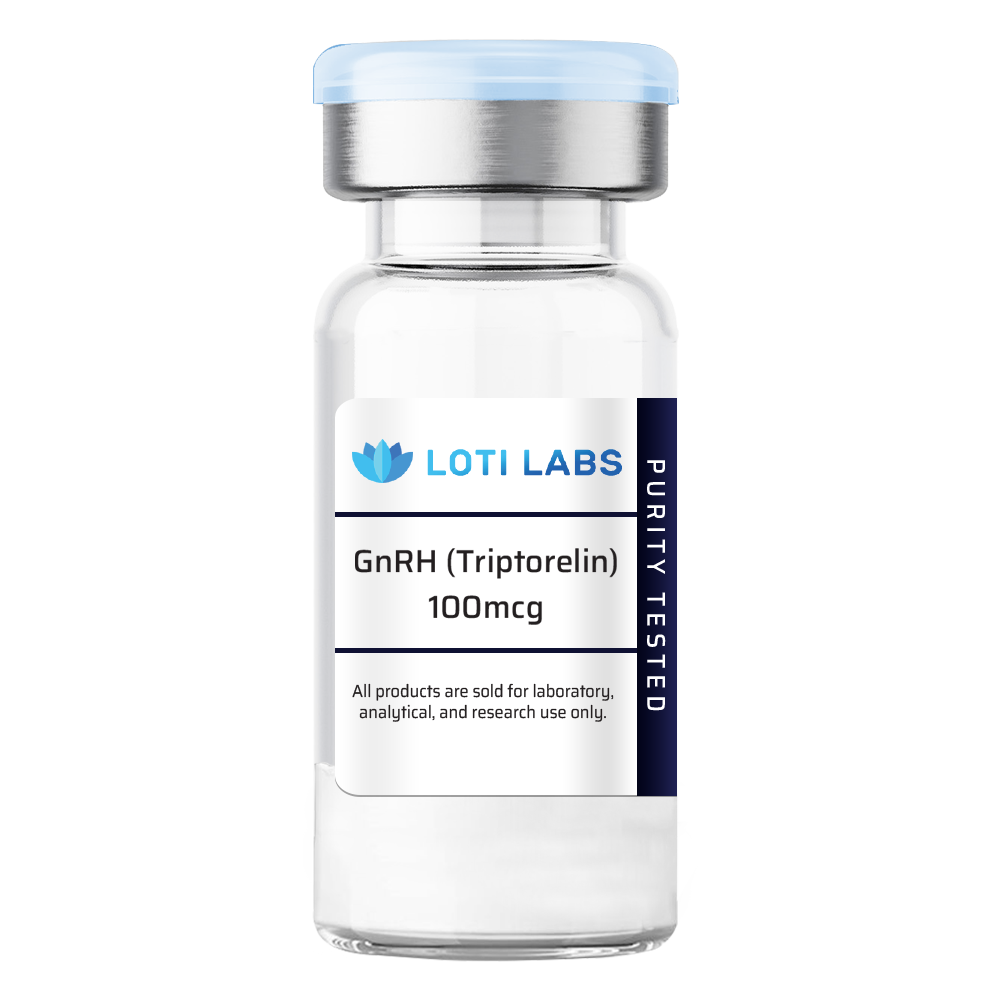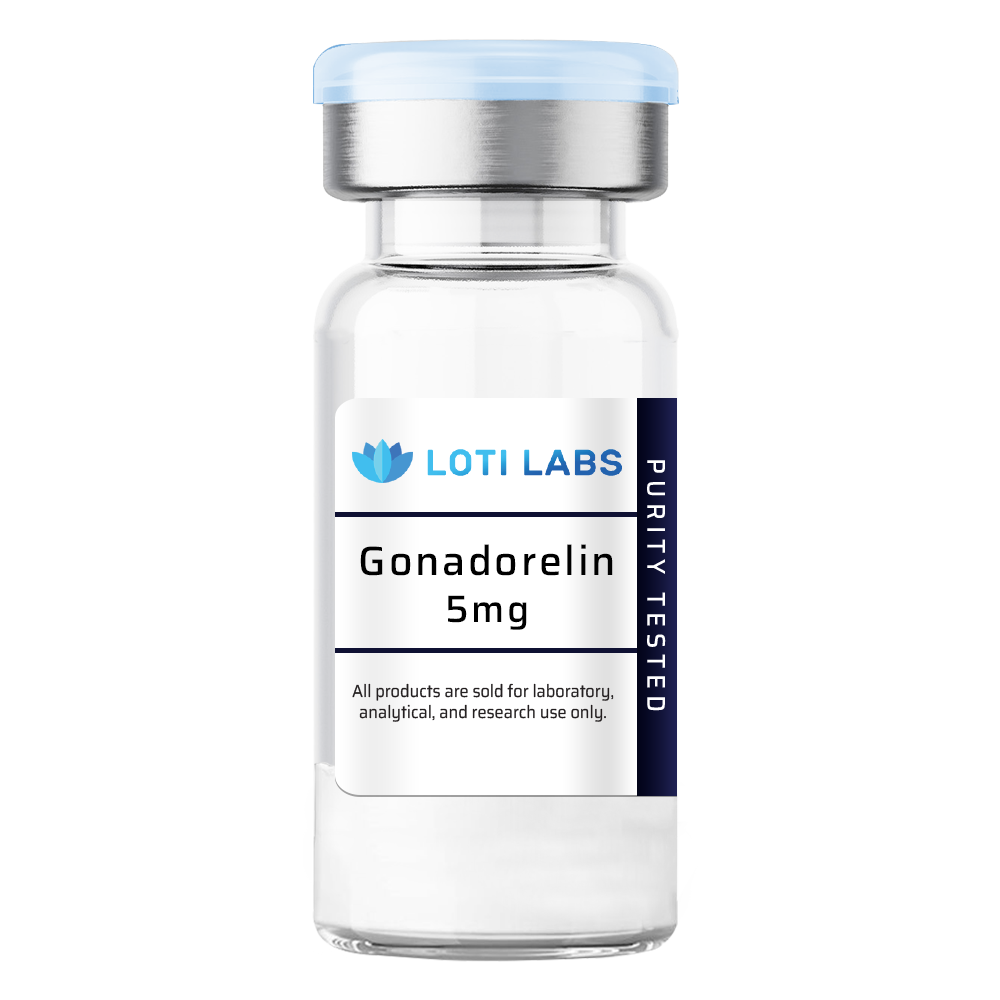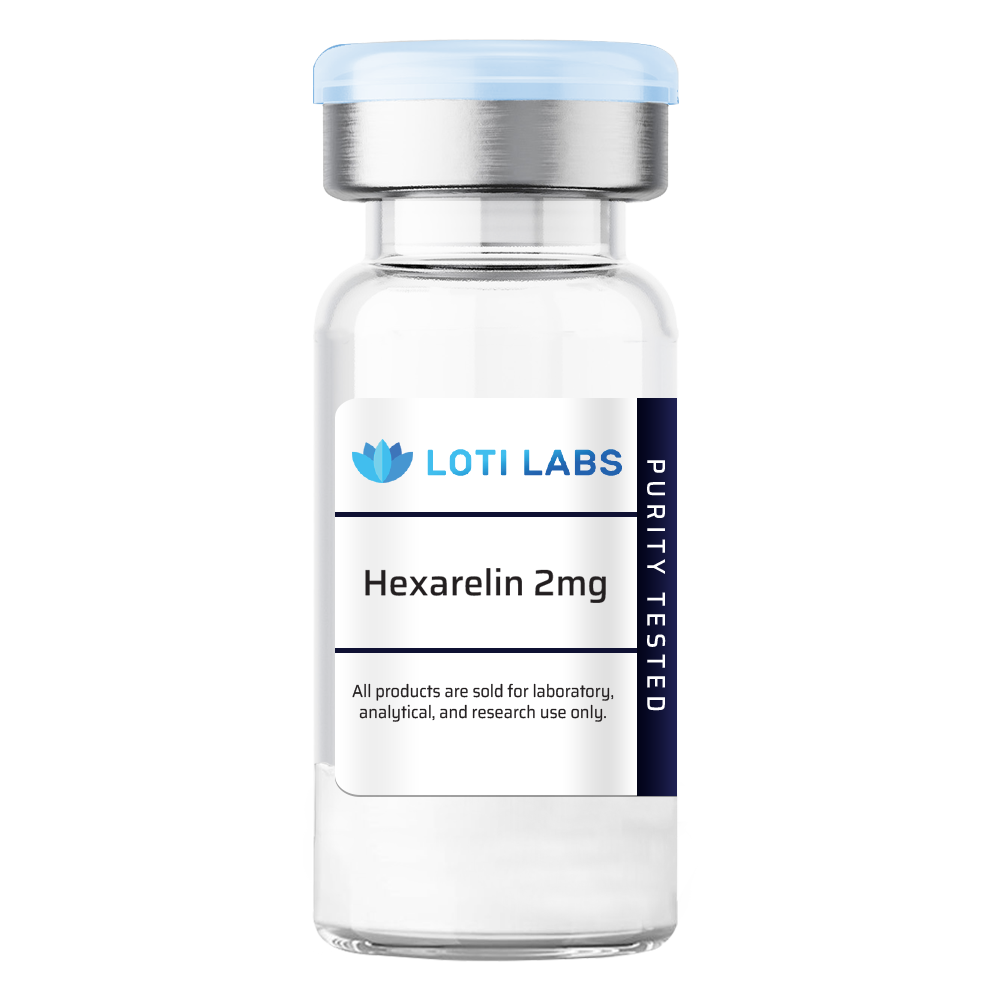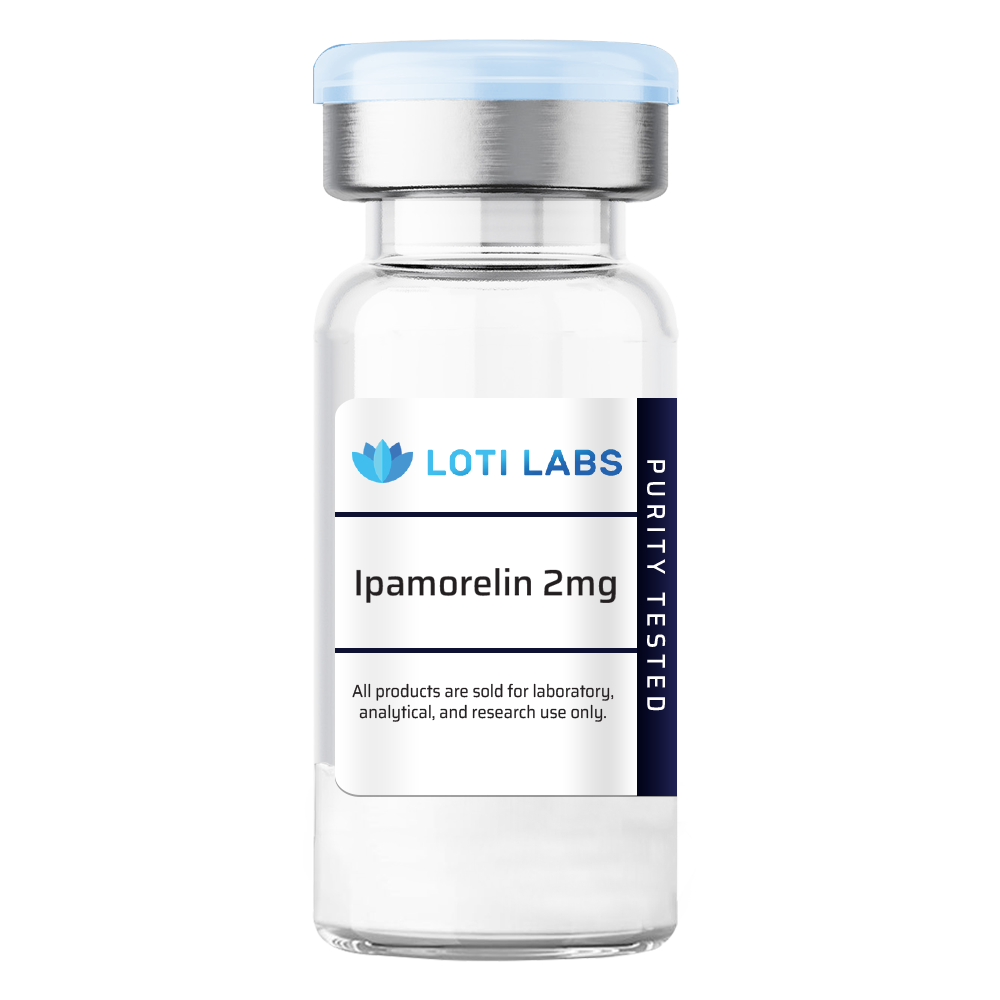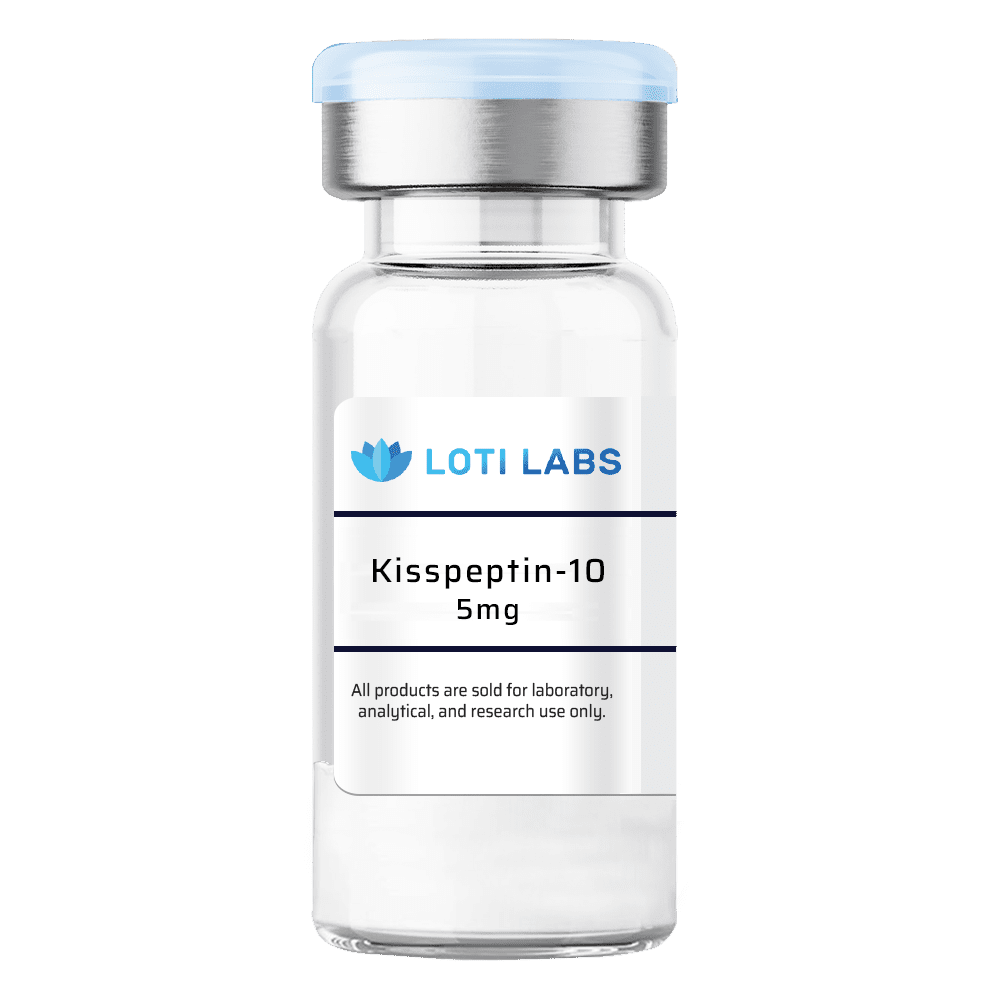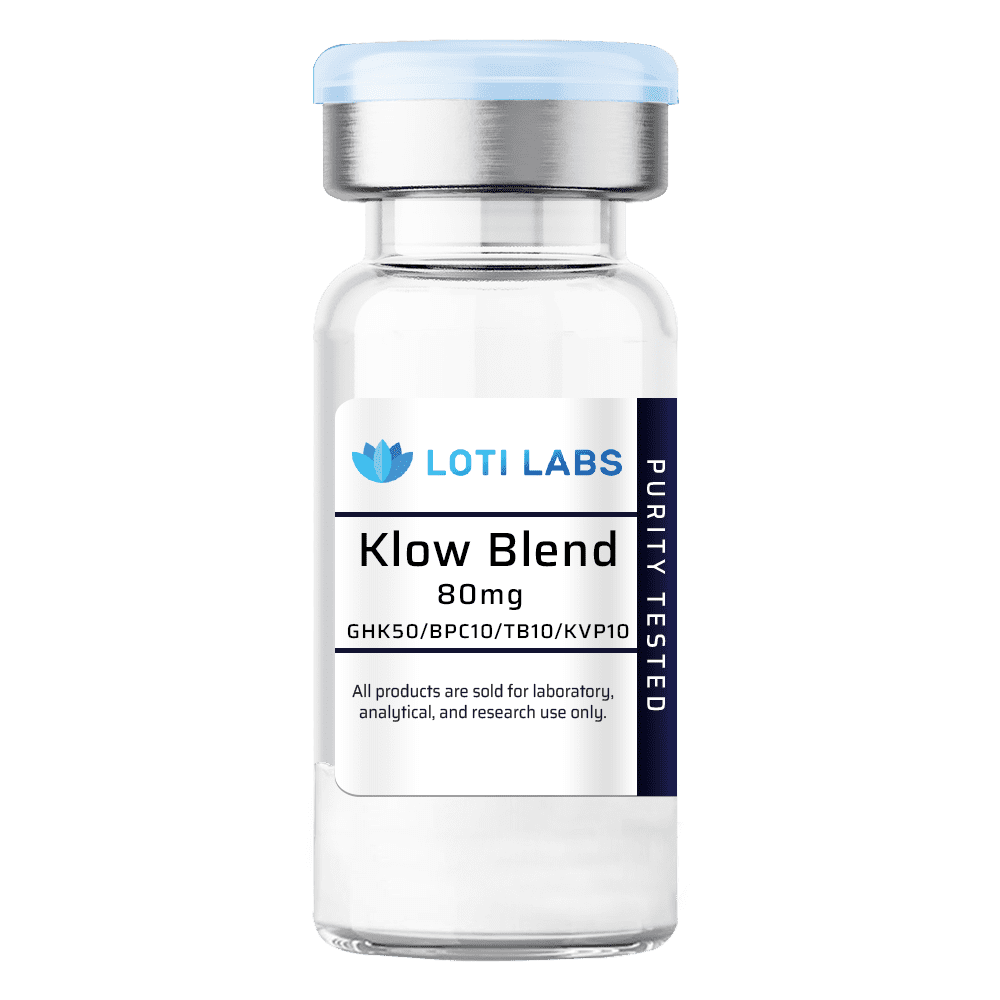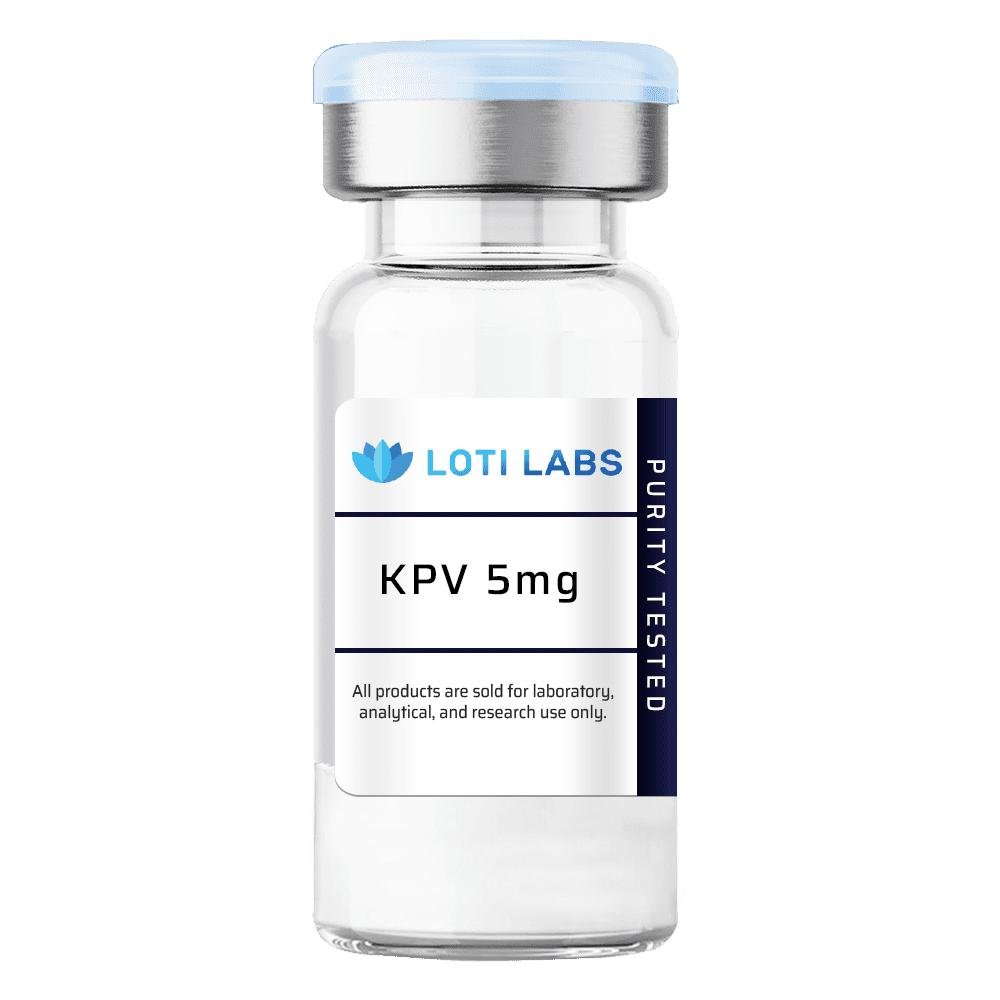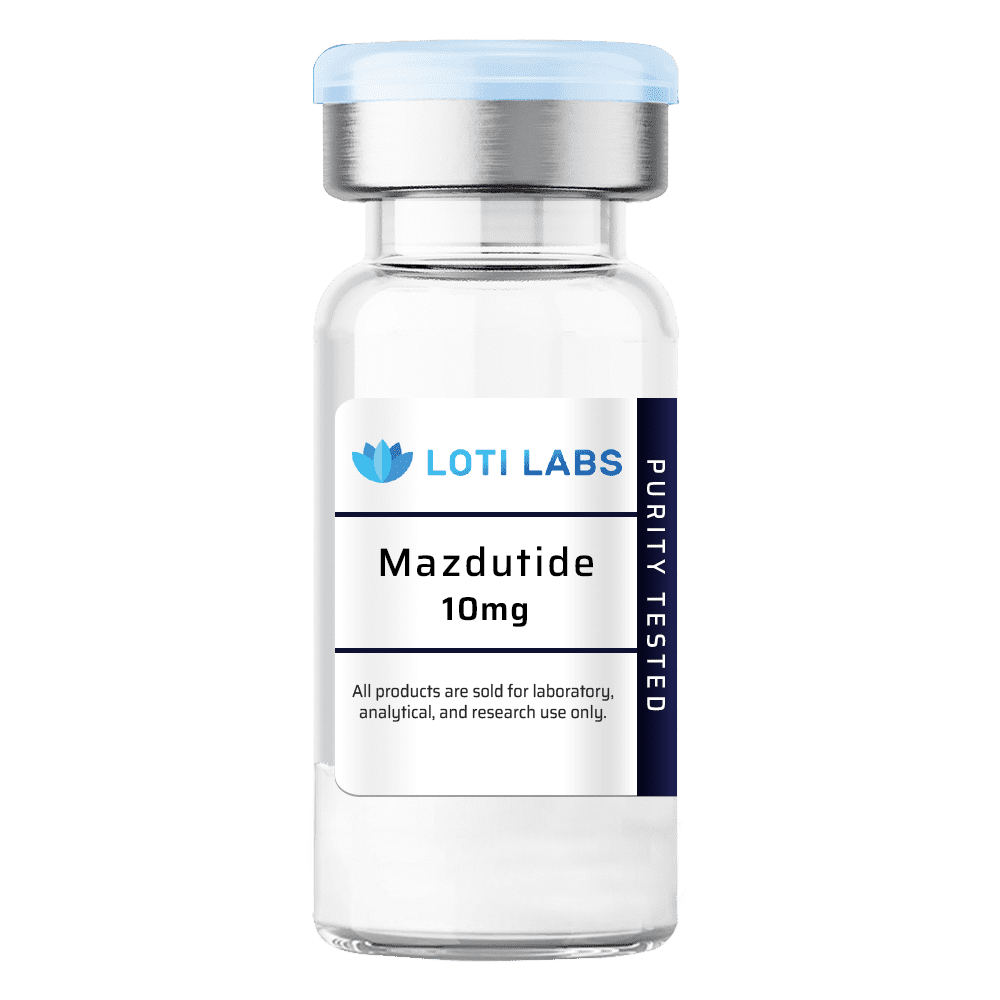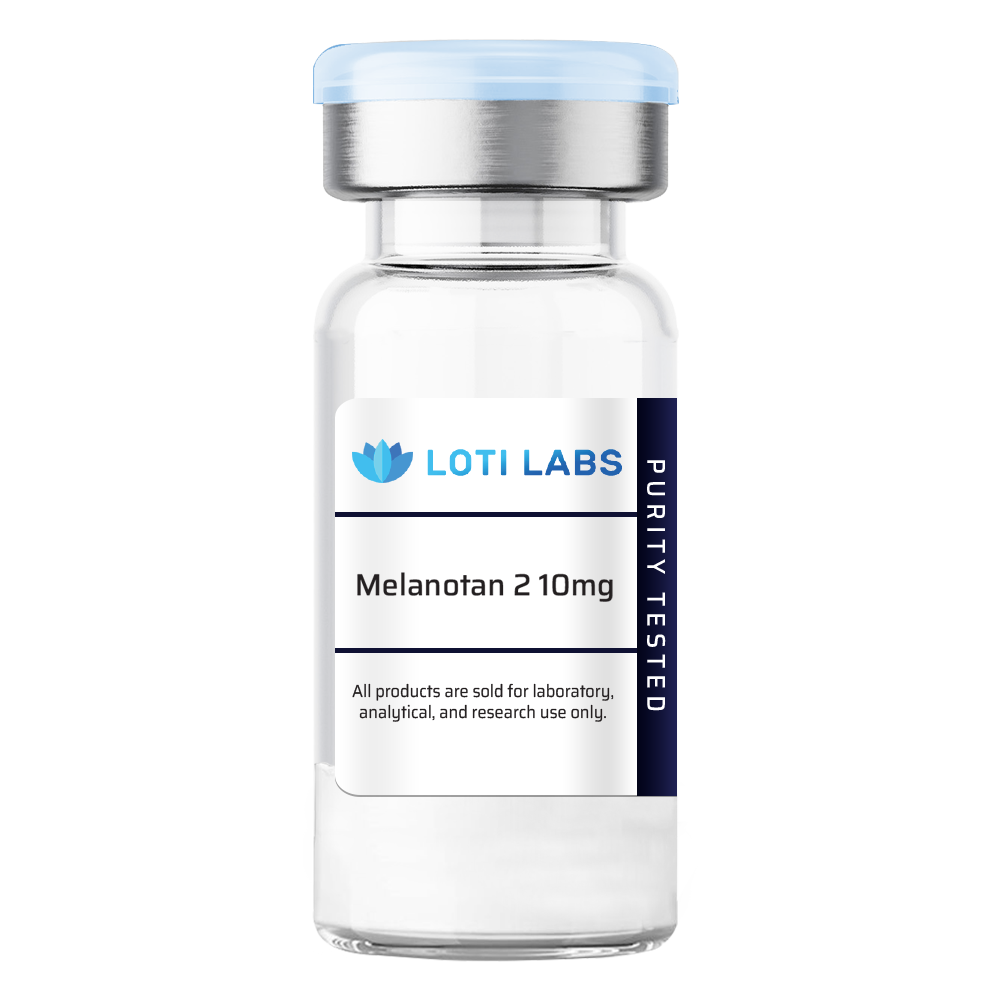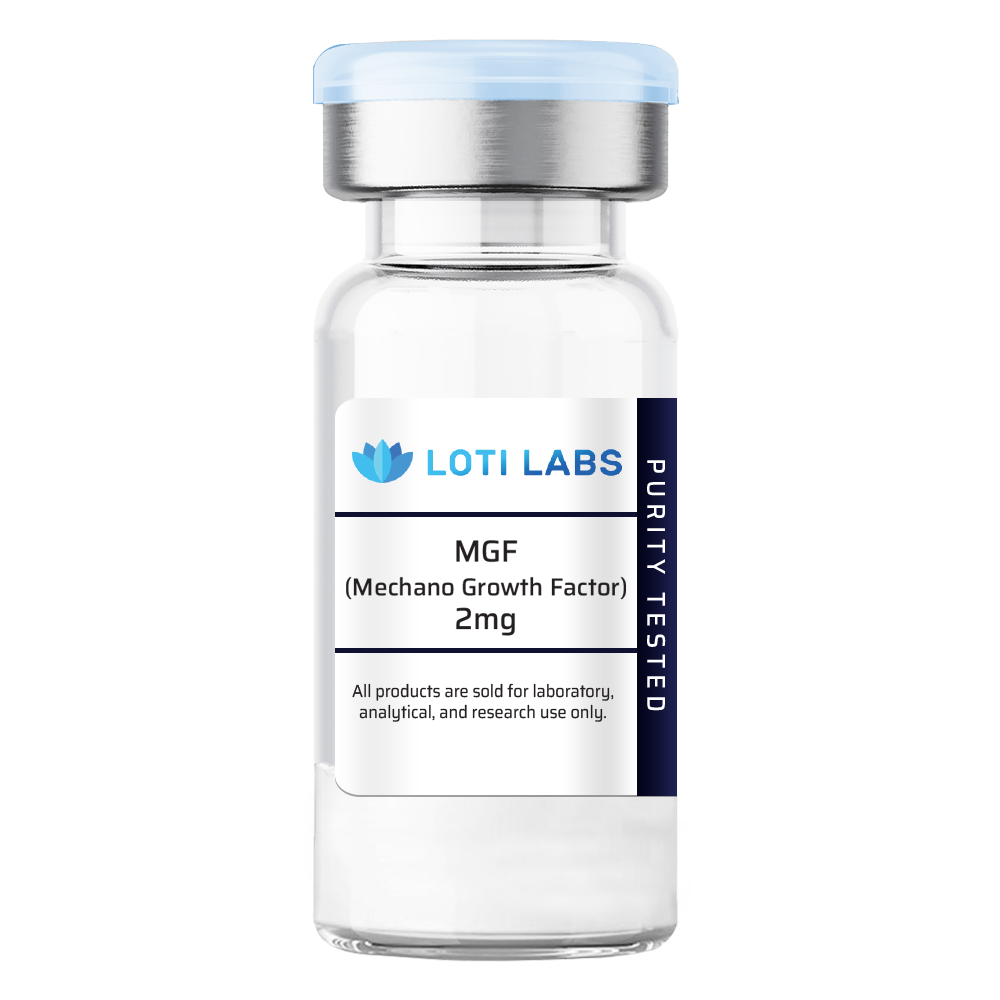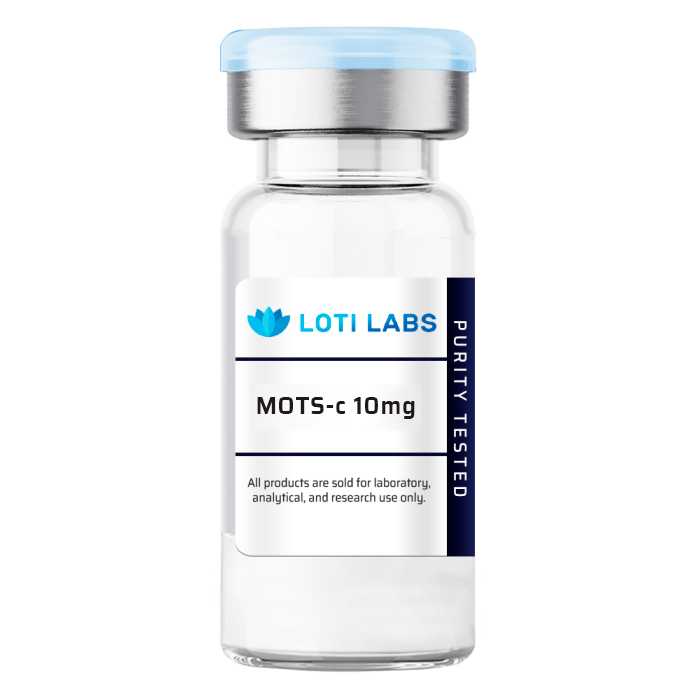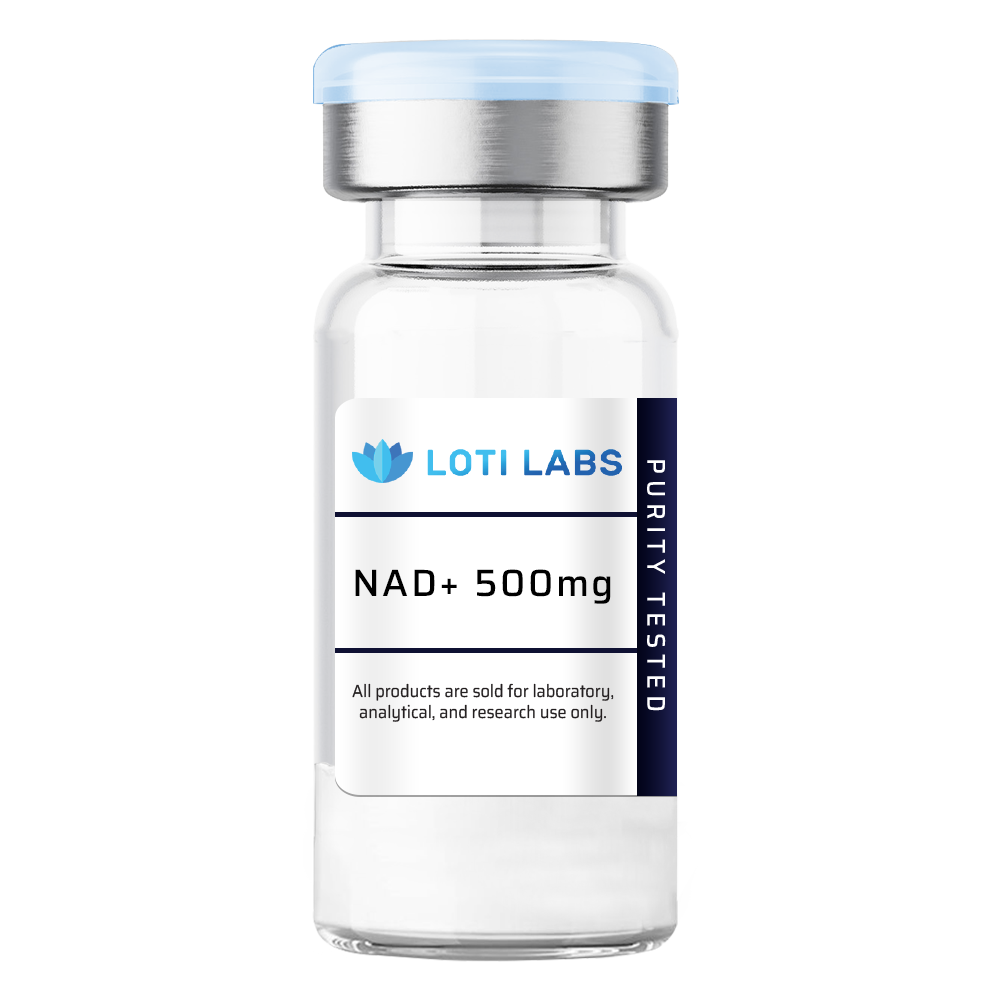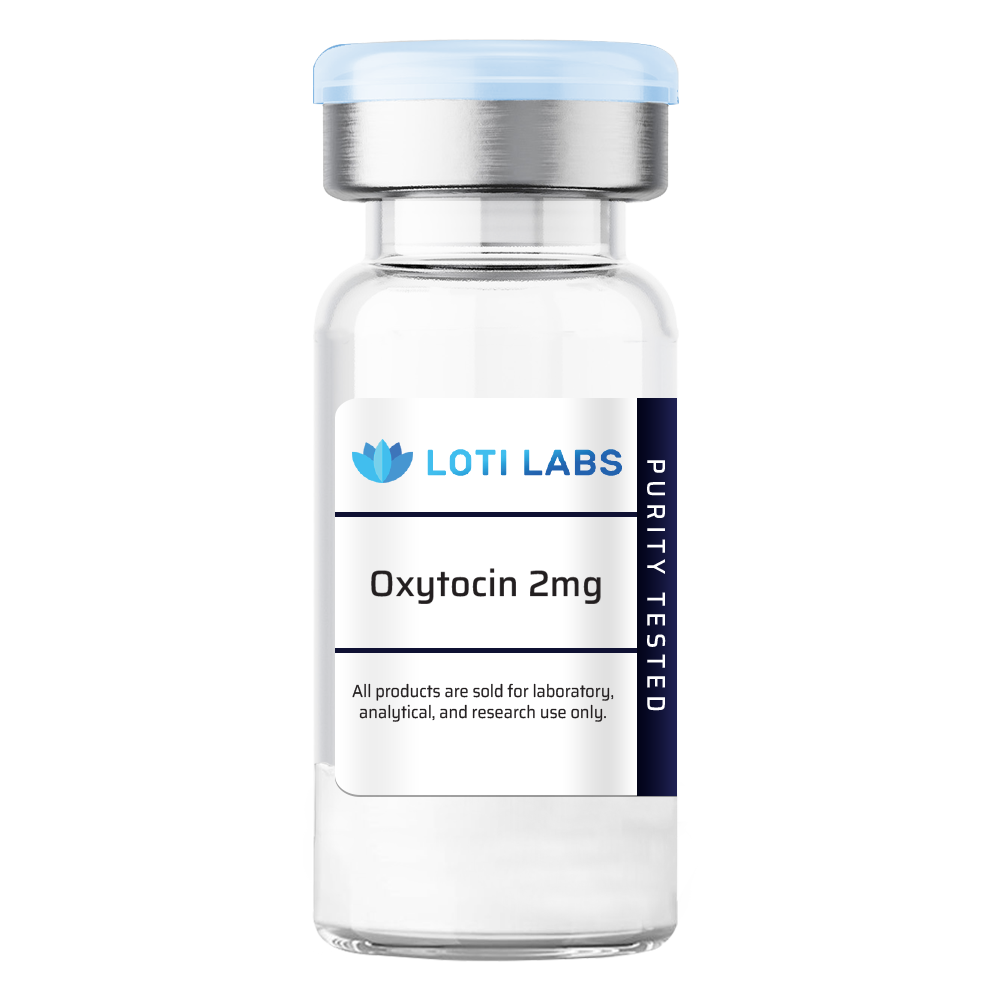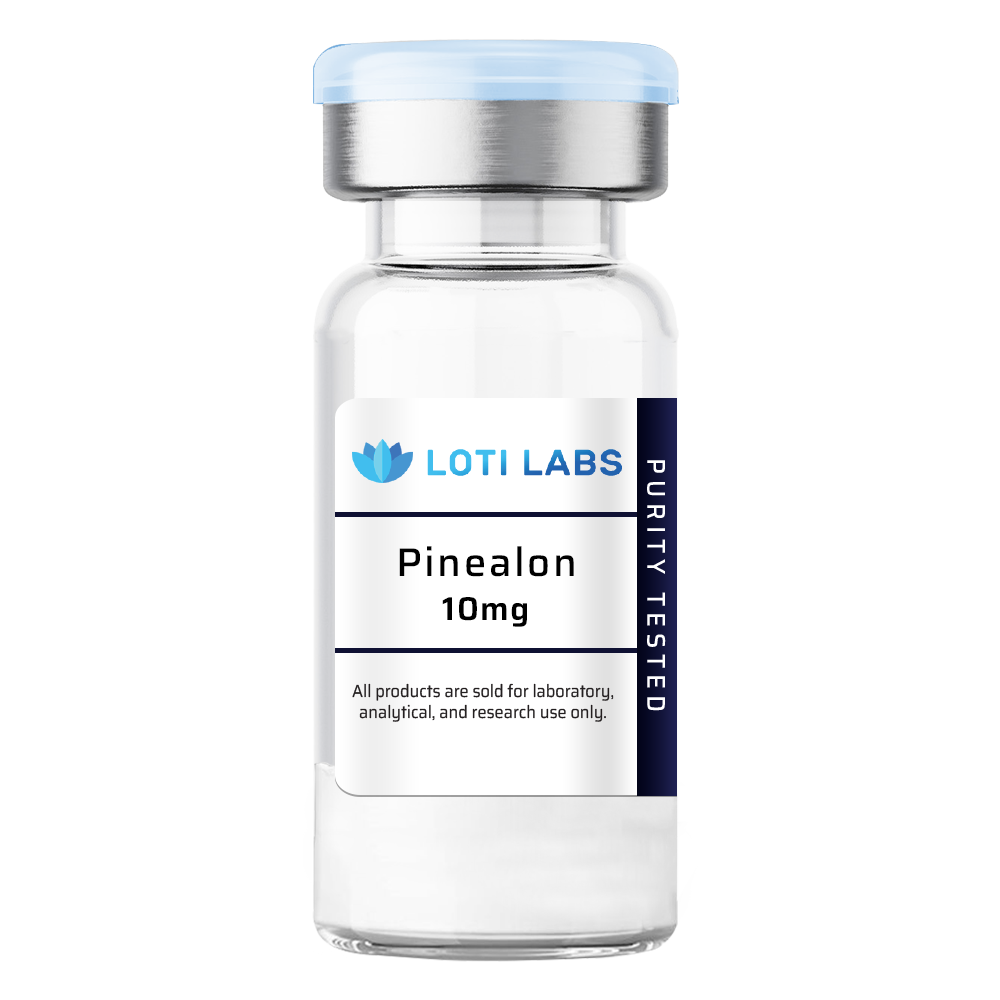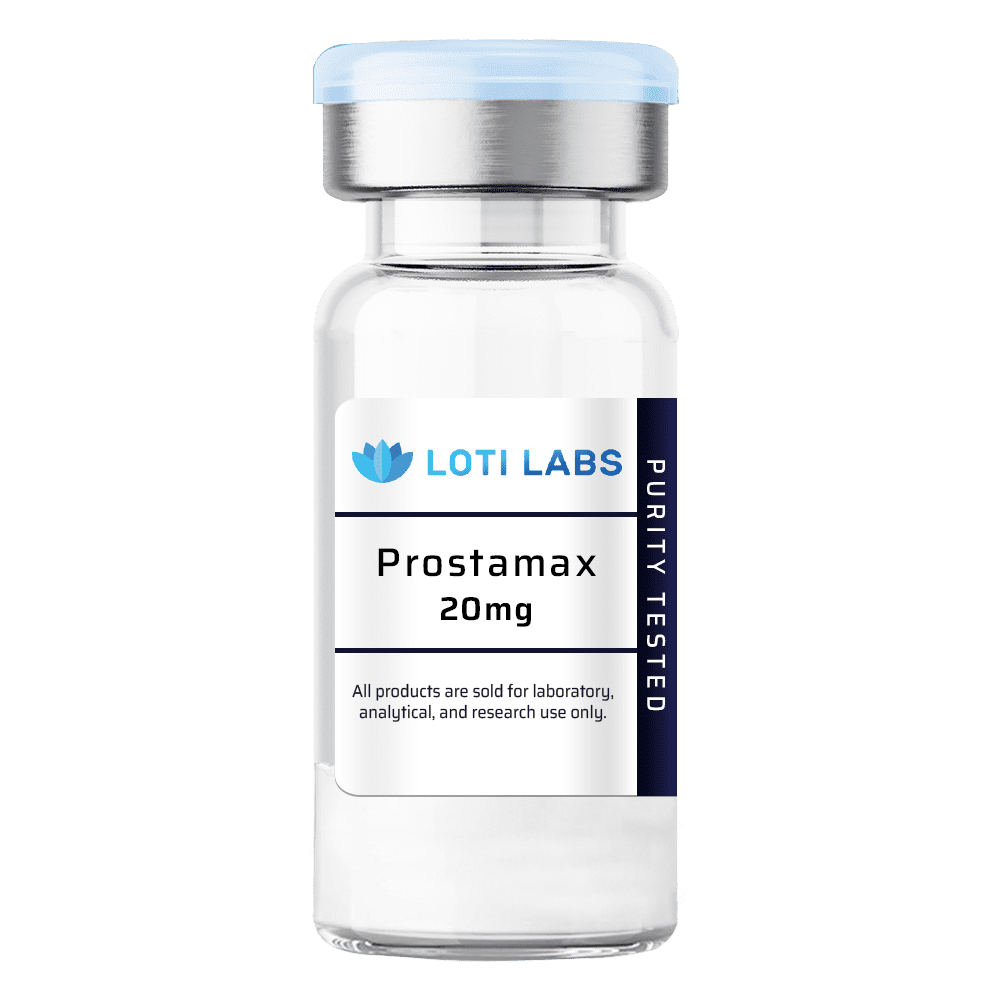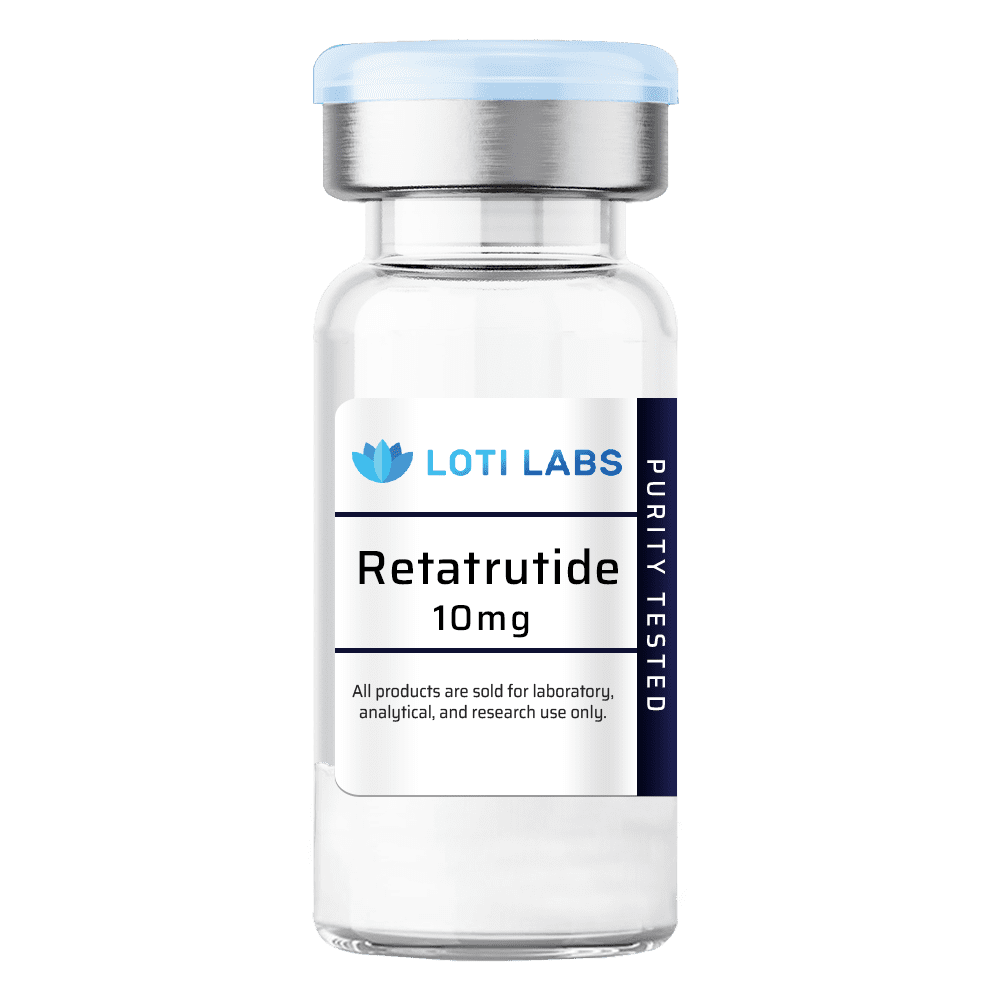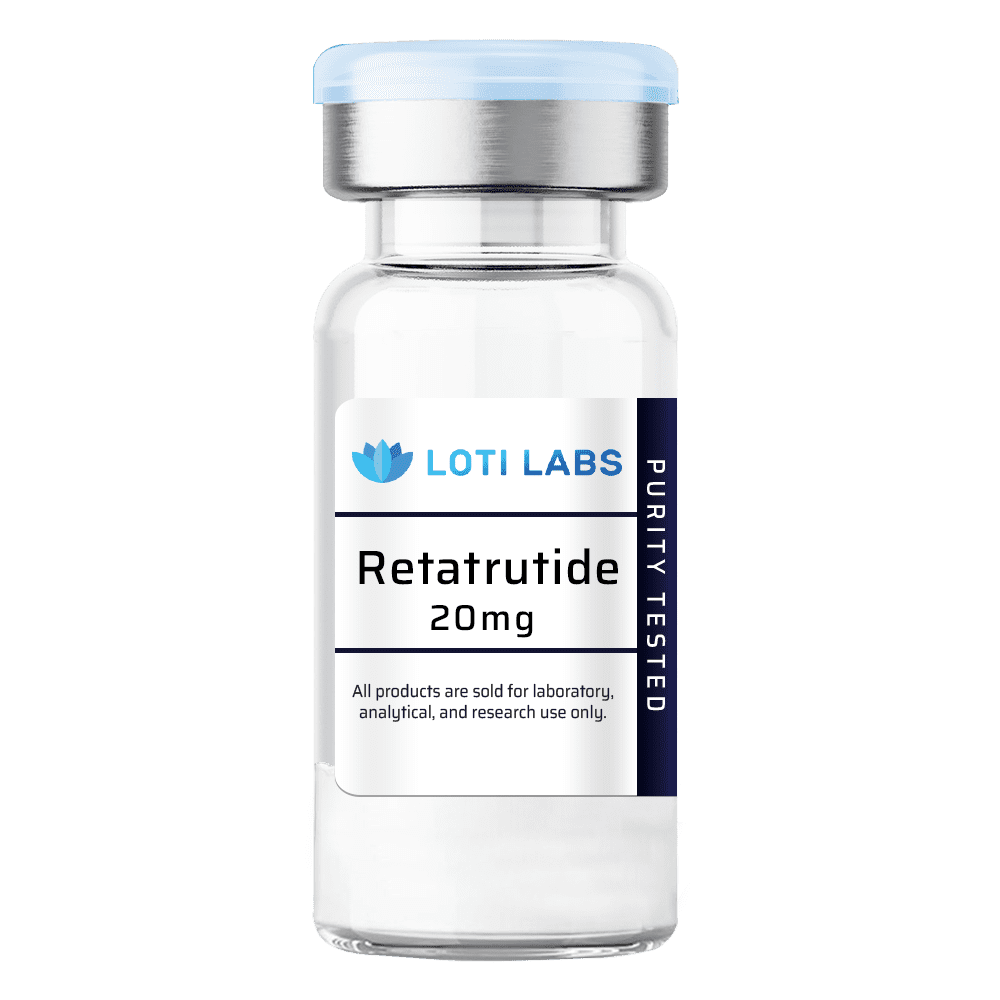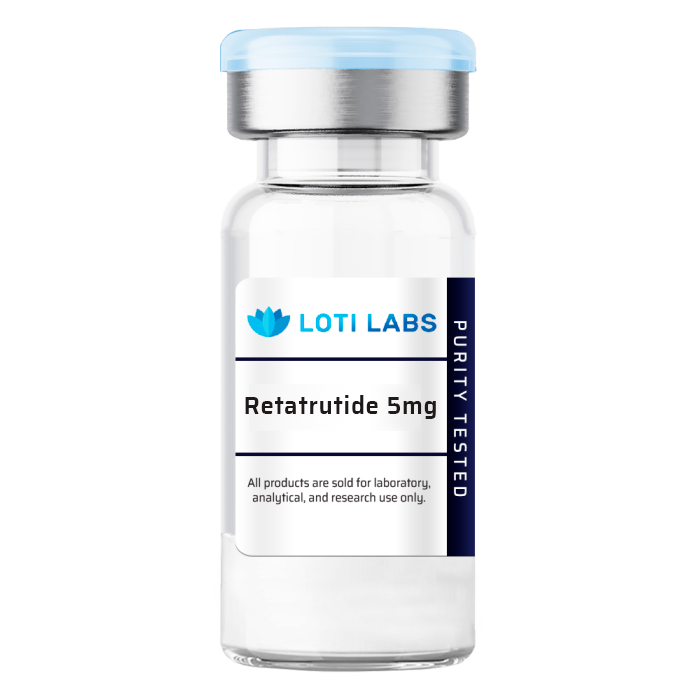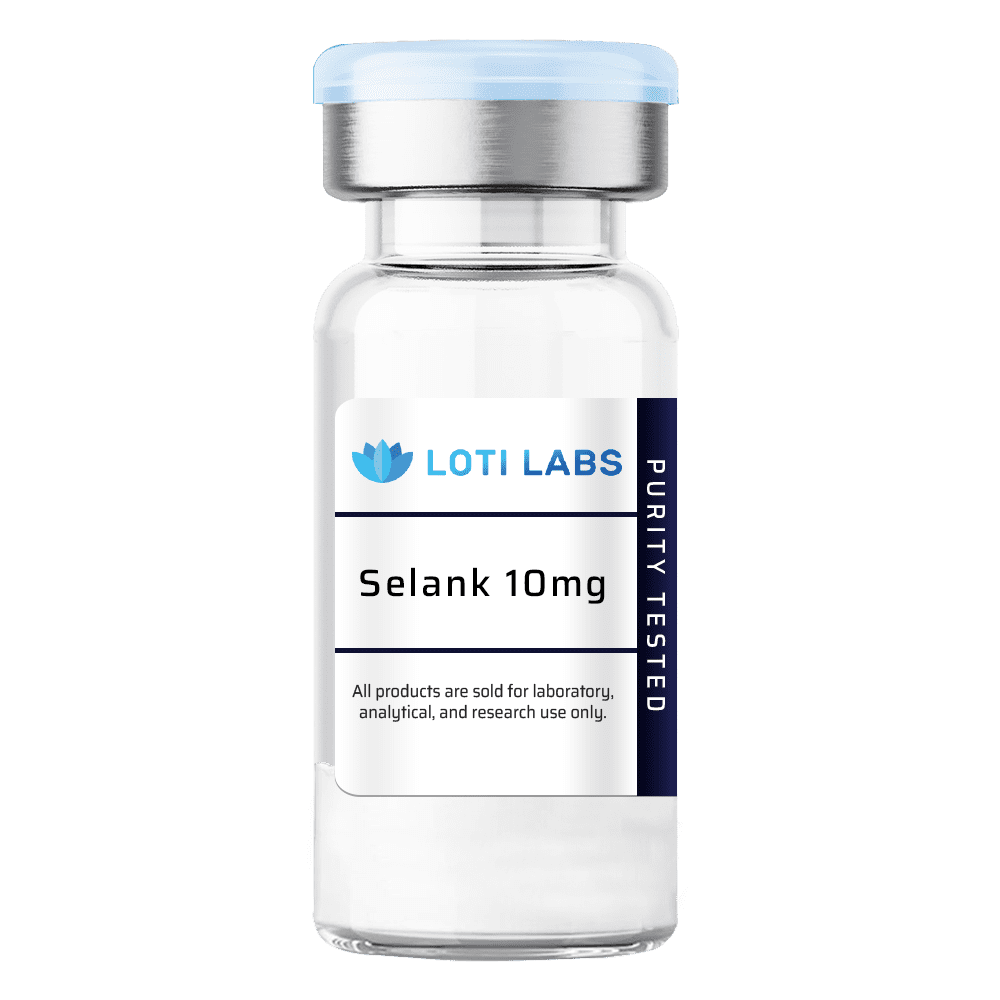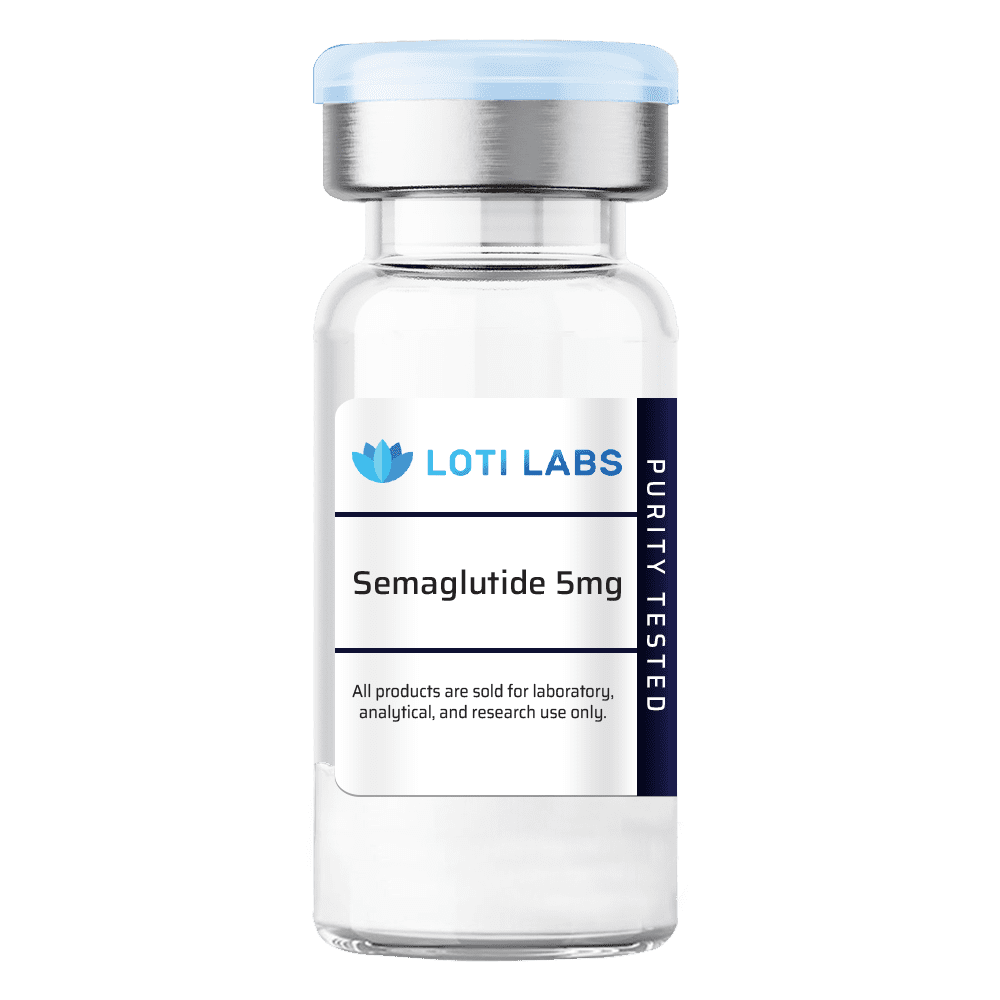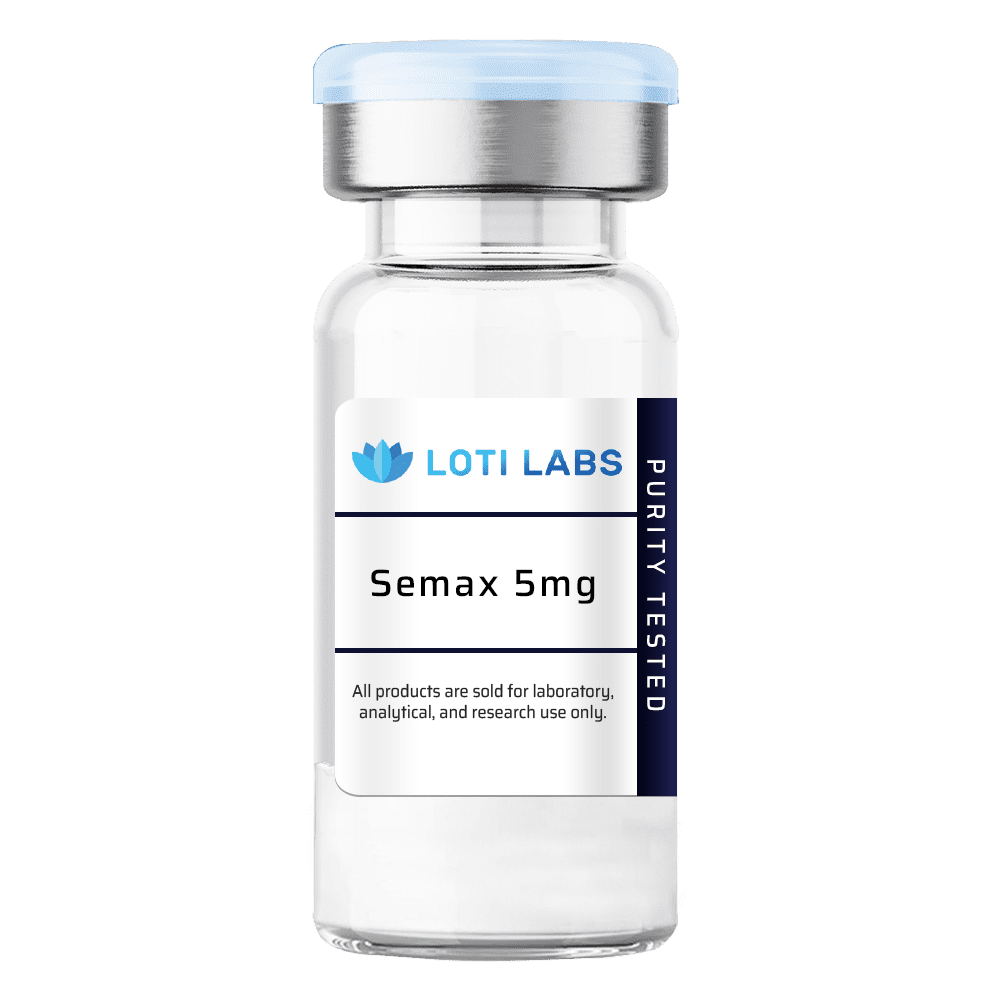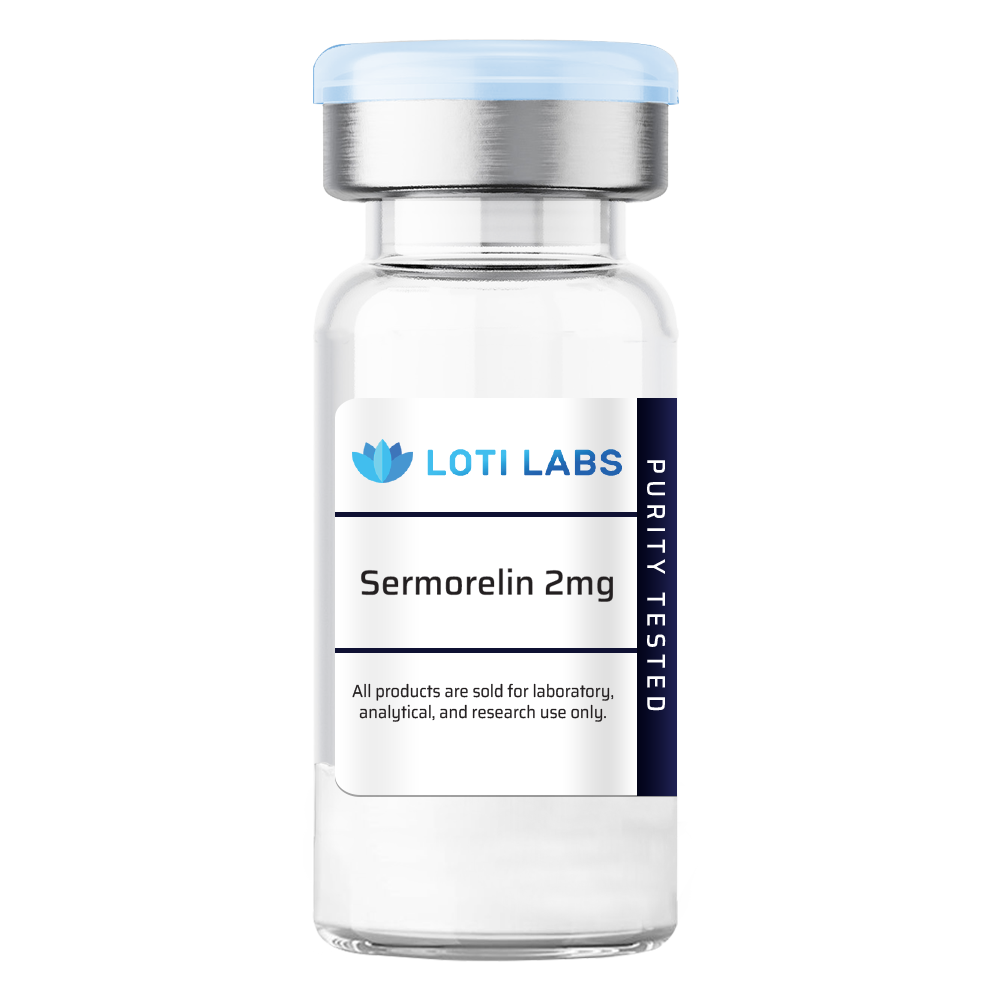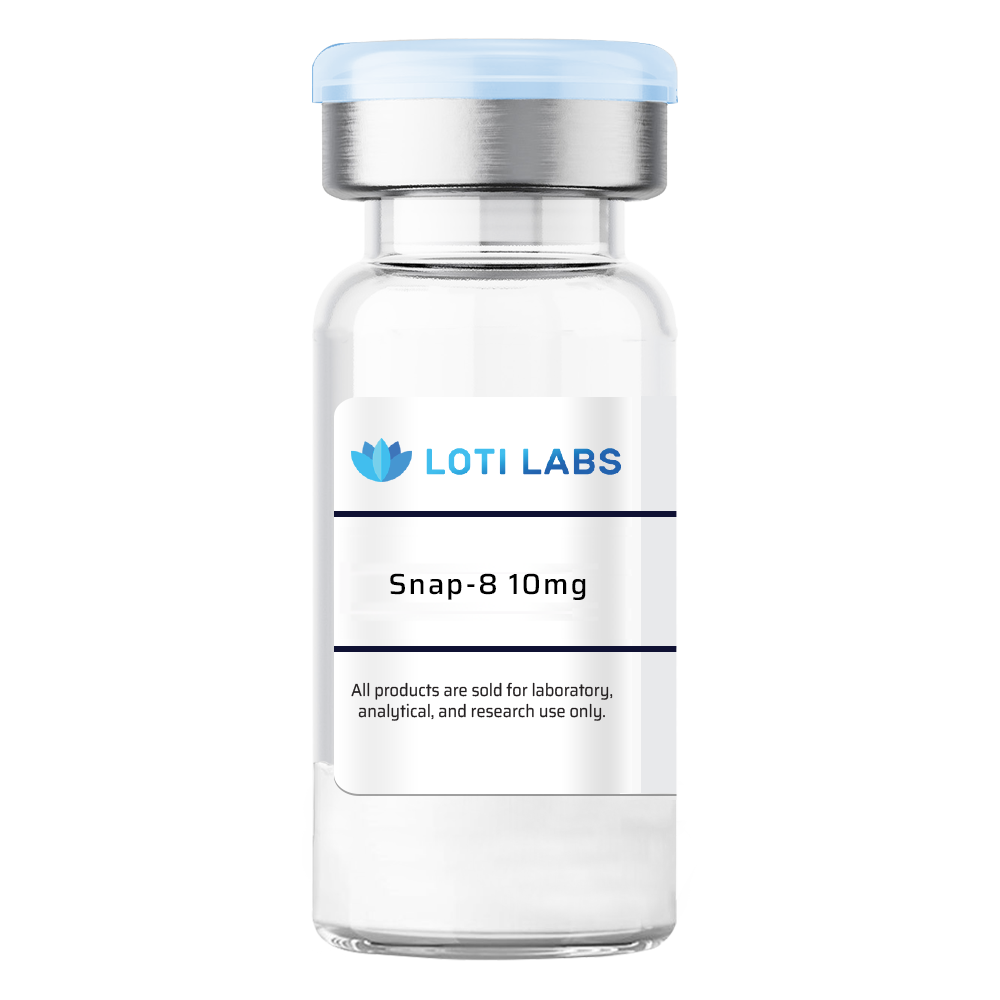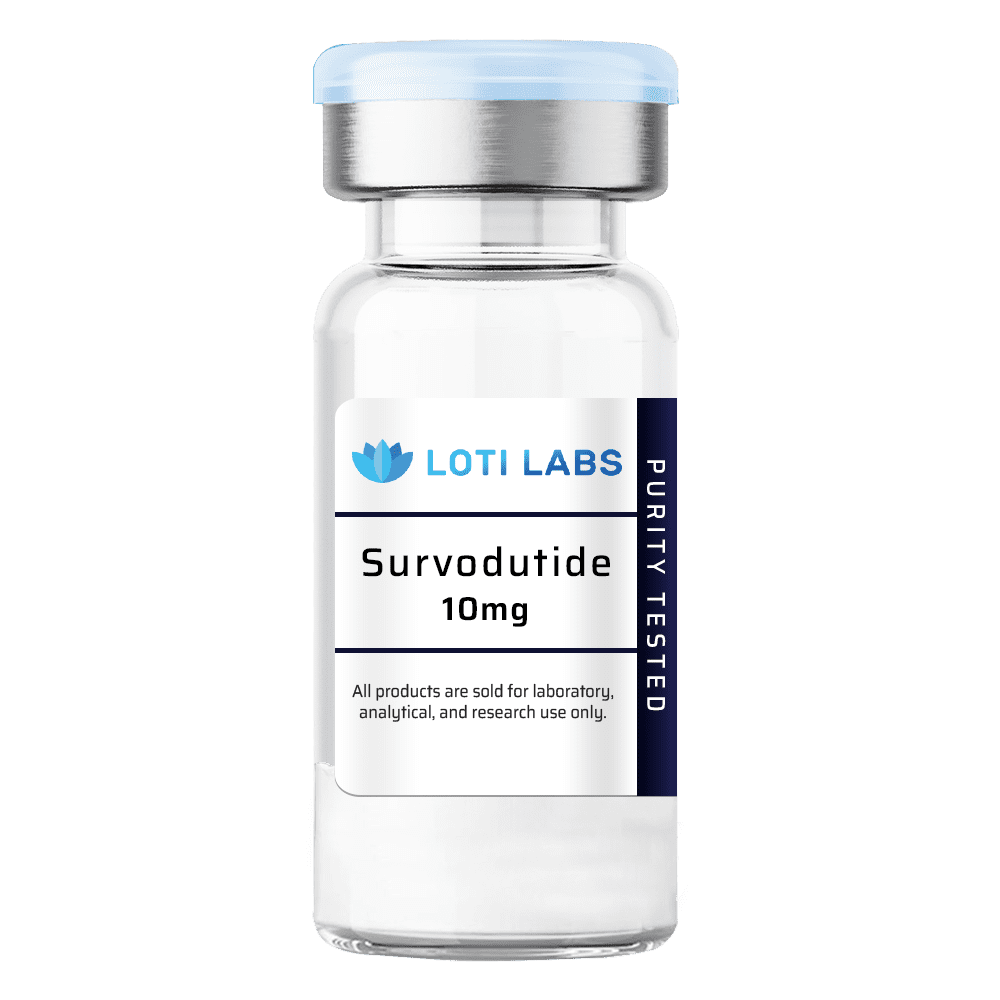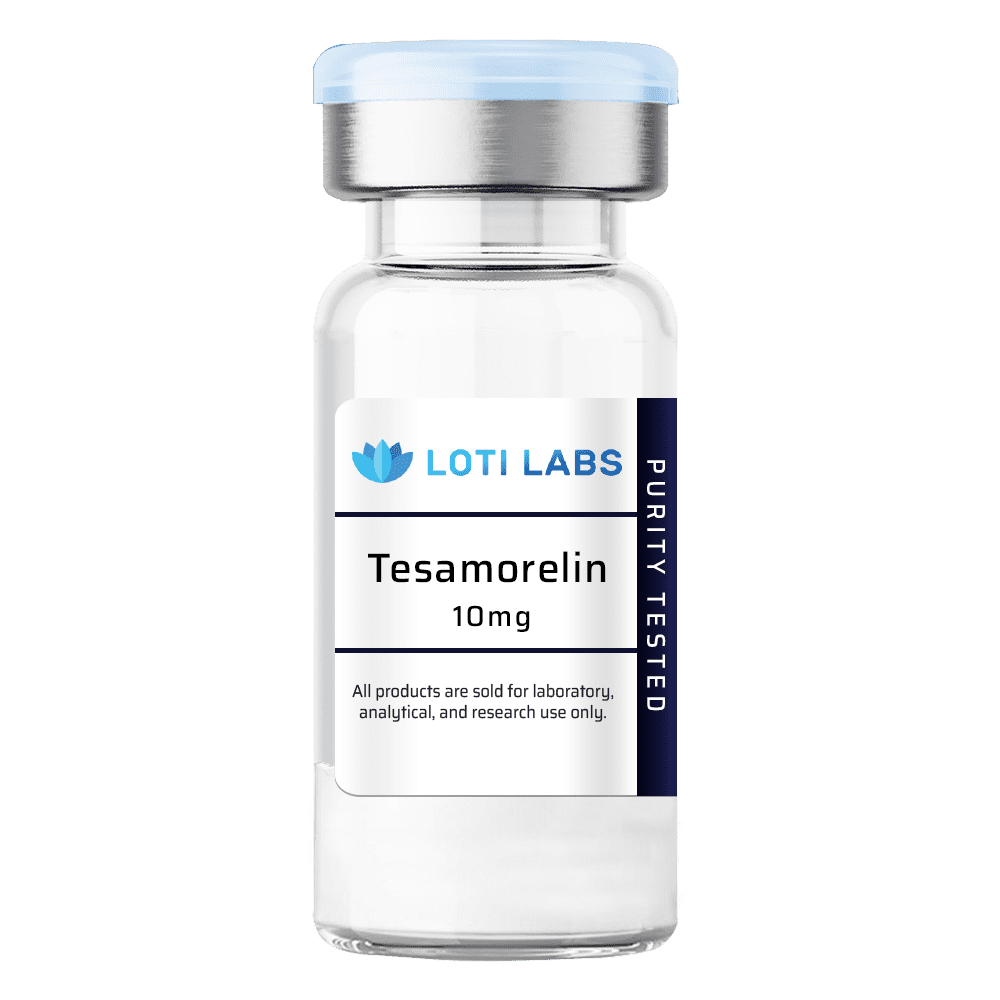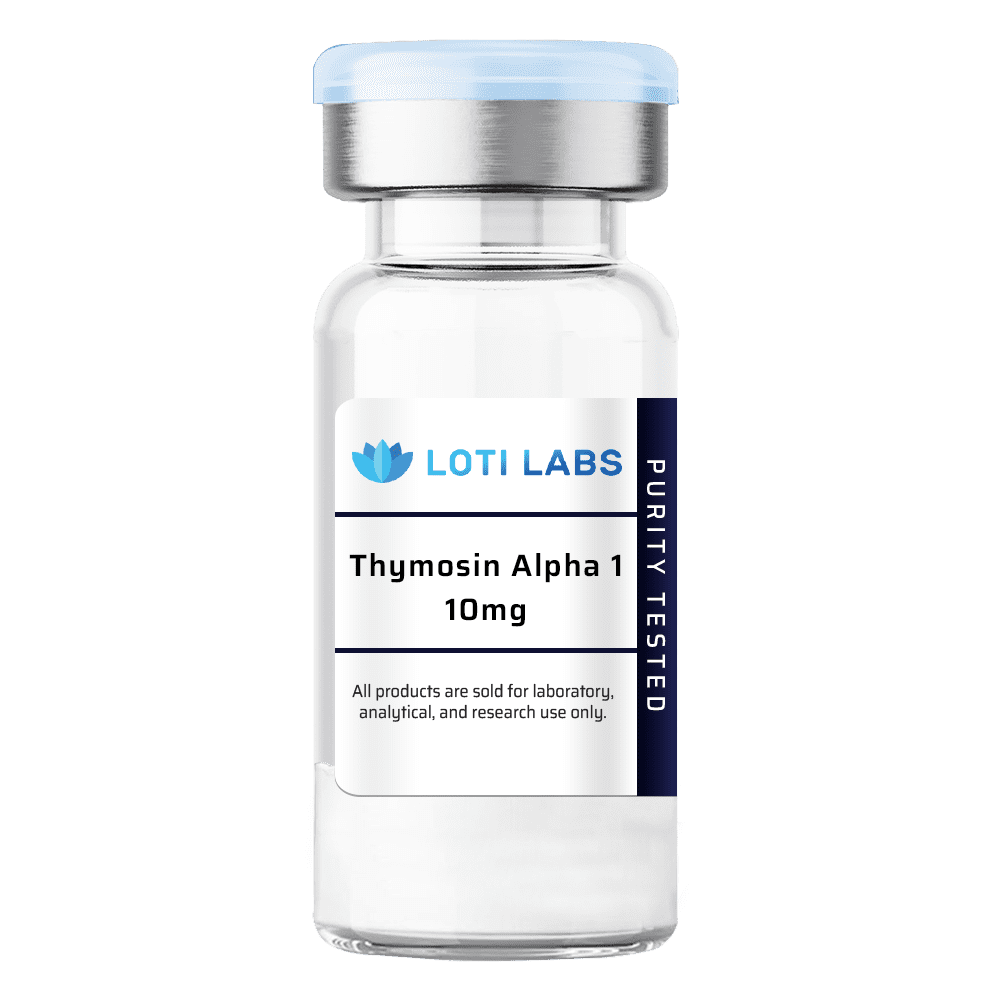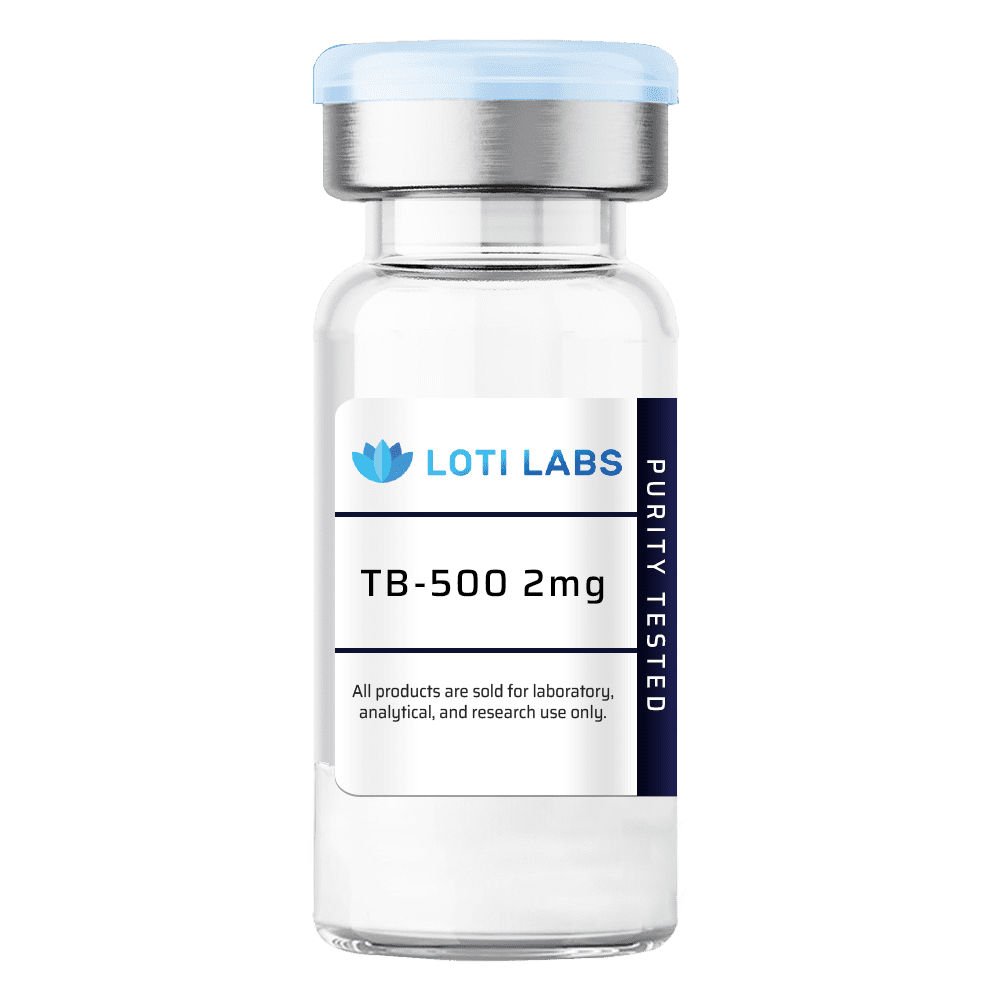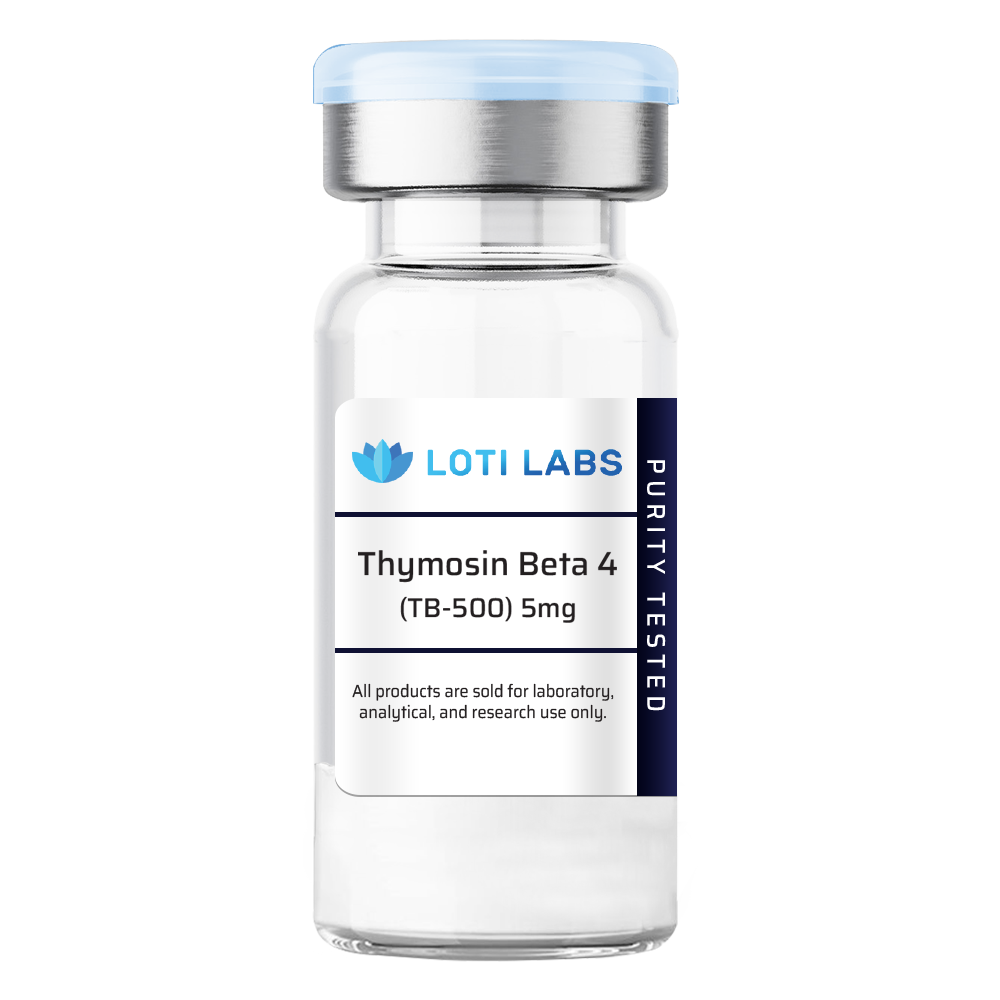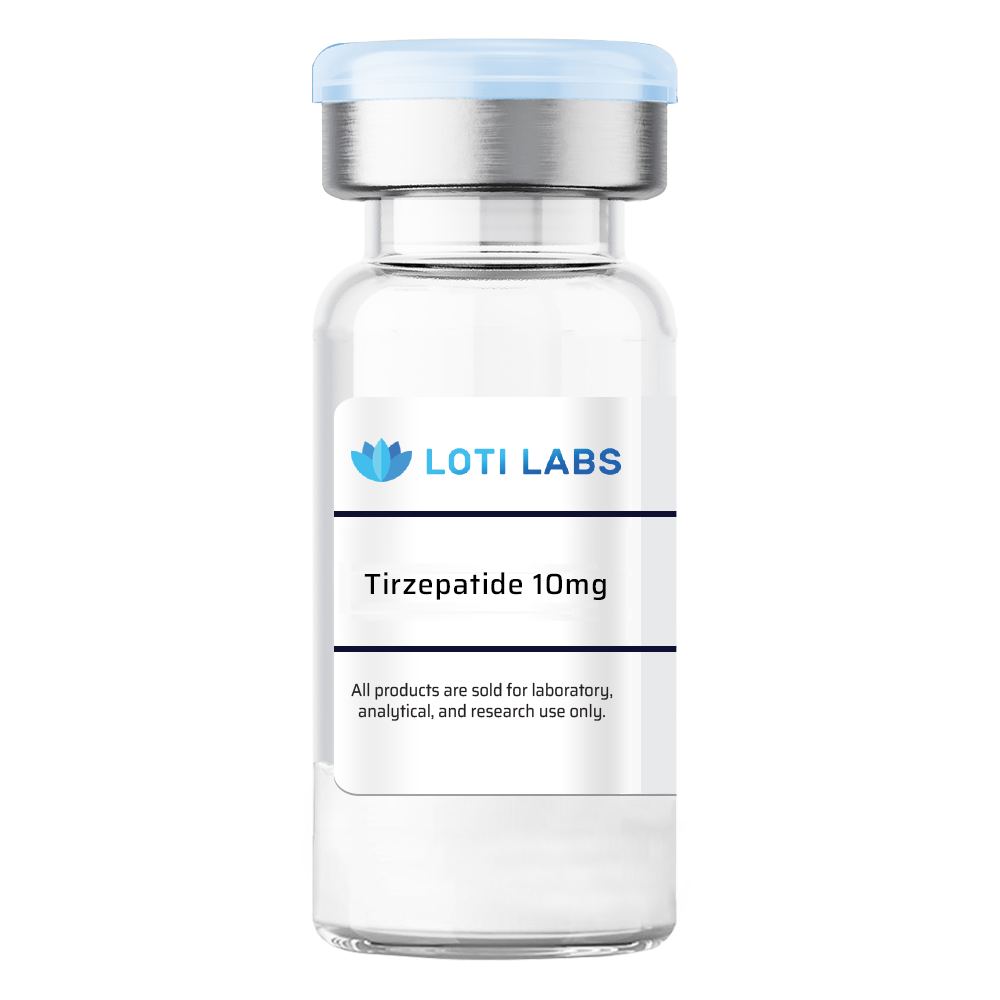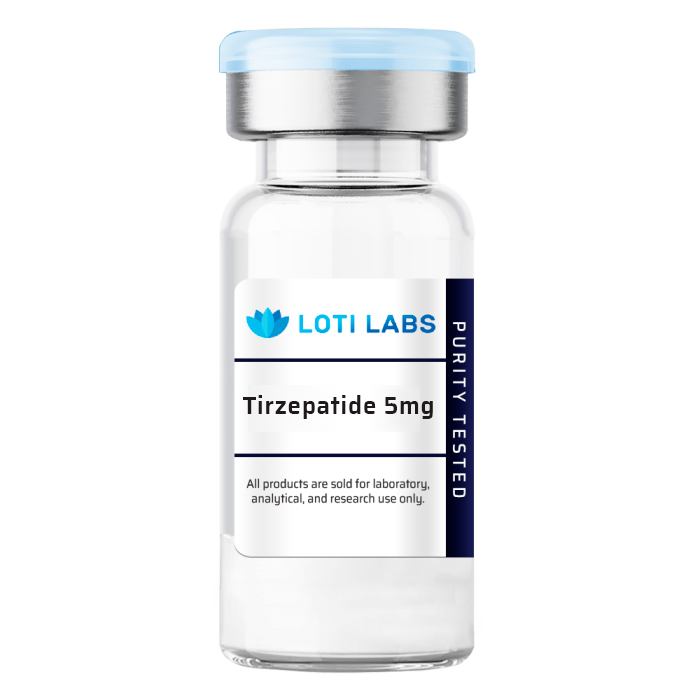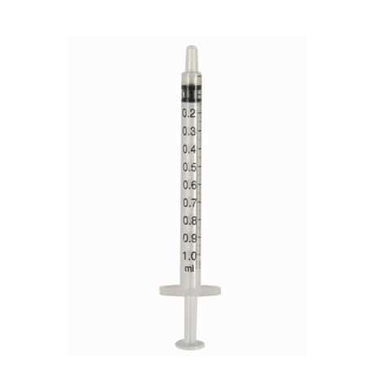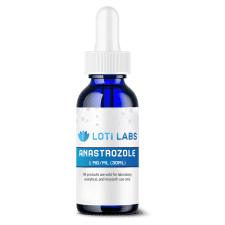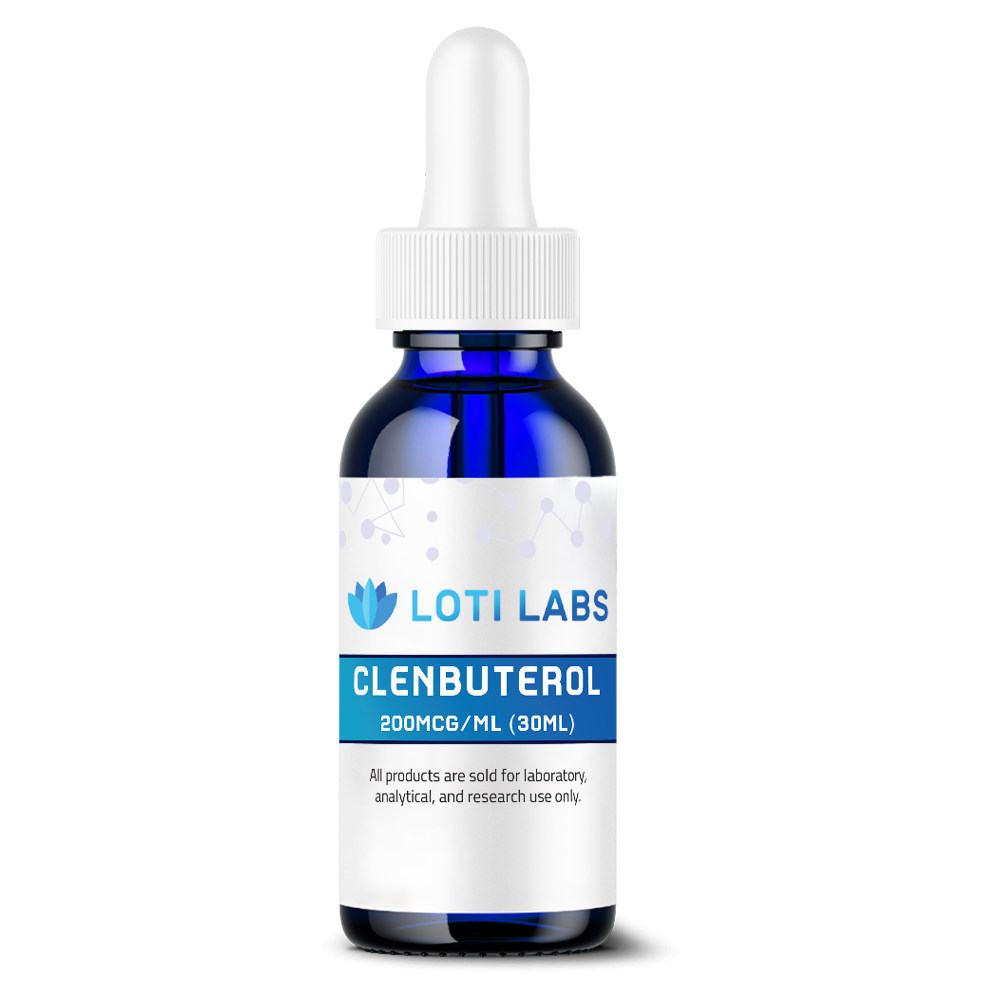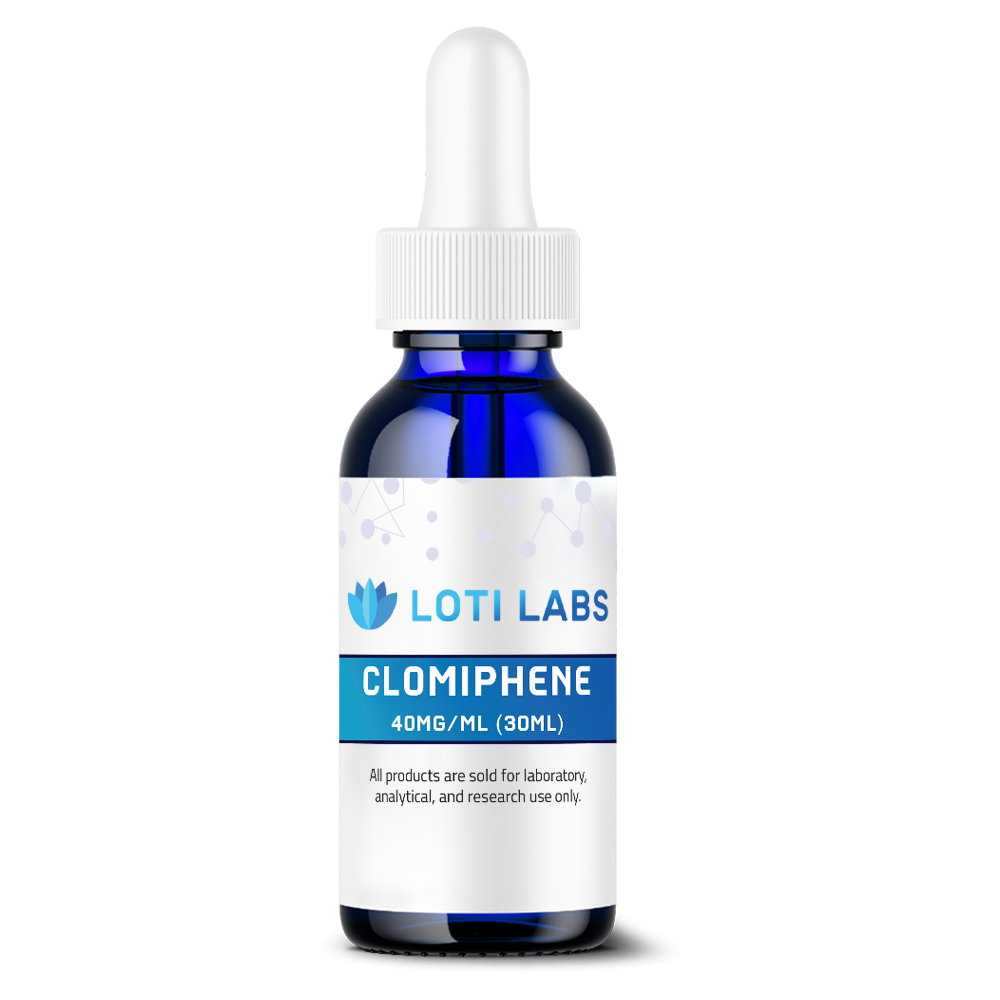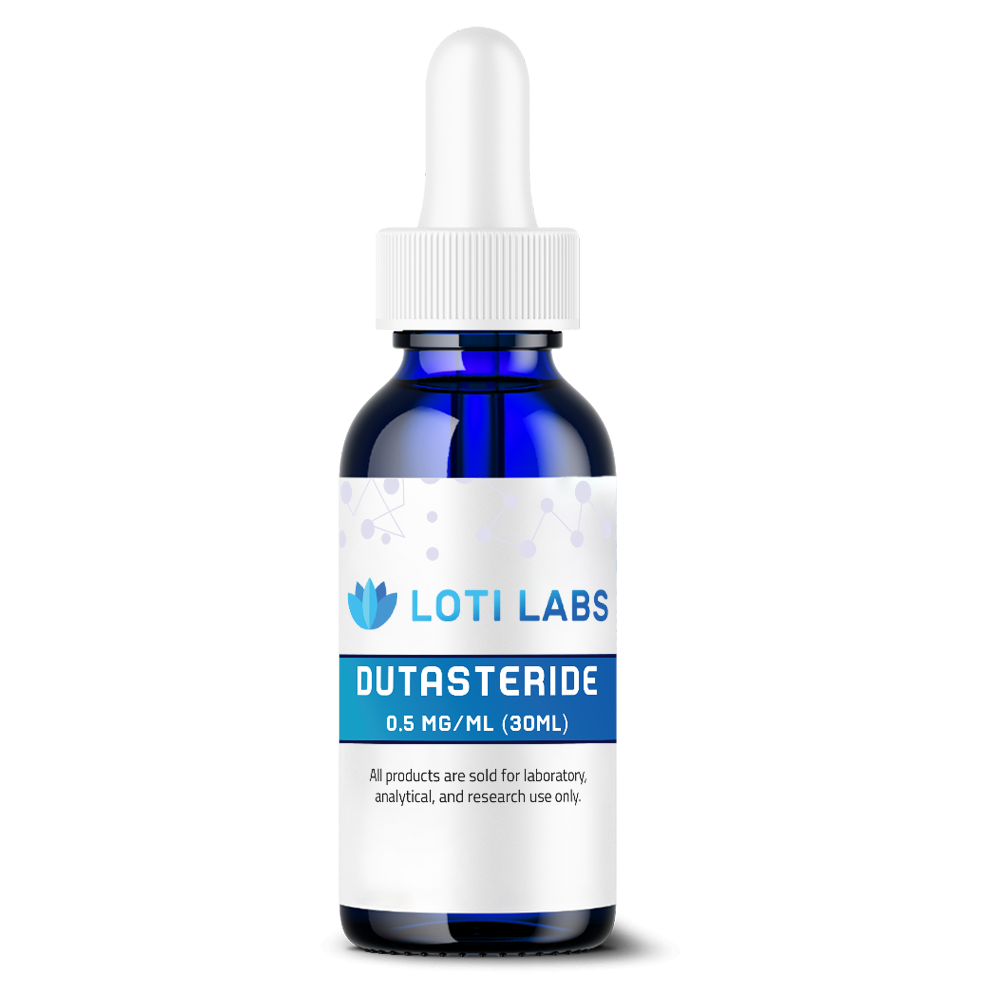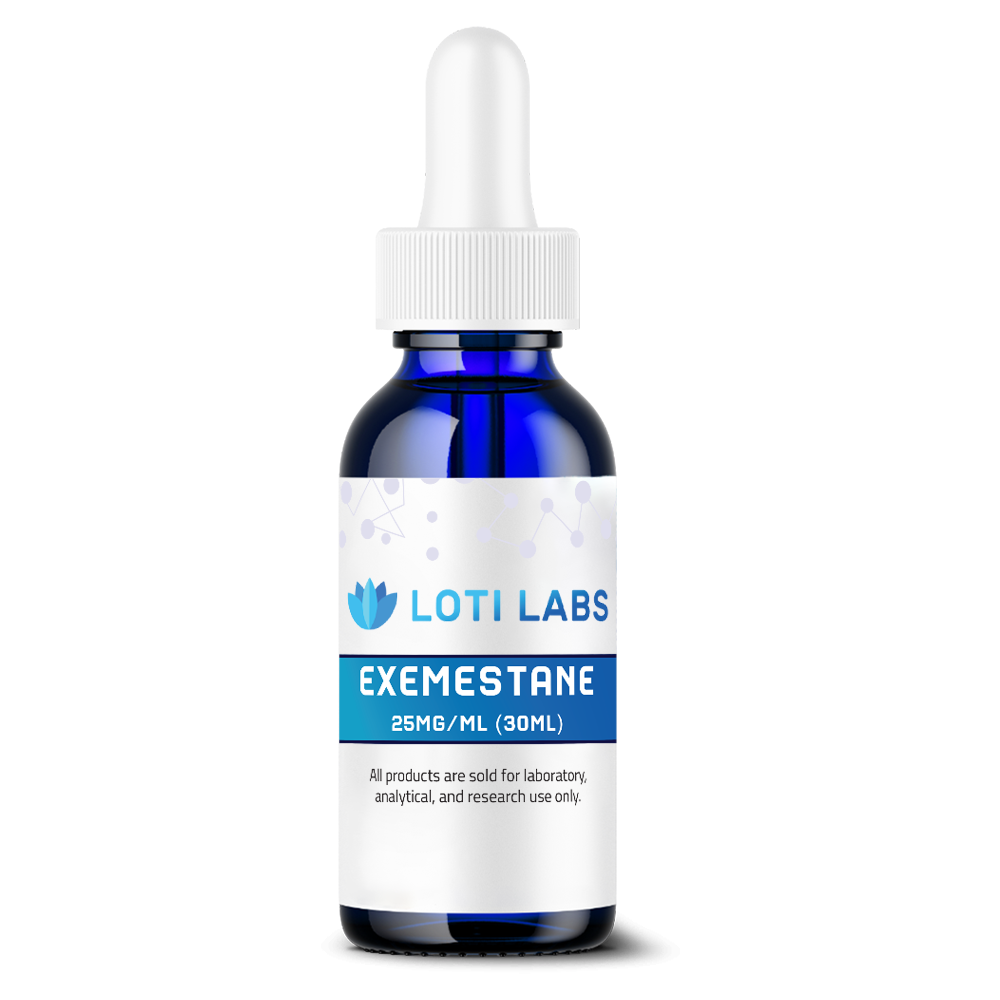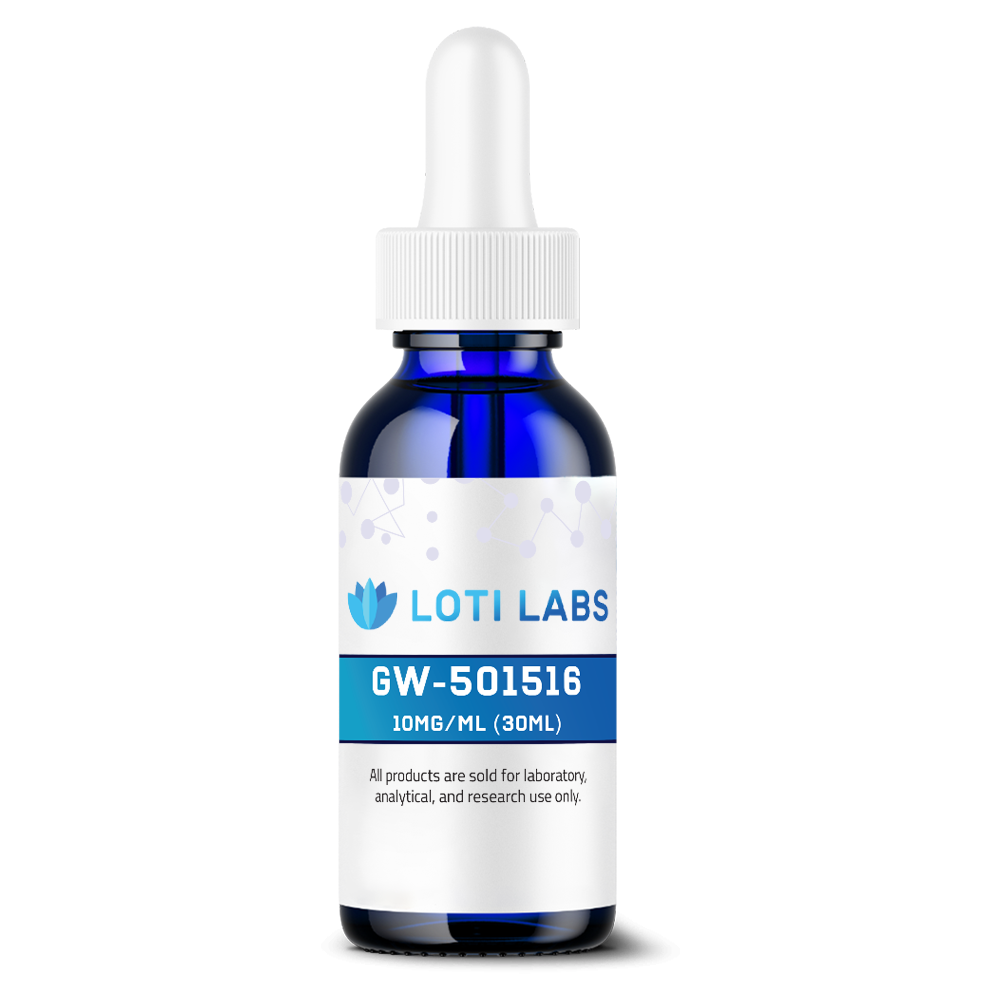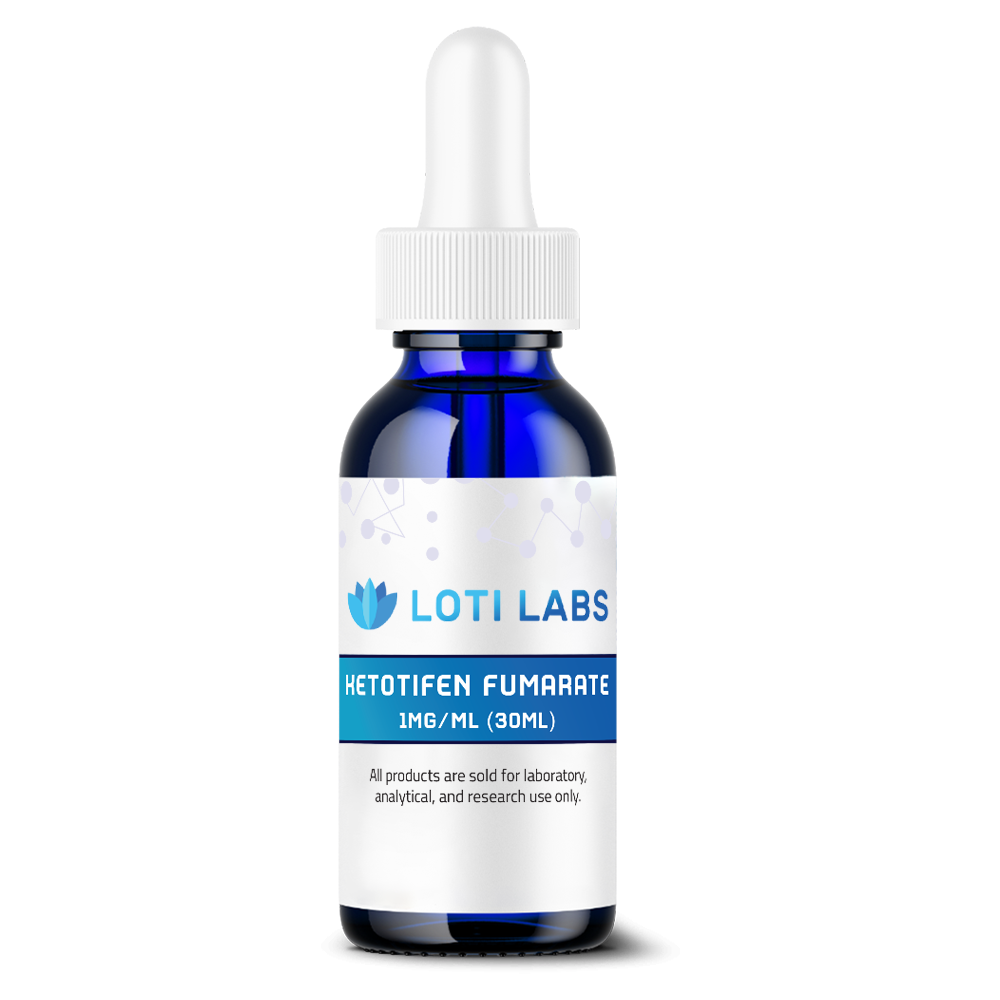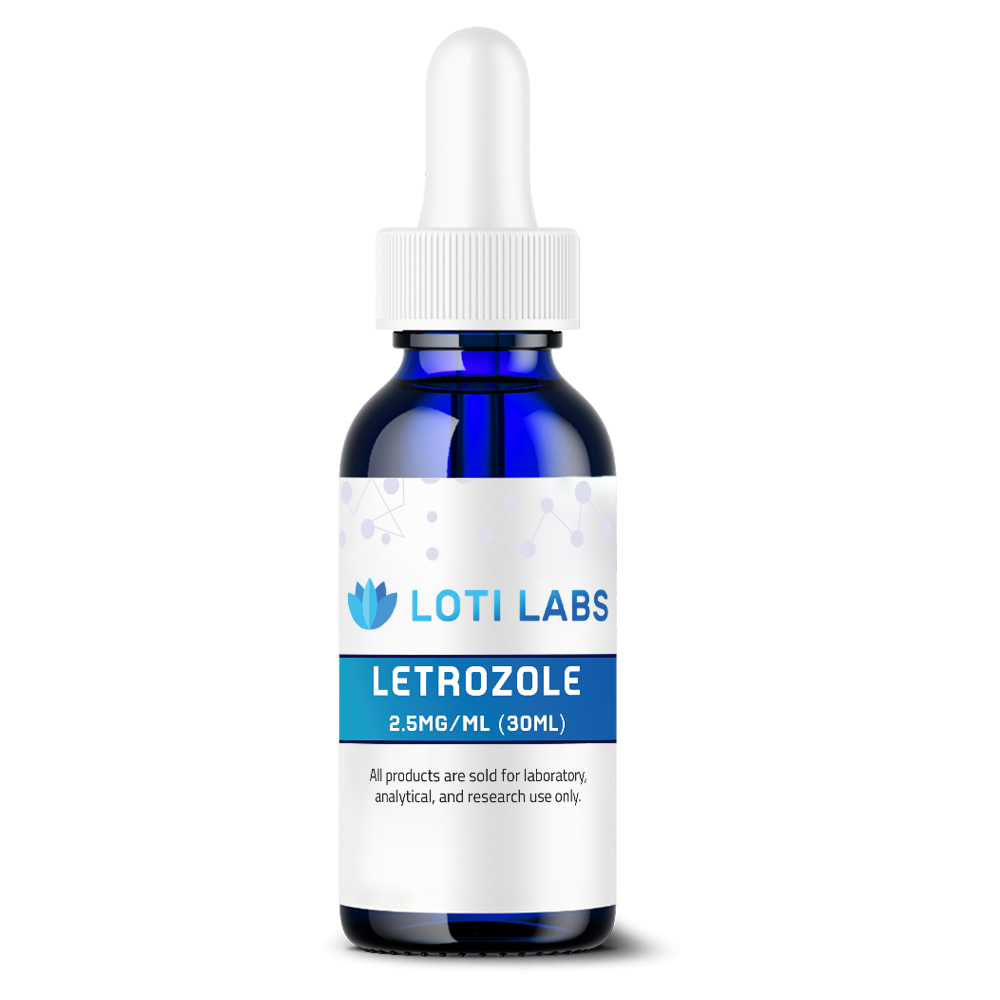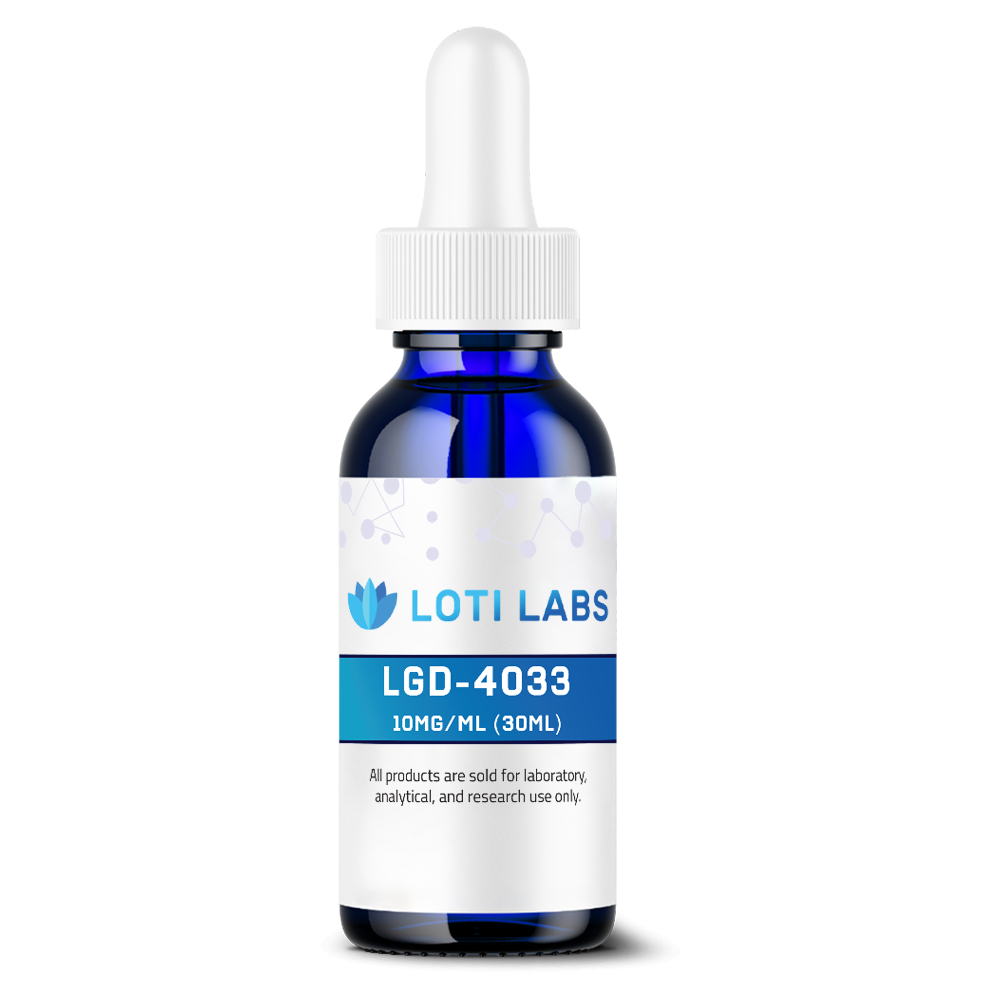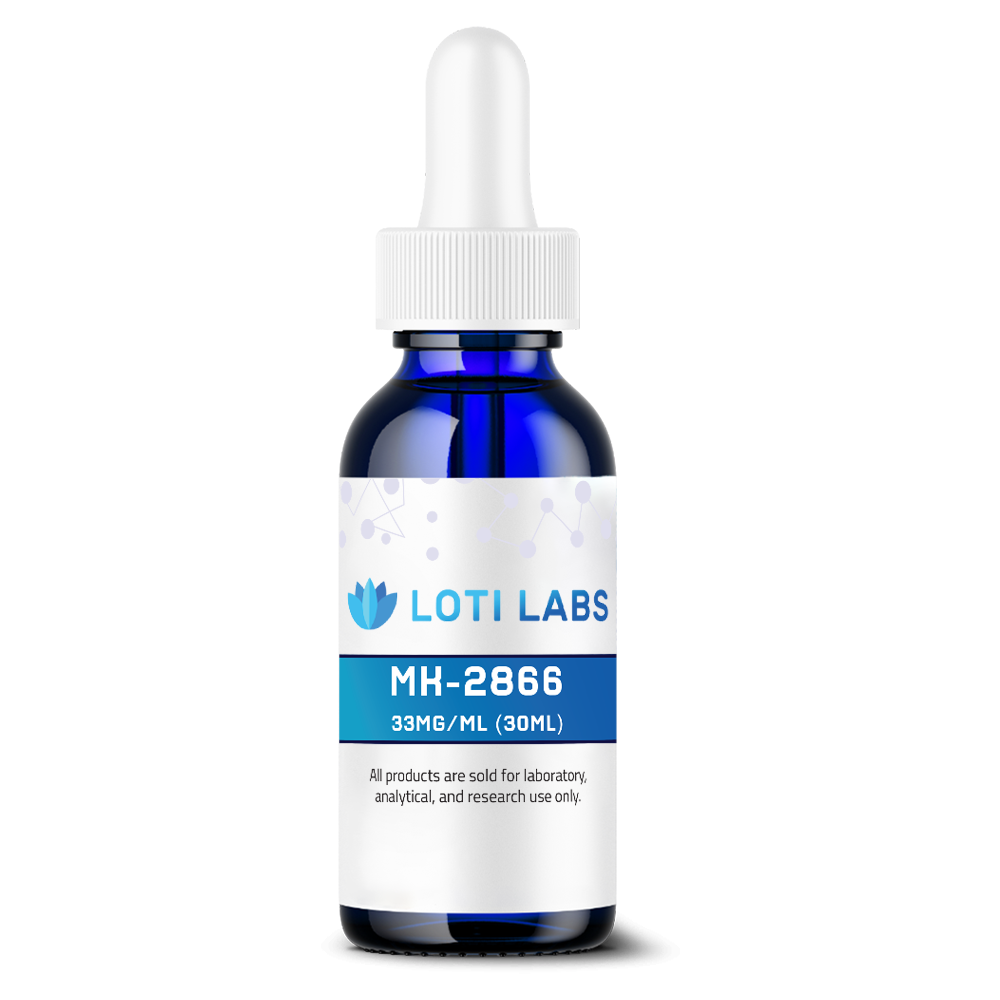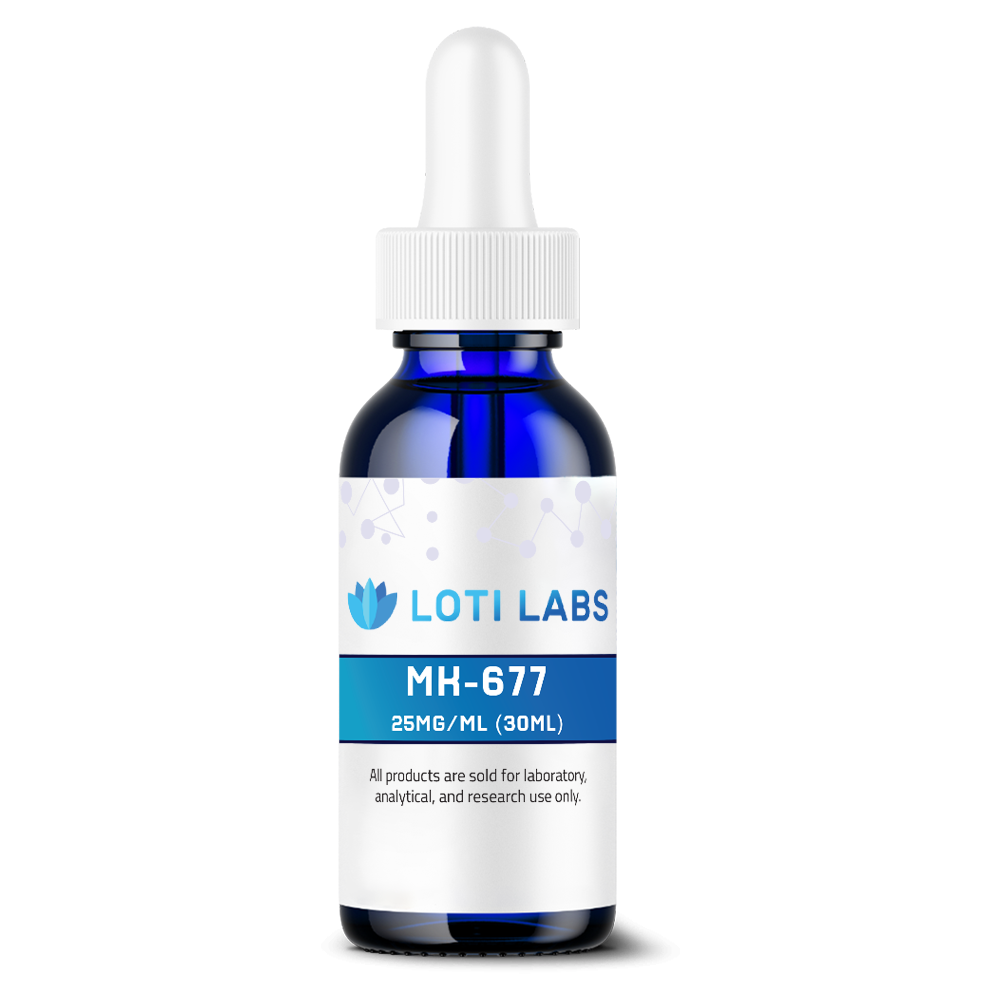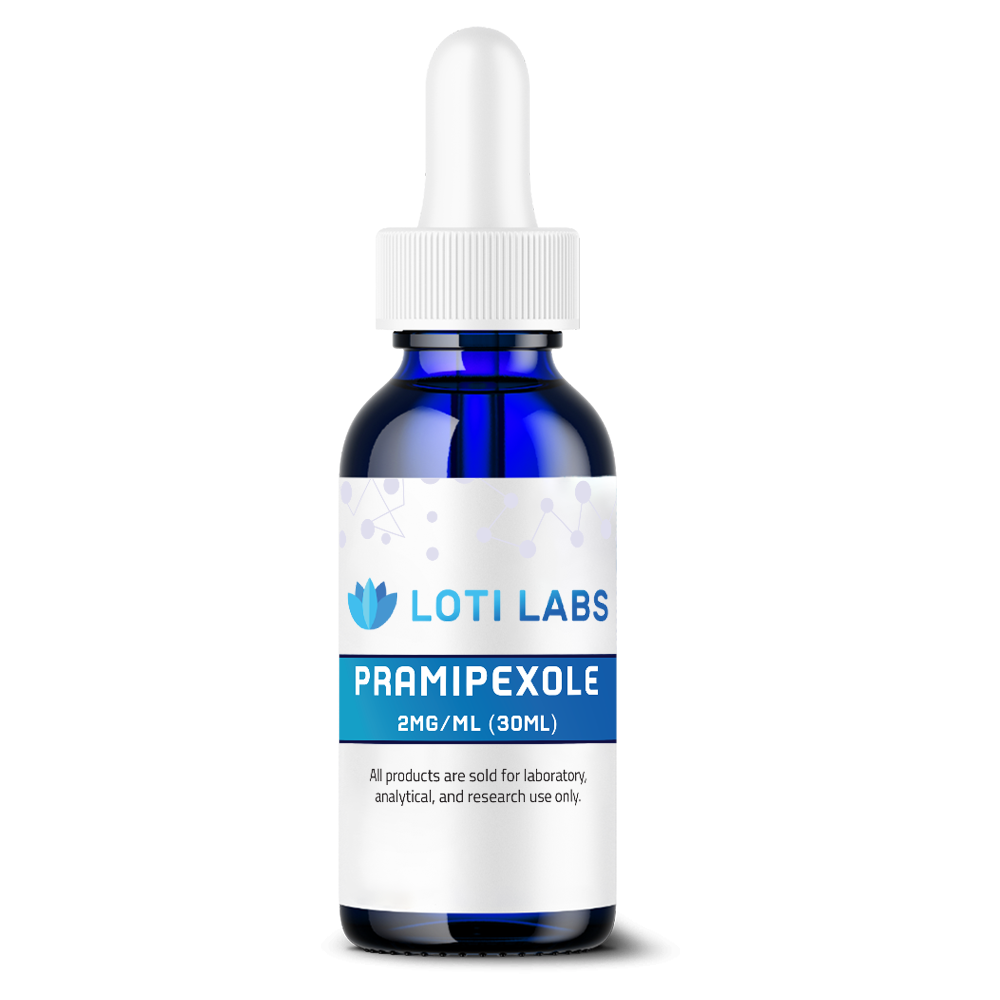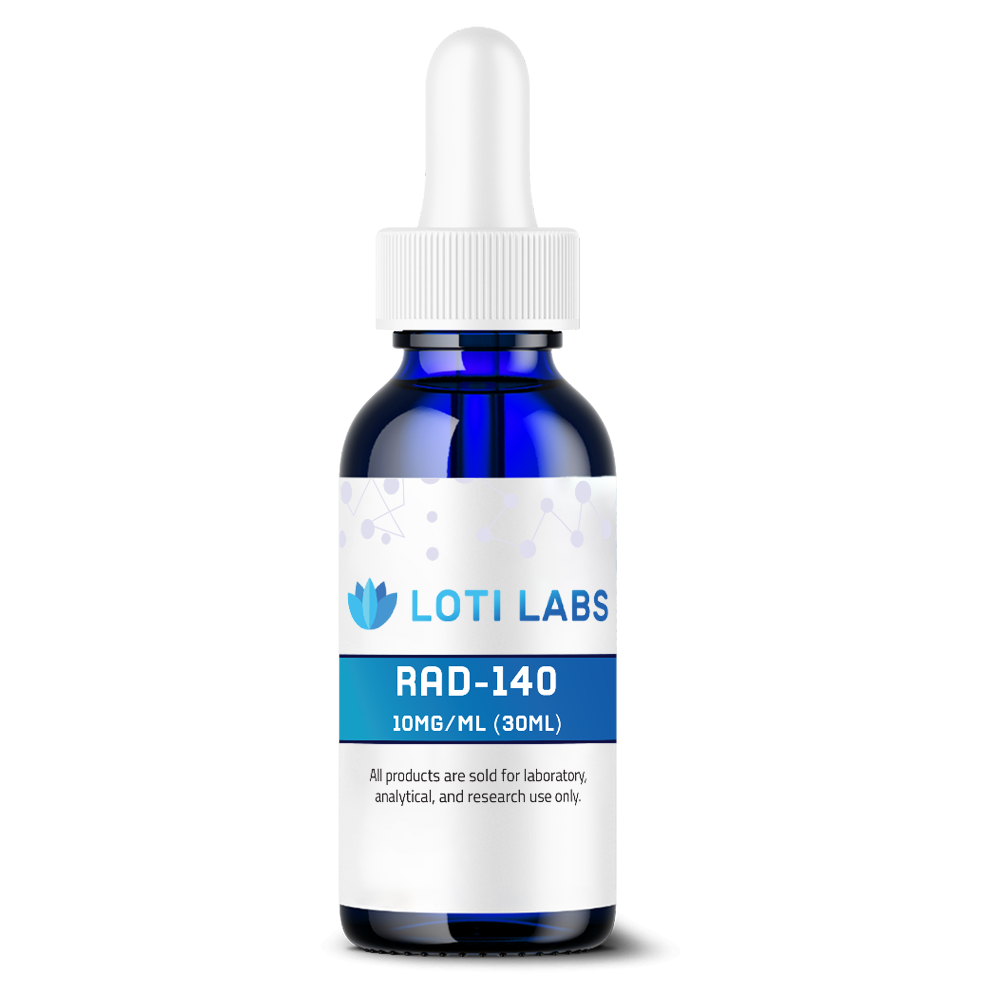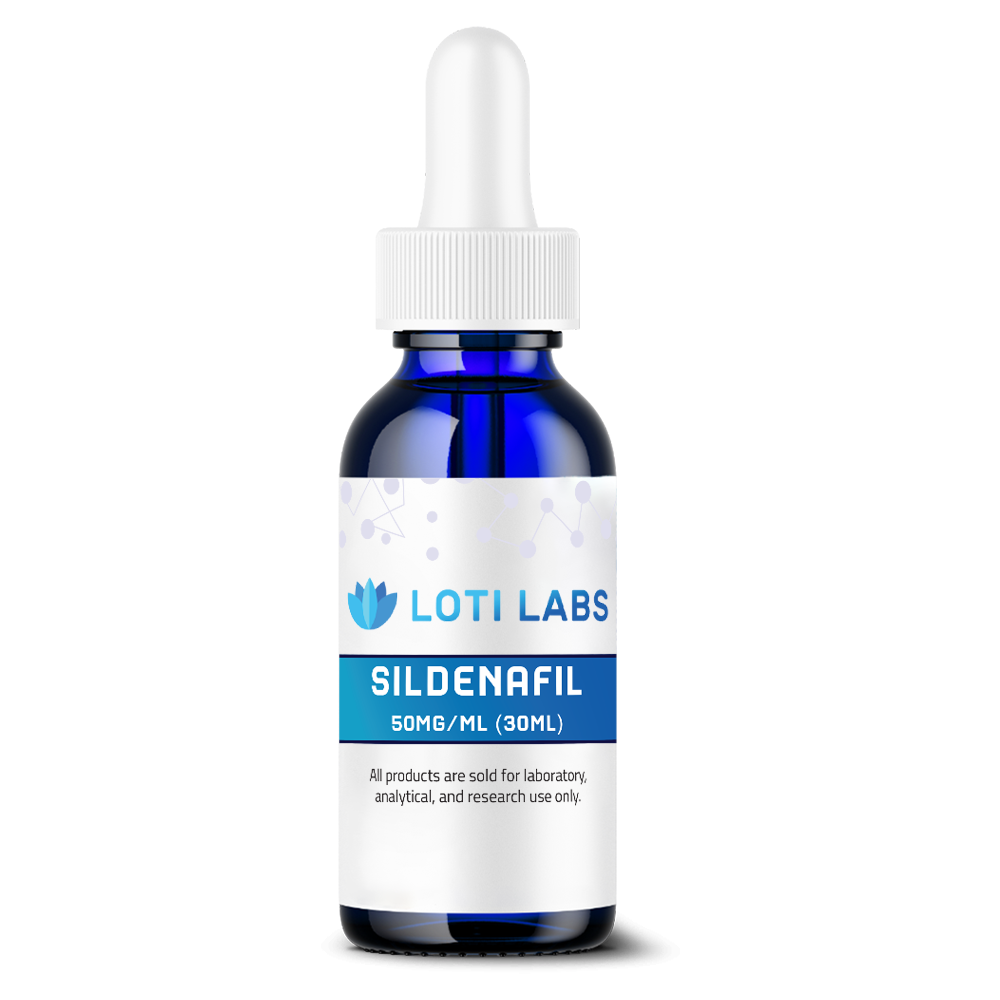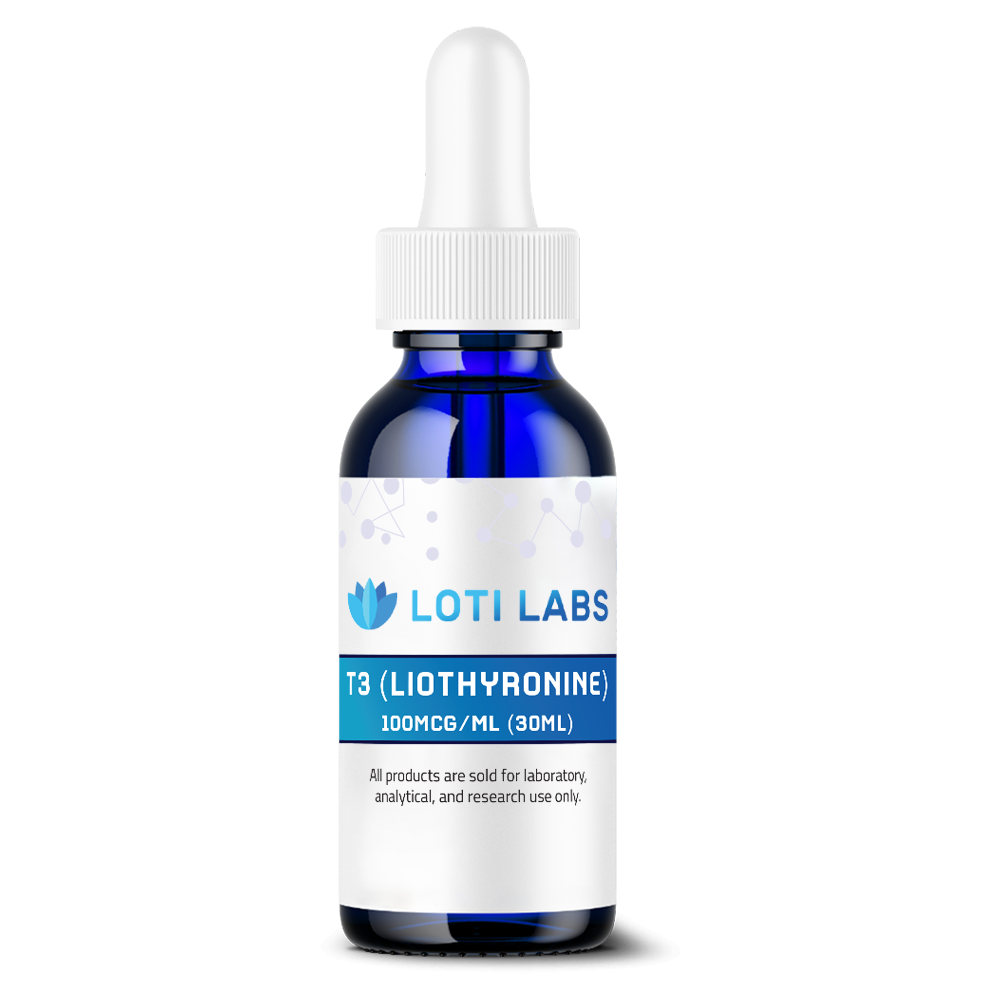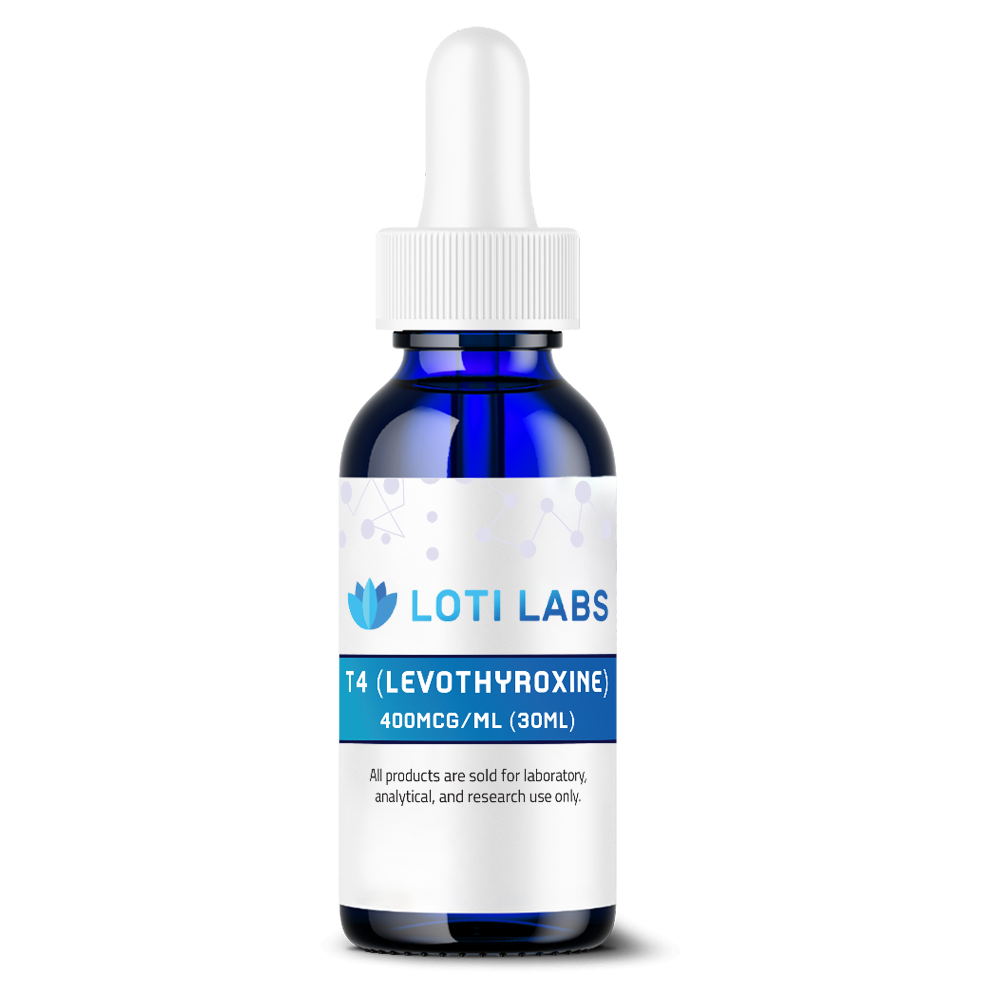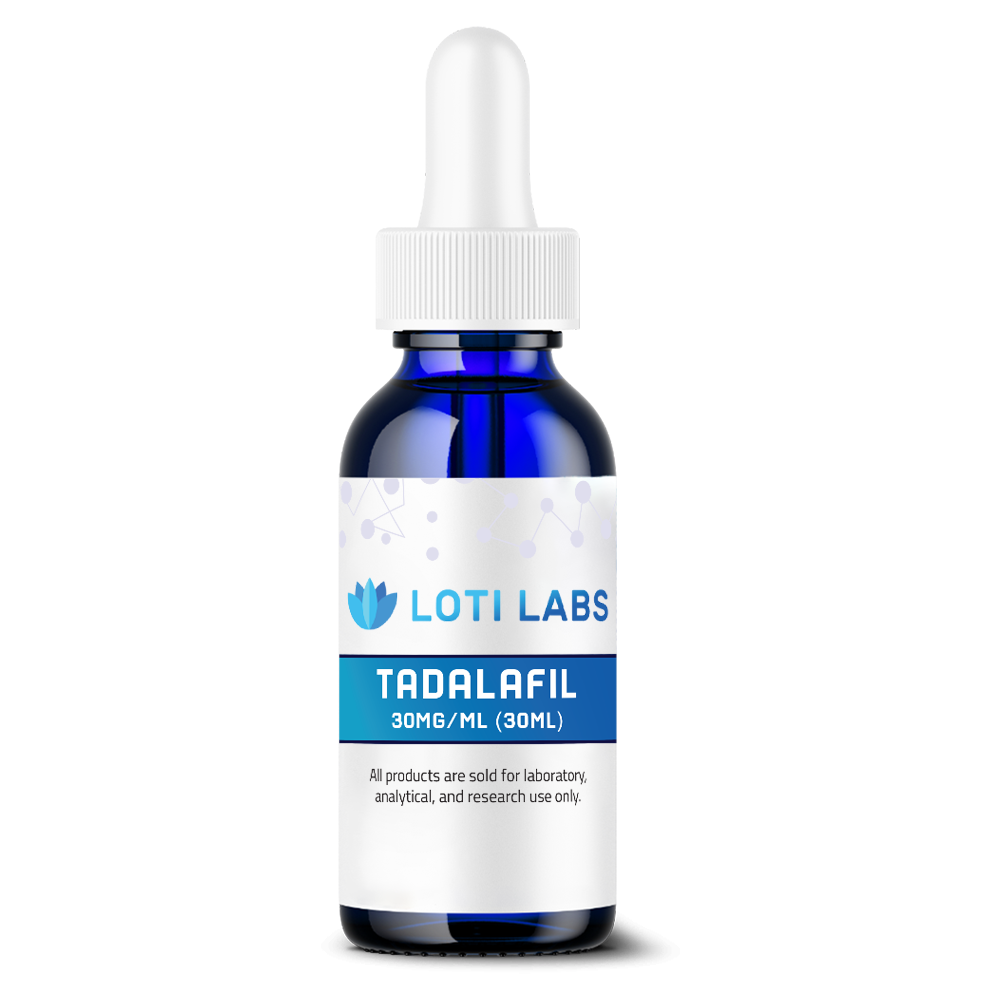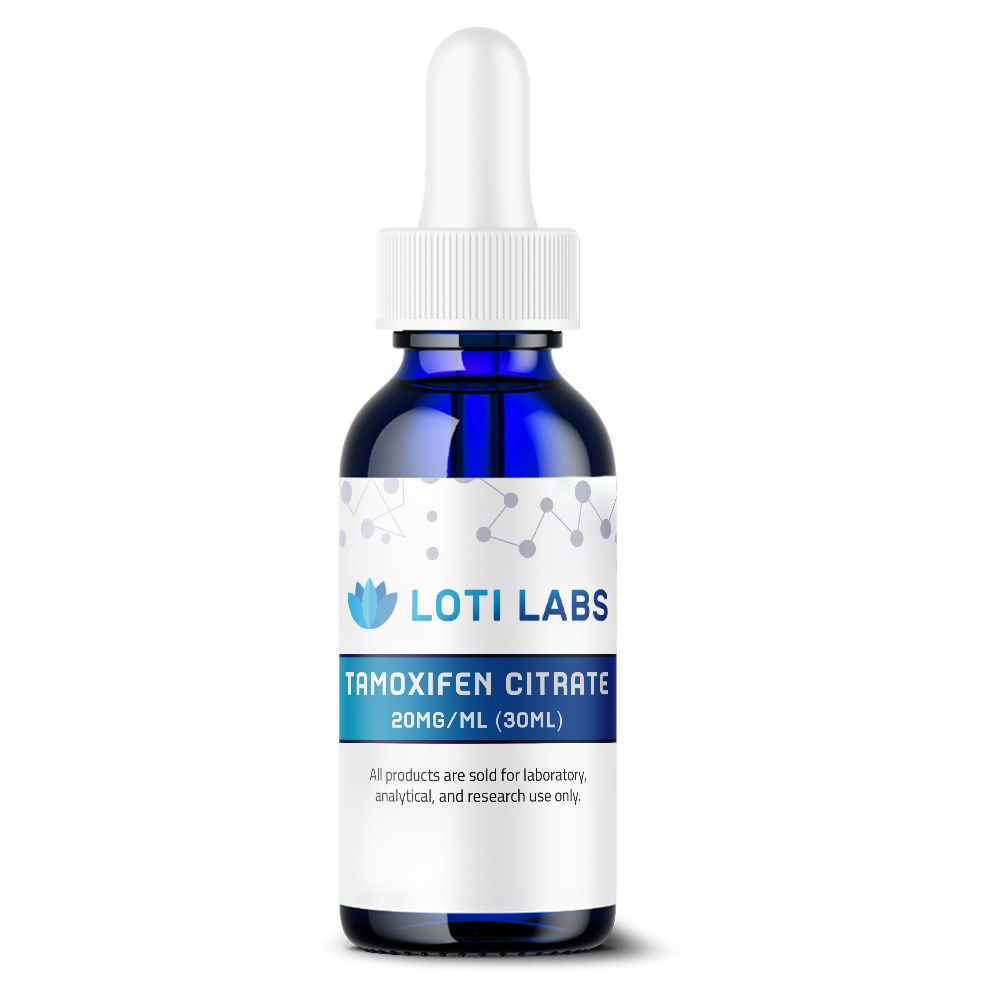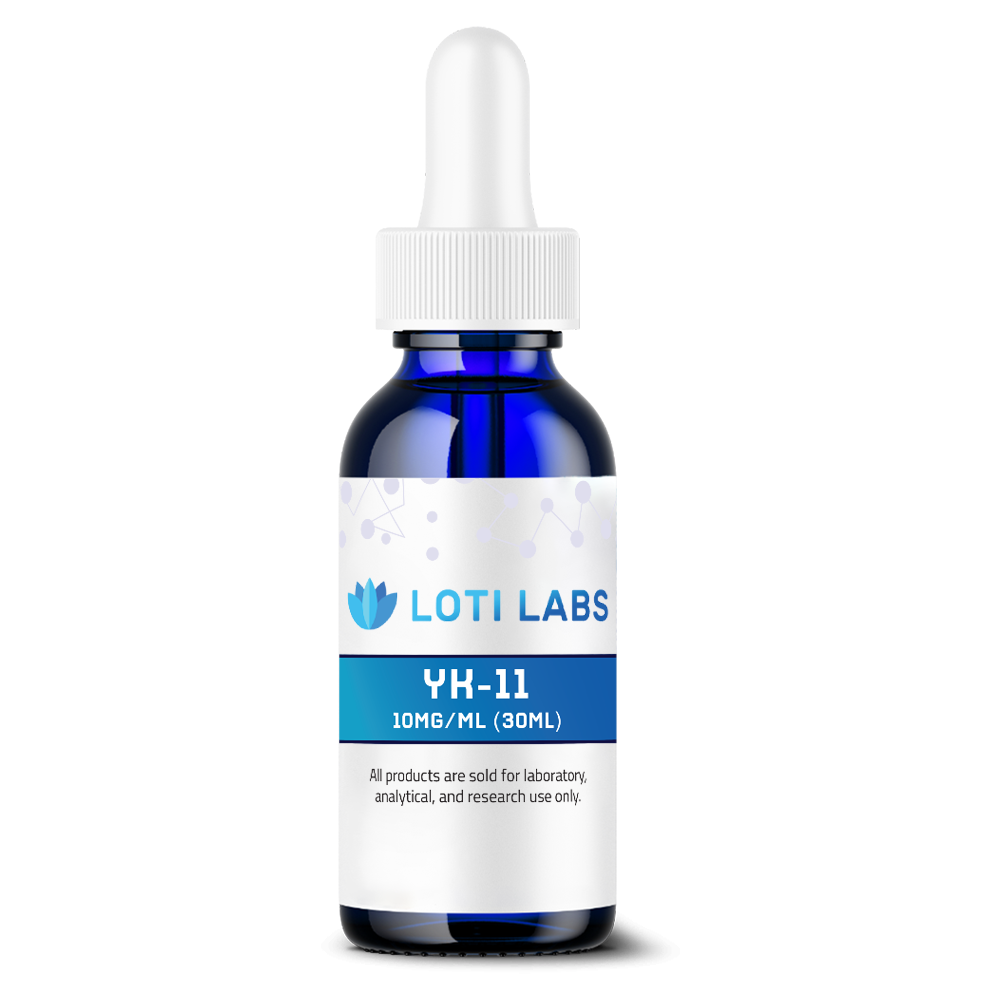-
×
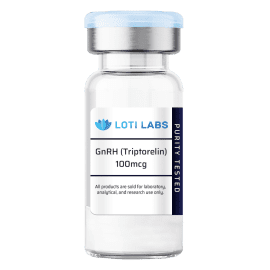 GnRH (Triptorelin) 100mcg
1 × $29.99
GnRH (Triptorelin) 100mcg
1 × $29.99
Epitalon 10mg
$49.99
You save
This product is intended as a research chemical only. This designation allows the use of this chemical strictly for in-vitro laboratory testing and experimentation. Human or veterinary use is strictly forbidden. This product is not a drug, food or cosmetic and may not be misbranded, mislabeled or misused as such.
Description


Buy Epitalon | Complete Research Guide and Technical Specifications
Epitalon is the hot spot in modern aging and longevity research, attracting scientific attention for its unique molecular properties and lab applications. This synthetic tetrapeptide is a tool for researchers to study cellular aging, telomere maintenance and circadian rhythm regulation. Understanding its molecular structure, research applications and handling requirements is crucial for labs that want to add this compound to their protocols.
Research shows that epitalon primary function is to stimulate telomerase activity in cell models, making it very useful for aging and longevity research. The compound is derived from pineal gland peptides so it’s unique in neuroendocrine regulation studies and synthetic so it’s reproducible in lab.
Molecular Structure of Epitalon
Epitalon is a synthetic tetrapeptide composed of 4 amino acids in the sequence ala glu asp gly. This specific amino acid sequence H-Ala-Glu-Asp-Gly-OH determines the biological effects and lab applications of the compound.
| Property | Value |
|---|---|
| Amino Sequence | H-Ala-Glu-Asp-Gly-OH |
| Molecular Formula | C₁₄H₂₂N₄O₉ |
| Molecular Weight | 390.35 g/mol |
| PubChem CID | 9832404 |
| CAS Number | 307297-39-8 |
The molecular mass of 390.35 Dalton makes epitalon suitable for various analytical techniques like HPLC and MS. Lab studies consistently confirm the non glycosylated polypeptide chain structure through rigorous testing protocols.
Mechanism of Action
Epitalon works primarily through telomerase production stimulation in cell models. As cells divide during normal lab culture conditions, telomeres naturally shorten. Research shows that this synthetic pineal peptide epitalon can influence telomerase activity and potentially affect cellular aging at molecular level.
The compound’s mechanism goes beyond telomere maintenance to regulate gene expression related to cellular stress responses. Findings show that epitalon increased gene expression related to DNA repair mechanisms and circadian rhythm regulation in lab models. Studies show that the peptide can stimulate melatonin synthesis through its interaction with pineal gland cellular pathways, making it useful for research on disrupted circadian rhythms and sleep disorders.Lab studies show that epitalon effects on protein synthesis and cellular regeneration occur through multiple pathways. The existing research shows that this synthetic tetrapeptide influences neuroendocrine regulation and cortisol secretion in experimental models.
Research Studies and Applications
Many studies have been done on epitalon across various research areas. Most of the studies from specialized research institutions have focused on several key areas of research.
Aging and Longevity Research
Lab studies show significant lifespan increase in experimental models, some studies reported up to 27% increase in female mice. These findings suggest potential applications for understanding the fundamental aging process. Research on fruit flies and other model organisms have similar results, so it’s cross-species applicable for aging research.
The compound’s ability to lengthen telomeres makes it very useful for cellular level research. Studies on aged female mice showed promising results in maintaining cellular integrity and function throughout extended experimental periods.
Cancer Prevention Research
Research shows that epitalon treatment in lab models correlated with reduced spontaneous tumor incidence. Studies showed that the compound decreased spontaneous mammary gland tumor development and ovarian tumor development in experimental animals. These findings suggest potential applications for understanding spontaneous carcinogenesis and developing prevention strategies.
Studies on spontaneous tumors showed that regular epitalon administration in research models can significantly reduce tumor formation rates, making it a useful tool for cancer prevention research protocols.
Circadian Rhythm and Sleep Research
The synthetic pineal peptide epitalon has significant potential for regulating circadian rhythms in lab studies. Research shows that the compound can restore disrupted circadian rhythms through its effect on melatonin synthesis. Lab studies showed that epitalon treatment can address circadian rhythm disruption in experimental models especially those mimicking age related conditions.
Studies on cognitive function in research models showed that proper circadian rhythm maintenance through epitalon treatment may support overall neurological health in experimental settings.
Cellular and Molecular Research
At cellular level, epitalon has multiple biological effects that makes it useful for various research applications. Lab studies showed enhanced protein synthesis and improved cellular regeneration in treated culture medium preparations.
The compound’s effect on telomerase activity makes it very useful for age related diseases and their underlying molecular mechanisms. Research showed that epitalon treatment can maintain cellular function even as experimental models undergo normal aging process.
Storage and Safety Protocols
Proper storage protocols will keep epitalon molecular integrity for future use in lab applications. The lyophilized powder form is optimal when stored desiccated under controlled conditions.
Storage Requirements
Short-term storage: Epitalon lyophilized powder is stable at room temperature for up to 3 weeks under desiccated conditions.
Long-term storage: For extended periods store below -18°C in desiccated conditions to prevent degradation.
Reconstituted solutions: After reconstitution epithalon should be stored at appropriate temperatures and concentrations above 100 µg/ml to maintain stability.
Reconstitution Guidelines
When using epitalon in experiments, researchers should:
- Use sterile water or other aqueous solutions for reconstitution
- Maintain concentrations above 100 µg/ml for optimal stability
- Add carrier protein for extended storage of reconstituted solutions
- Prevent freeze thaw cycles which can compromise peptide integrity
- Store reconstituted solutions properly for experimental timelines
These protocols will give you consistent results and maintain compound integrity throughout your research.
Why Buy from Loti Labs
Loti Labs provides full support for researchers who want to buy epitalon for their lab research. We are committed to quality and science so we are the preferred supplier for aging and longevity research.
Quality and Documentation
Each epitalon purchase includes product specifications and handling instructions for proper lab use. We provide full batch tracking documentation so you can keep experimental records and reproduce across studies.
Our technical support team can guide you on storage requirements and experimental conditions. This is especially helpful for labs new to peptide research or need specific application guidance.
Third-Party Testing and Verification
Every batch is tested by third-party using HPLC analysis to ensure product purity above 97%. This testing verifies non glycosylated polypeptide chain structure and molecular mass at 390.35 Dalton.
Endotoxin levels are below 1 EU/mg so it’s safe for sensitive cell culture applications without risking experimental contamination. These testing protocols will give you confidence in your experimental materials and support publication quality research.
Research Use Only
All products sold by Loti Labs are for research use only and intended for in-vitro lab testing and experimentation under controlled research conditions.This product is not for human or veterinary use and should not be used outside of regulated research protocols. Researchers must ensure their experimental design complies with institutional guidelines and regulatory requirements for research chemicals.
This product classification as a research chemical allows for use within scientific context while complying with regulations for lab research chemicals.
Shipping
Loti Labs ships same day for orders placed before 1 PM EST Monday through Friday. Orders placed after 1 PM EST or on weekends ship the next business day so you receive your materials promptly for your ongoing research.
Satisfaction Guarantee
We offer 30 day satisfaction guarantee on all products. You can return any unopened product within this timeframe for a full refund. We stand behind our product and customer service.
Technical Specifications for Lab Use
Understanding epitalon’s technical properties will help you design your experimental protocols and get consistent results across your studies. The compound’s molecular structure makes it suitable for various analytical and experimental applications.
Analytical Properties
The molecular formula C₁₄H₂₂N₄O₉ gives you the information you need for analytical method development and validation. The specific molecular mass allows for precise quantification using mass spectrometry and other analytical techniques.
The amino acids sequence (Ala-Glu-Asp-Gly) determines the compound’s behavior in different experimental conditions and its interactions with other research materials.
Experimental Considerations
More research is needed to determine optimal experimental conditions for epitalon use. Lab studies show that concentration, timing and experimental model selection affects research outcomes.
You should consider the compound’s effect on telomerase activity when designing aging related studies and its effect on circadian rhythms when designing neuroendocrine research applications.
Summary
Epitalon is a valuable research tool for scientists studying aging, telomere maintenance and circadian rhythm regulation. With its well characterized molecular structure and demonstrated lab results it’s suitable for various research applications on cellular aging mechanisms.
When you buy epitalon from a reputable supplier like Loti Labs you get high quality research chemicals backed by quality assurance and technical support. Our rigorous testing protocols, proper storage and shipping procedures and detailed documentation will give you confidence in your materials and results.More to come as research unfolds. For aging, circadian and cellular aging research labs epitalon is a known compound.
For more information on Epitalon peptide please visit Wikipedia.
| Weight | 0.0099 lbs |
| Appearance | Lyophilized Powder |
| Residue Sequence | Ala-Glu-Asp-Gly |
| Solubility | 100 µg/mL sterile diluent |
| Source | Biosynthetic production |
| Stability | Lyophilized protein is to be stored at -20°C. It is recommended to divide the remaining reconstituted peptide into multiple vials so as to avoid a cycle of freezing and thawing. Reconstituted protein can be stored at 4°C. |
| Molar Mass | 390.35 g/mol |
| CAS Number | 307297-39-8 |
| PubChem | CID 219042 |
| Molecular Formula | C14H22N4O9 |
| MG | 10mg |
| Terms | This product is sold for research/laboratory usage only. No other uses are permited. |
Additional information
| Weight | .03125 lbs |
|---|
